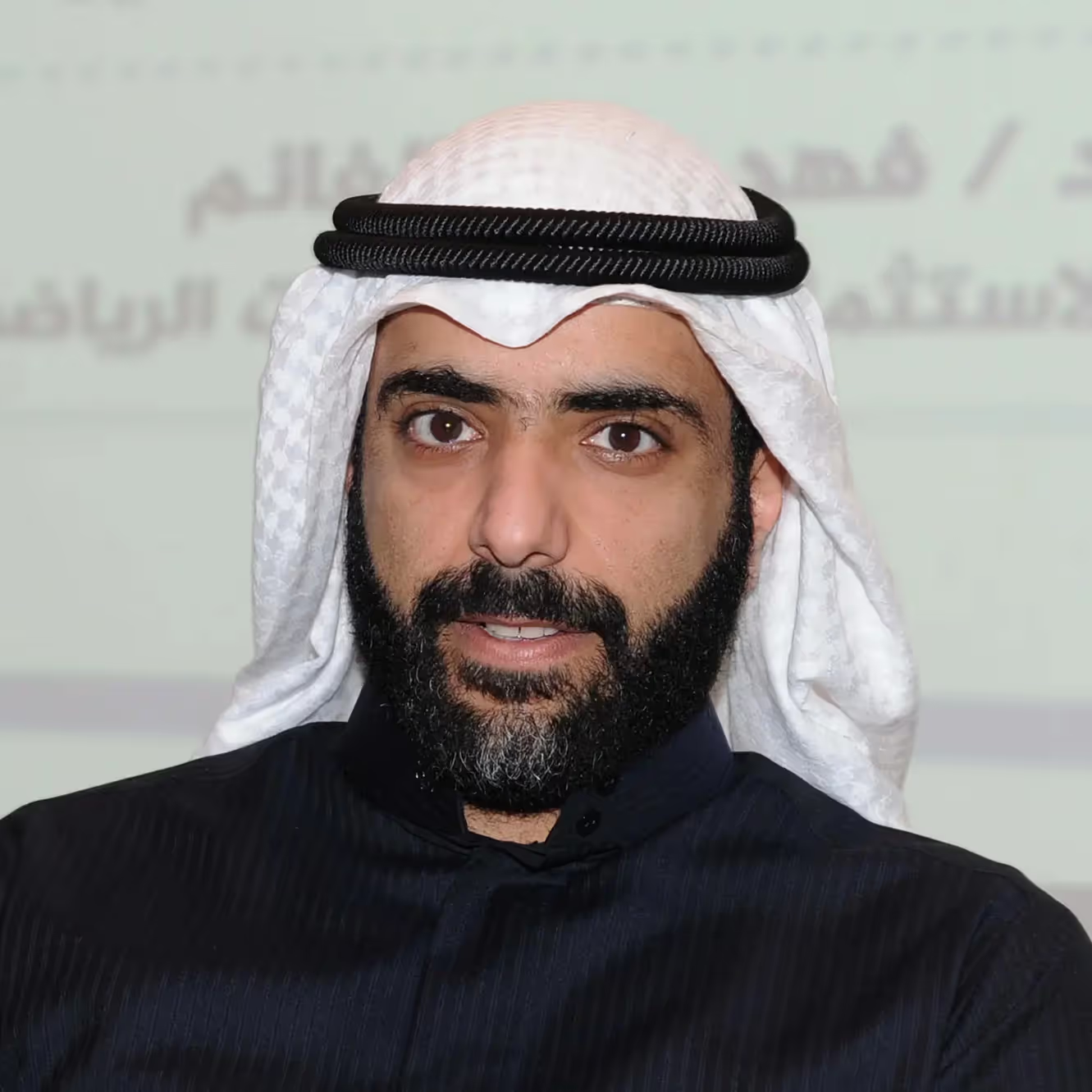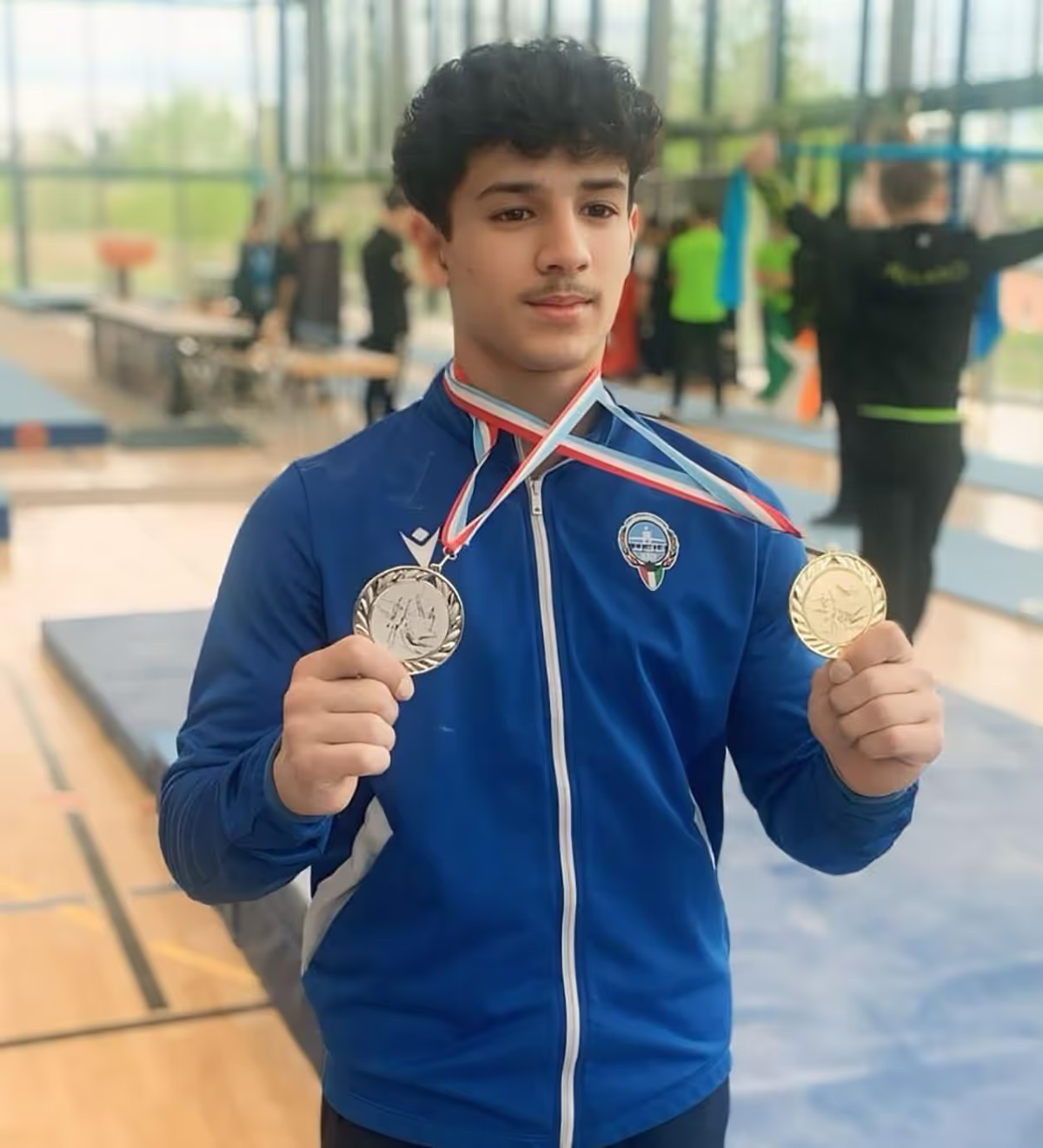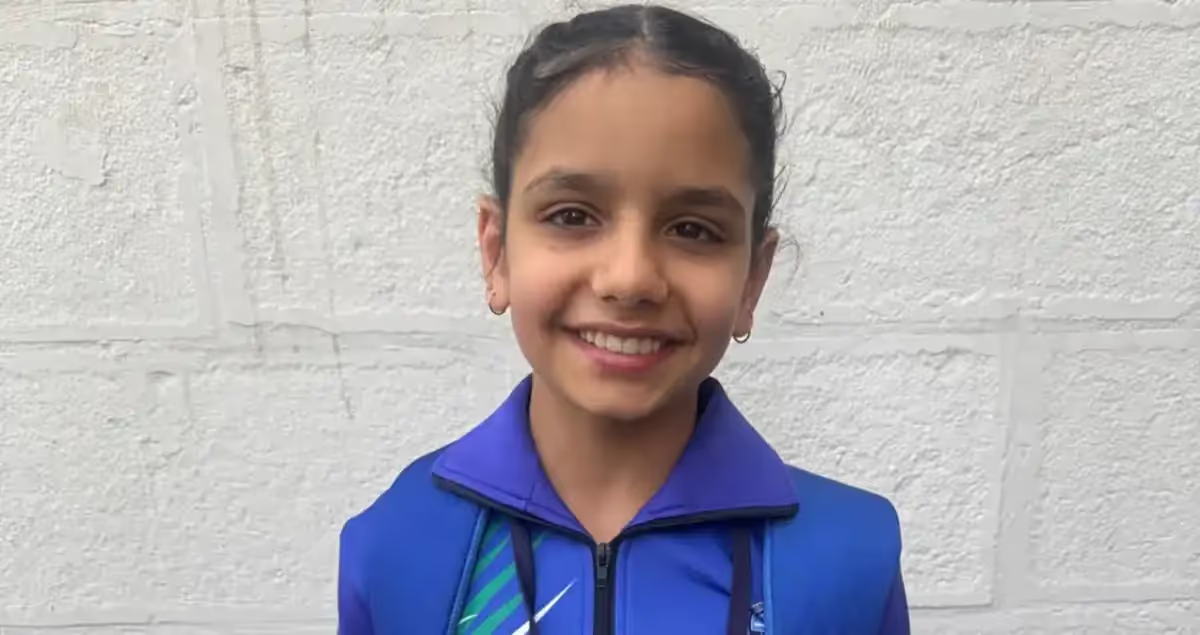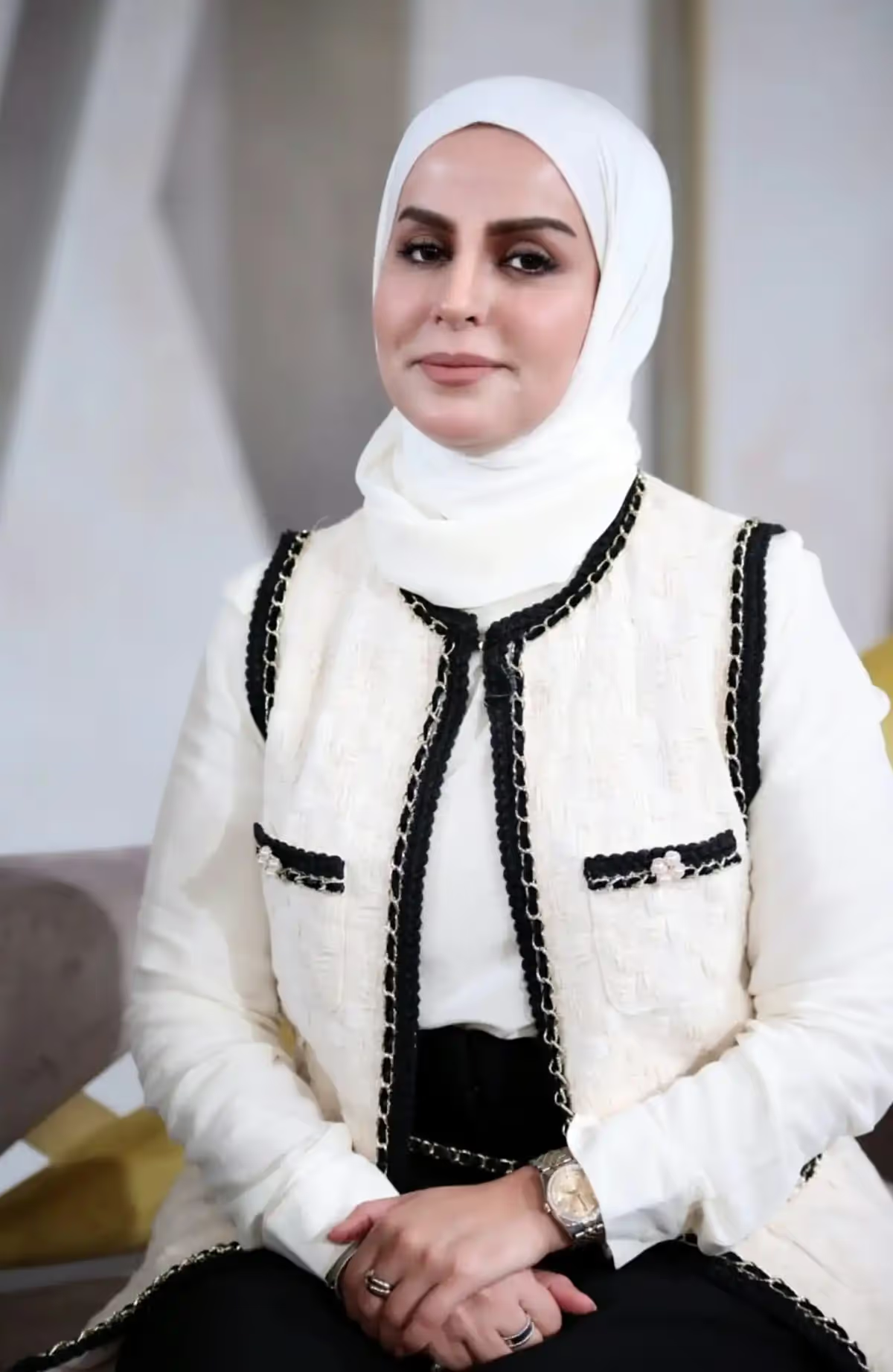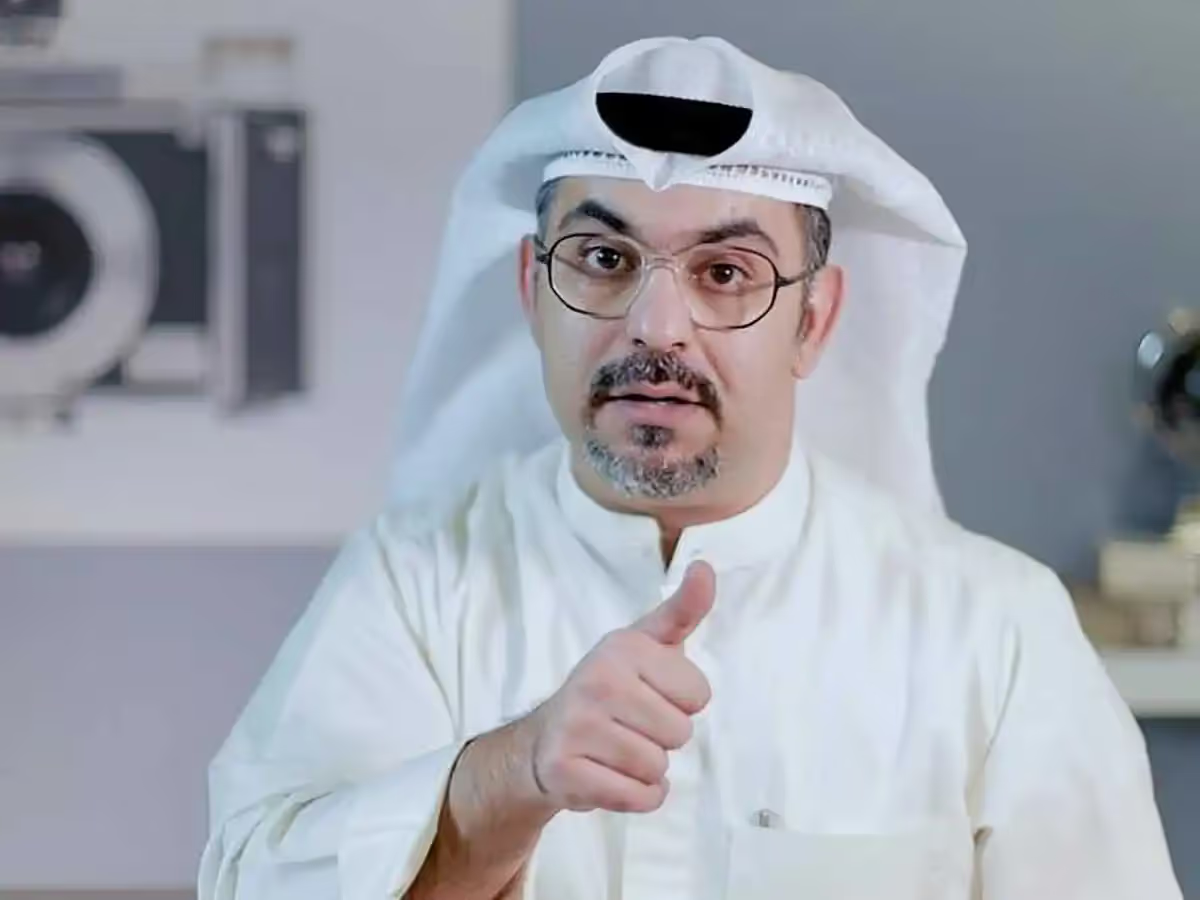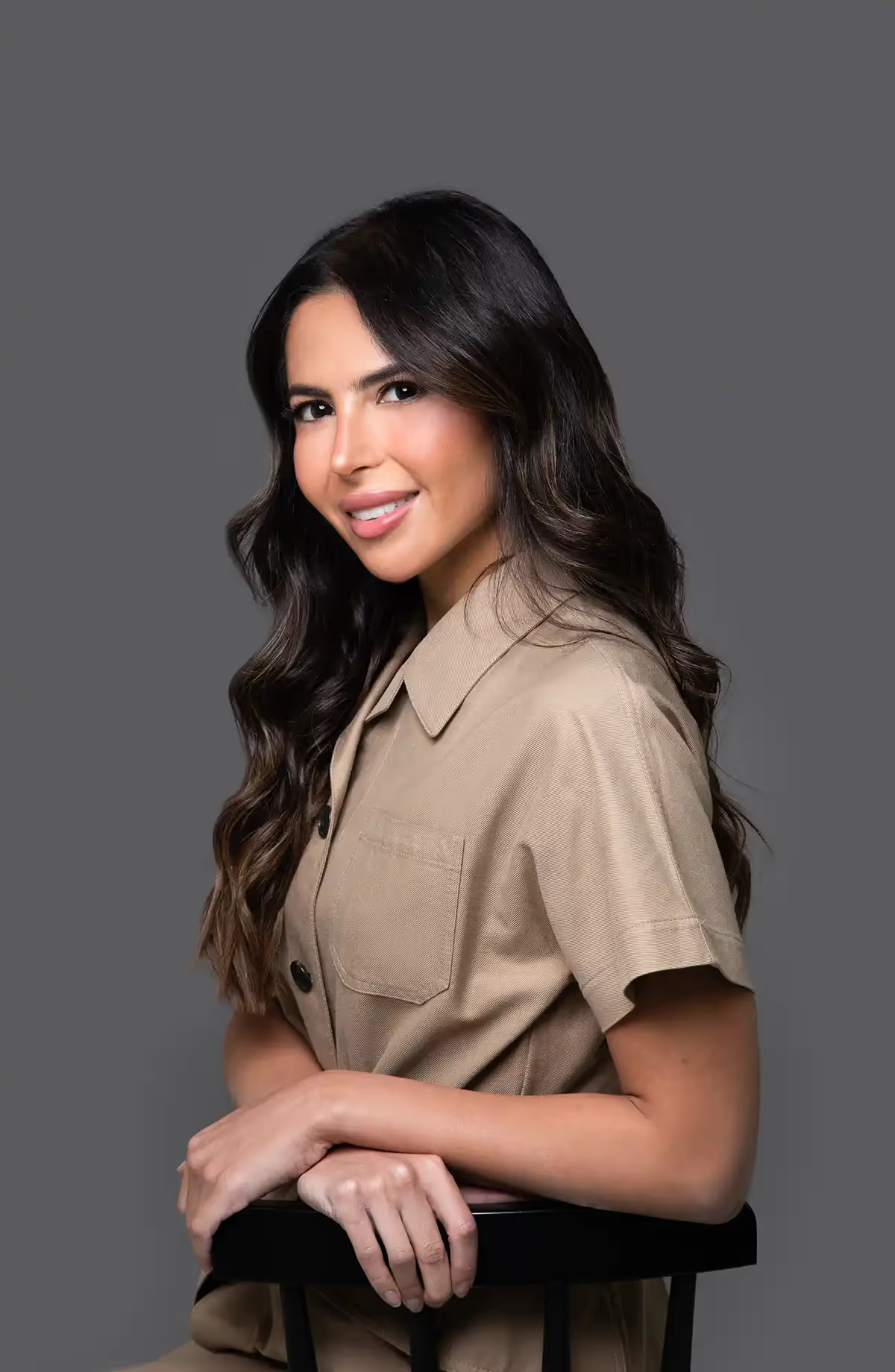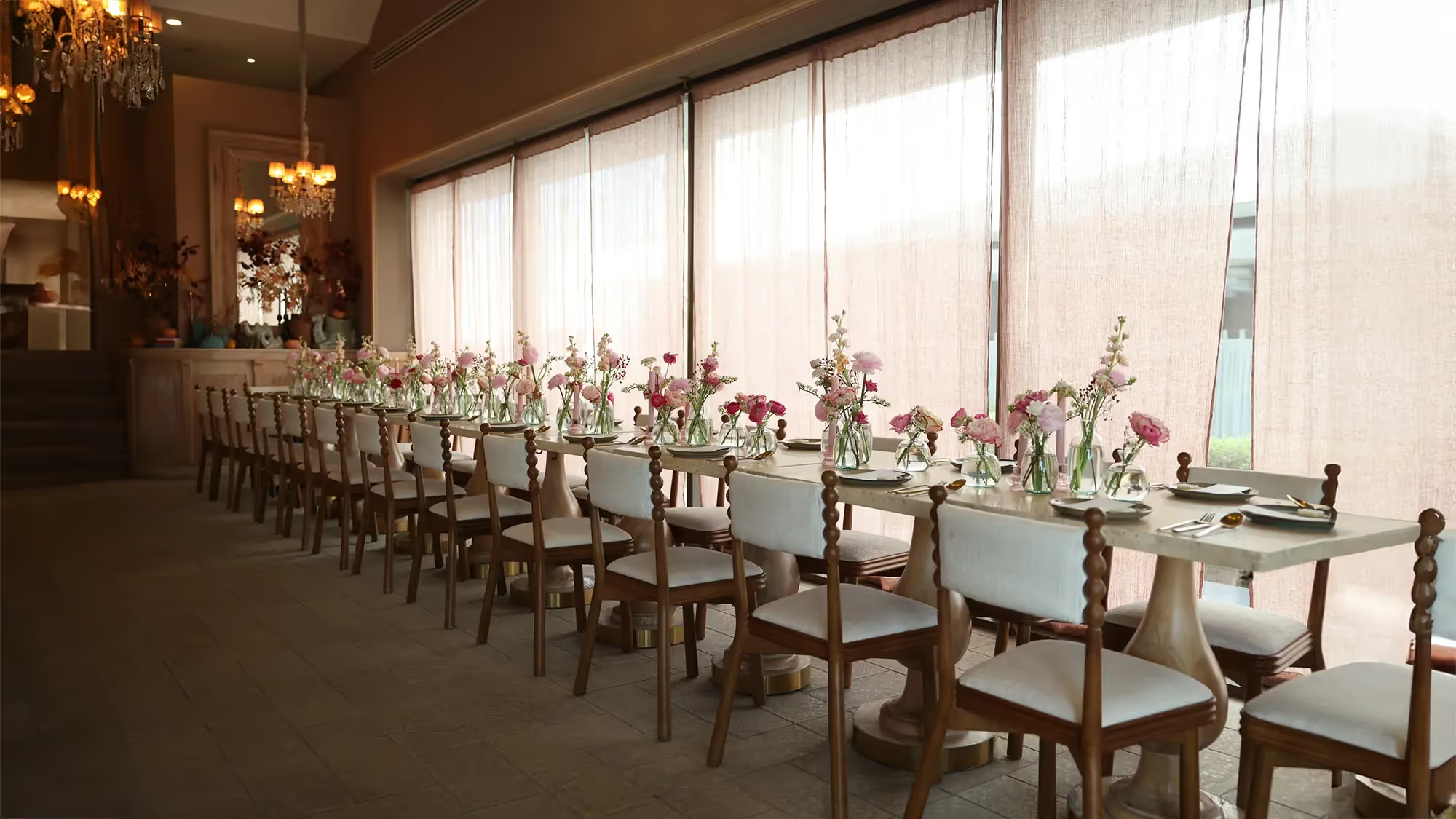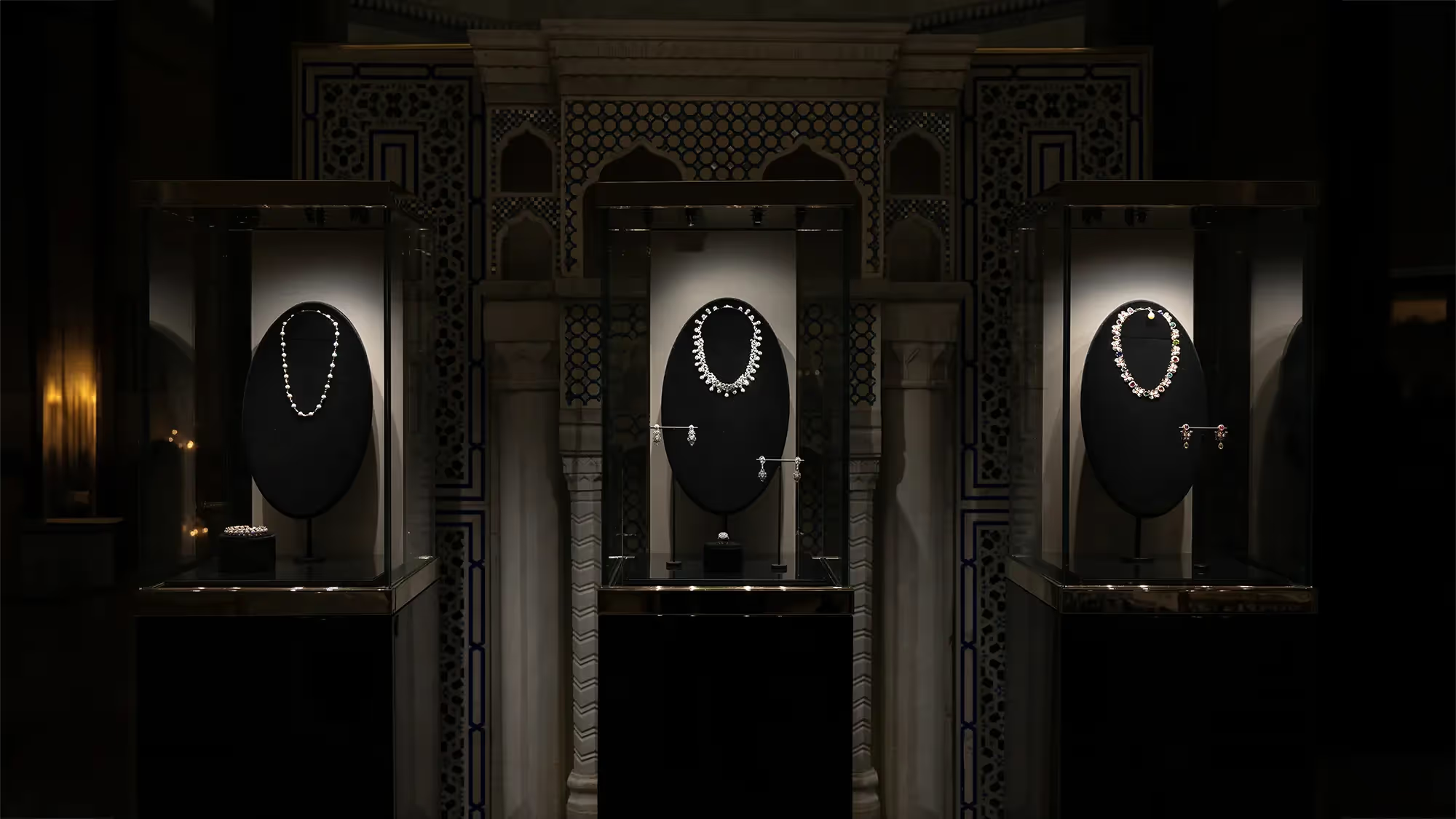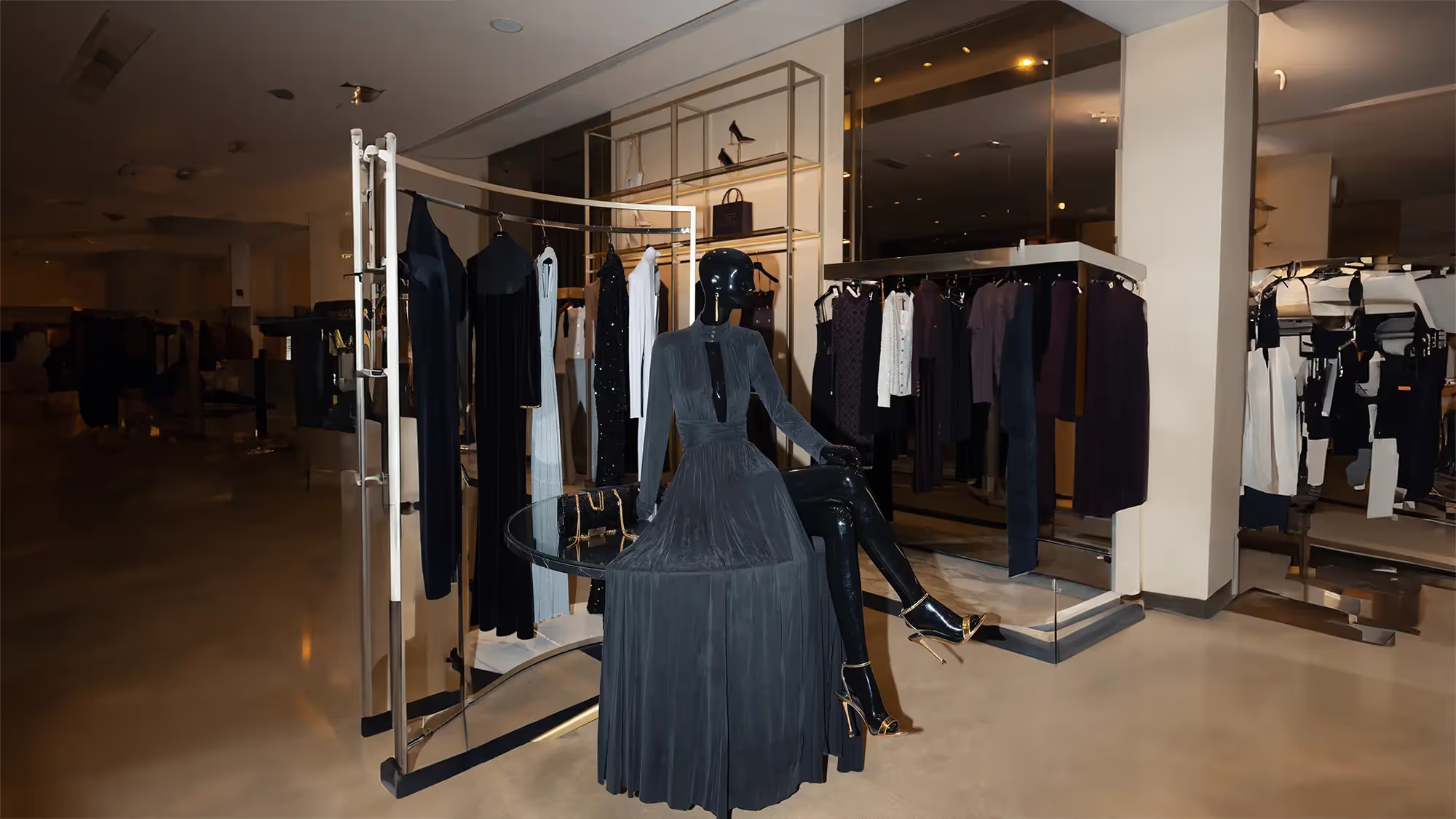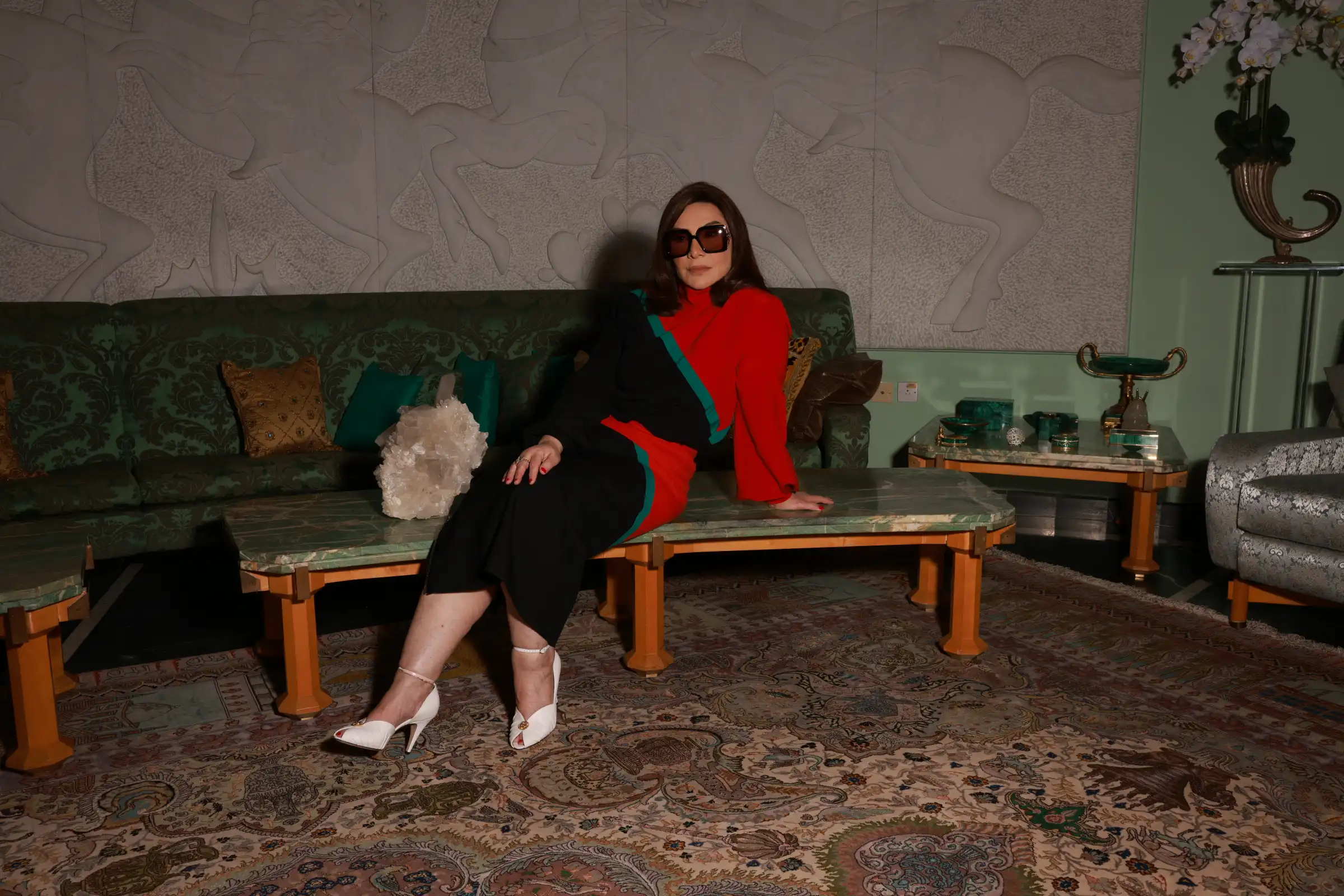Weddings
Oud Hosted by Al-Saad Family

May 27, 2021
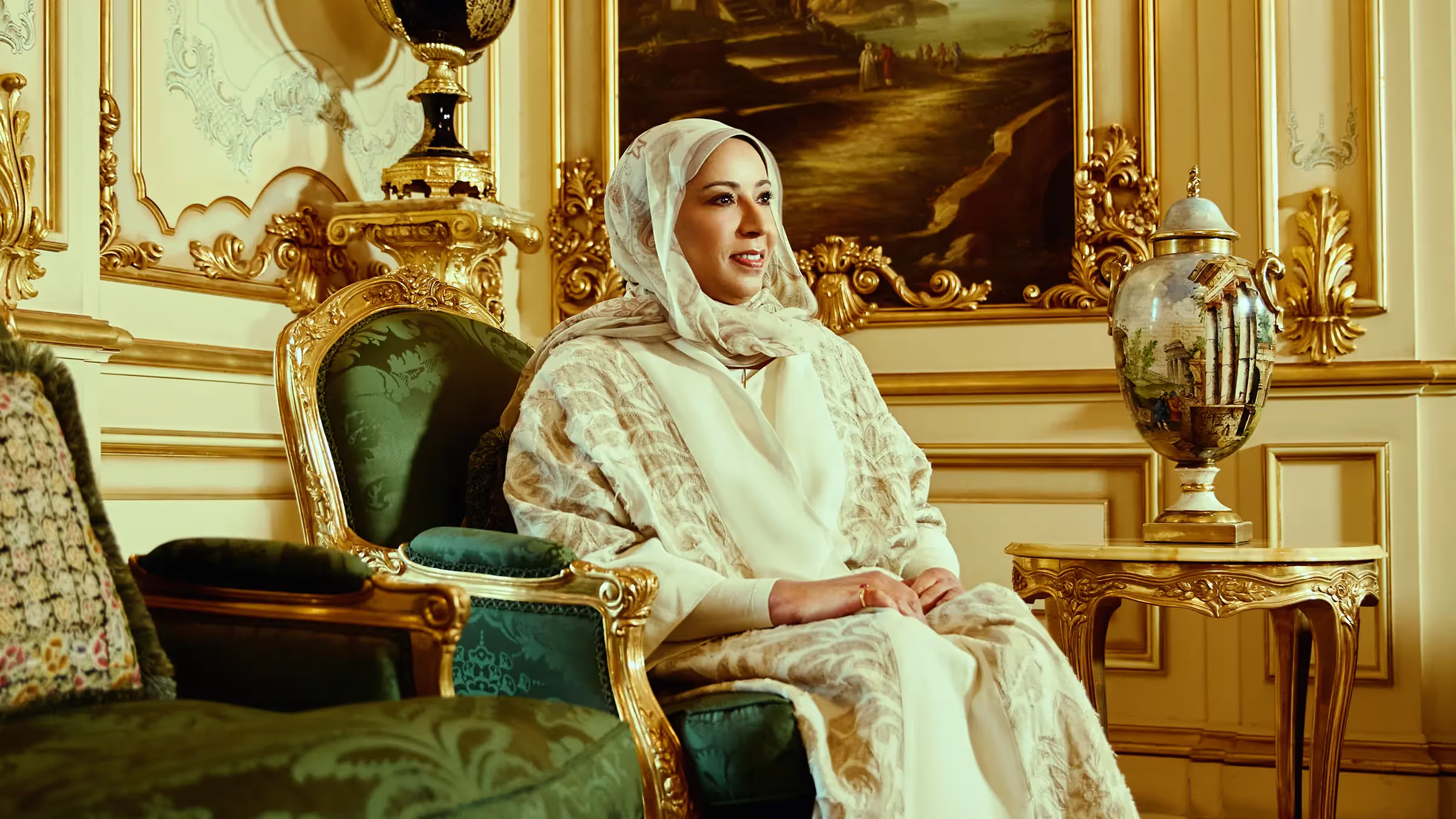

Written by: Noura Al- Swaity, Photographer: Mohammed Jasem, Hair: Cleo Makeup: Charlotte Tilbury
Our interview today is special, unique and exclusive with two distinguished figures who were able, through their efforts in the field of volunteering and community development, to enhance the role of women and empower them, and to spread the culture of volunteer work at the local and regional levels.
We had the opportunity to meet with Sheikha Fadia Saad Al-Abdullah Al-Sabah and her daughter, Sheikha Nabila Salman Al-Hamoud Al-Sabah, in a special place full of the spirit and memories of the beautiful past, which is the Al-Shaab Palace, this masterpiece that blends Arab and Islamic art with European art. The palace carries the memories and attitudes of a man who was appreciated and loved by his people for his devotion and loyalty to his homeland, the Emir, Sheikh Saad Al-Abdullah Al-Salim Al-Sabah, may God have mercy on him.
It is worth noting that for the first-time, filming of a press interview is allowed in the palace, so 3oud.com expresses their thanks and gratitude for this trust. Sheikha Fadia Saad Al-Abdullah Al-Sabah and her daughter Sheikha Nabila Salman Al-Hamoud Al-Sabah received us with overwhelming hospitality and generosity, and this is not surprising from a family known for its generosity and originality.
Sheikha Fadia and Sheikha Nabila insisted on wearing clothes, jewelry, and shoes designed by Kuwaiti women designers for this press interview to highlight the capabilities of creative designers and to support them, believing in their talents.
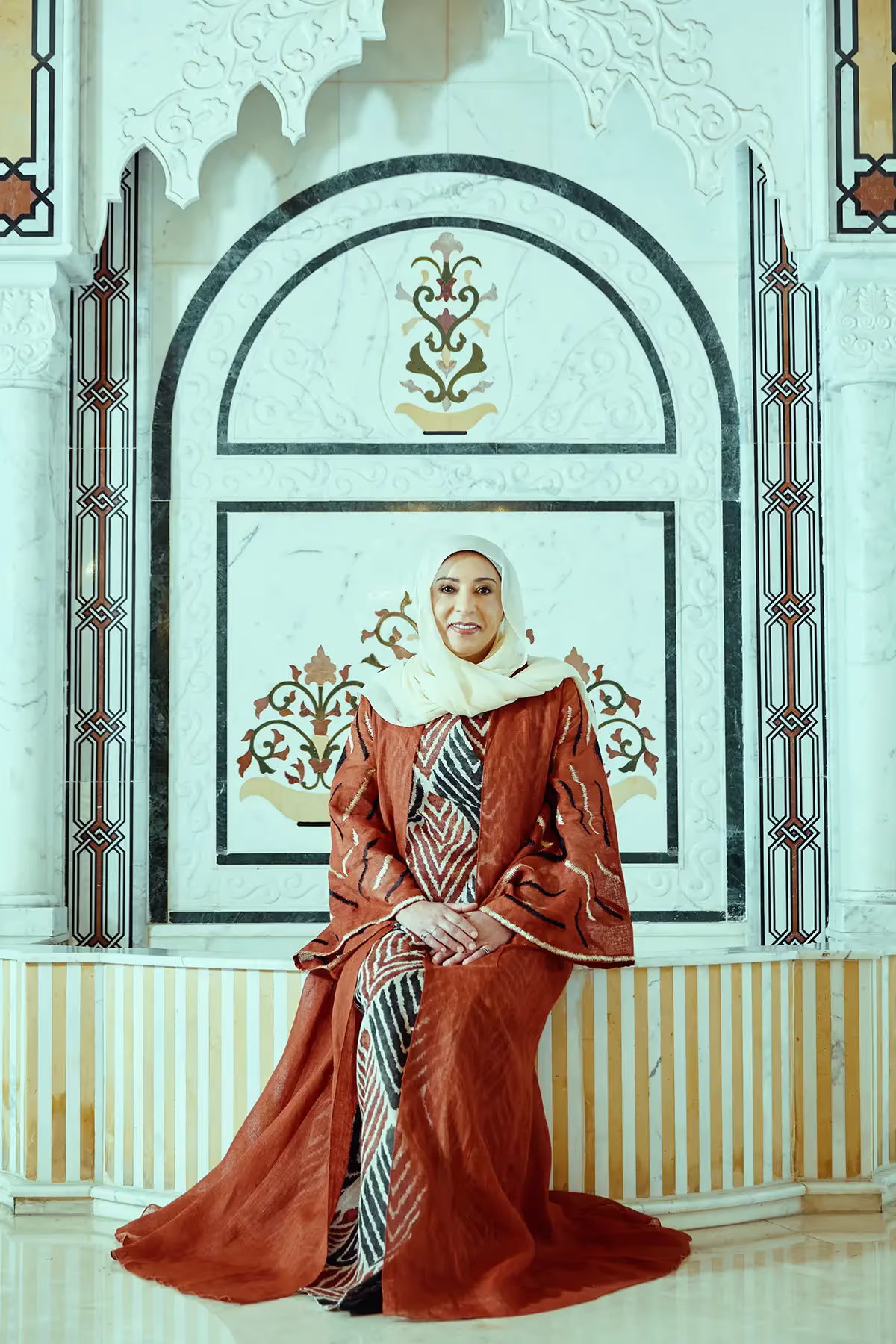
President of the Kuwaiti Women’s Voluntary Association for Community Service and Development and President of the Kuwaiti Federation of Voluntary Women’s Associations, as well as the Al-Saad Foundation for Knowledge and Scientific Research. What prompted Sheikha Fadia Saad Al-Abdullah Al-Sabah to dedicate her life to this volunteer work?
Sheikha Fadia
At the beginning of my interests in everything related to public affairs, I was influenced by the wisdom and leadership of my father, may God have mercy on him. He was a statesman with decisive and firm opinions and attitudes. The role of my mother, may God preserve her, had also a great impact on the formation of my humanitarian and charitable personality. She was a pioneer in volunteer work and an initiator in women's volunteer work in Kuwait. I was raised in an environment that urges giving and devoting to the homeland and the people of Kuwait. This environment was reflected in the establishment of the “Islamic Welfare Association” by my mother, may God protect her, in 1980.
She also established Quran memorization centers for women in Kuwait. Then, after the liberation of Kuwait from the brutal Iraqi occupation, she chronicled and documented the role of Kuwaiti women during the occupation by founding and establishing the Women's Voluntary Association. Then she established the Kuwaiti Union of Women's Associations to unify the position of Kuwaiti women and represent them in international and regional arenas. I accompanied my mother in establishing these entities and contributed to crystallizing their vision and goals. Then we cooperated with group of specialists and academics in establishing the Women's Affairs Committee. We had the upper hand in establishing the Arab Women Organization of the League of Arab States.
And from these scientific and practical experiences, I took over the Volunteerism Department movement at the beginning of it, and during that I got married and had four children and devoted all my time to raising and caring for them. And after my children completed their studies and upon my mother’s desire to step down from public and volunteer work, I handled the responsibility and began to complete her path by developing work and updating its mechanisms in a way that is in line with the cultural and civilizational advancement that we witness every day, especially in light of the spread of Covid-19. After that, there has been a major change in the means and methods of communication and the way of dealing with people, which are matters that we seek to develop to serve social work in Kuwait and expand the work of this institution to touch everyone in society.
Tell us about your work in the Kuwait Women's Voluntary Association for Community Service and Development and the most important issues that you have adopted.
Sheikha Fadia and Sheikha Nabila
As I mentioned earlier, women now have become a global topic and a major concern for all programs of international organizations. Kuwait was a pioneer in joining the United Nations Organization. And it adhered to the 2030 development plan and included two necessary items in the plan related to empowering women and developing their capabilities in decision-making.
We are striving for cooperation of civil society organizations with international organizations with the aim of establishing a community partnership between volunteer work bodies, civil society organizations and governmental institutions such as ministries and agencies so that all societal problems that concern women, children and youth are addressed and to shed light on urging the community to combat violence against women and the implementation and activation of existing laws in Kuwait. Therefore, we hope that the National Assembly and officials will end up with joint comprehensive action with civil society organizations to deliver the message of the institutions to the executive and legislative authorities, so that the existing laws allow the application of sentences to those who deliberately commit violence against women.
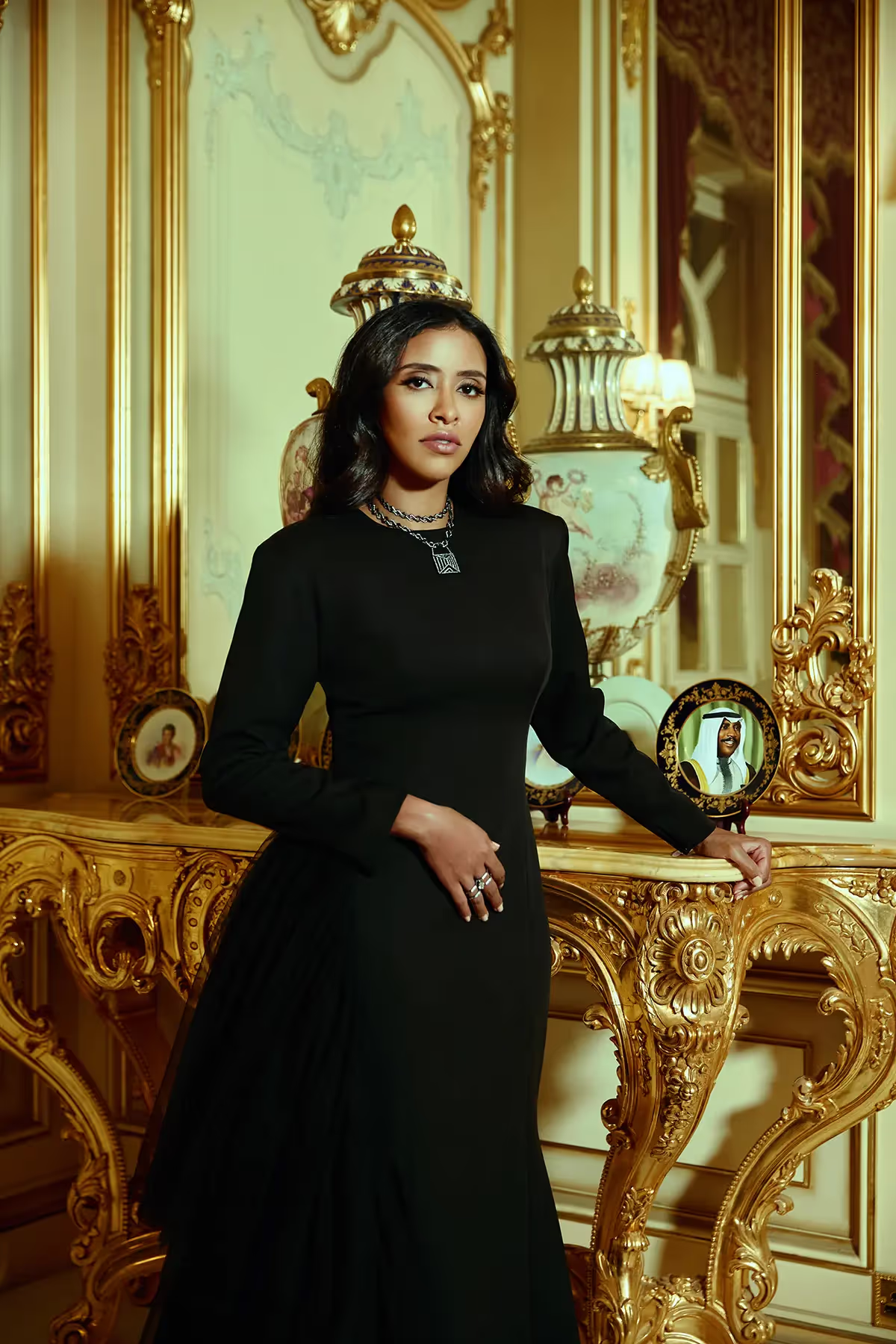
Your endless support for empowering women, promoting their issues and their role in society, as well as supporting and developing youth and volunteer activities in general, has a clear imprint on our society. What's the biggest obstacle you've faced since you started and how did you overcome it?
Sheikha Fadia and Sheikha Nabila
The obstacle is misunderstanding the meaning of volunteer work in society by many people. Many see it as a charitable act, a financial donation, or any action related to this aspect only, which is a financial donation, and they do not see it in its true perspective. We are in the process of enlightening people about that.
As for women's issues, we do not work against men, and there is misleading information in this regard and clarification is needed. We are here to work side by side with men, and we are the best to support men, but what is required is to take full rights in order to serve all parts of society. We welcome the presence of men in the associations and initiatives that we undertake. There are always those who participate and support us among men who believe in volunteer work and women’s issues.
You are currently the president of Al-Saad Foundation for Knowledge and Scientific Research, which was established in 2009. What is the motive behind establishing the foundation?
Sheikha Fadia
After the death of my father, Sheikh Saad, may God have mercy on him, I opted to work in a space and supervise it entirely by myself and establish a charitable foundation. In Kuwait, praise be to God, there are many charitable foundations in many fields. But I wanted to make a charity in a different way, with the aim at scientific research and knowledge, and all the initiatives of this charity are focused on encouraging young people and women of all age groups to study and do scientific research, and then we focused on youth, because we believe that the progress and prosperity of society is always linked to scientific research and the extent of its strength and impact.
We were able to communicate with age groups of the primary school. Our goal is to inculcate science, knowledge and scientific research for this category. In 1999, we launched “Sheikha Fadia Al-Saad Scientific Competition”, which is chaired by my daughter, Sheikha Nabila. The competition motivates young people to volunteer, and the communication with this group is done through social media.
Since the foundation bears Al-Saad’s name, I pray that God will always steer us in the right direction. We are in the process of establishing an international award in the name of Al-Saad Foundation and the name of my father, may God have mercy on him, in cooperation with international organizations, and we will announce the award in due time.
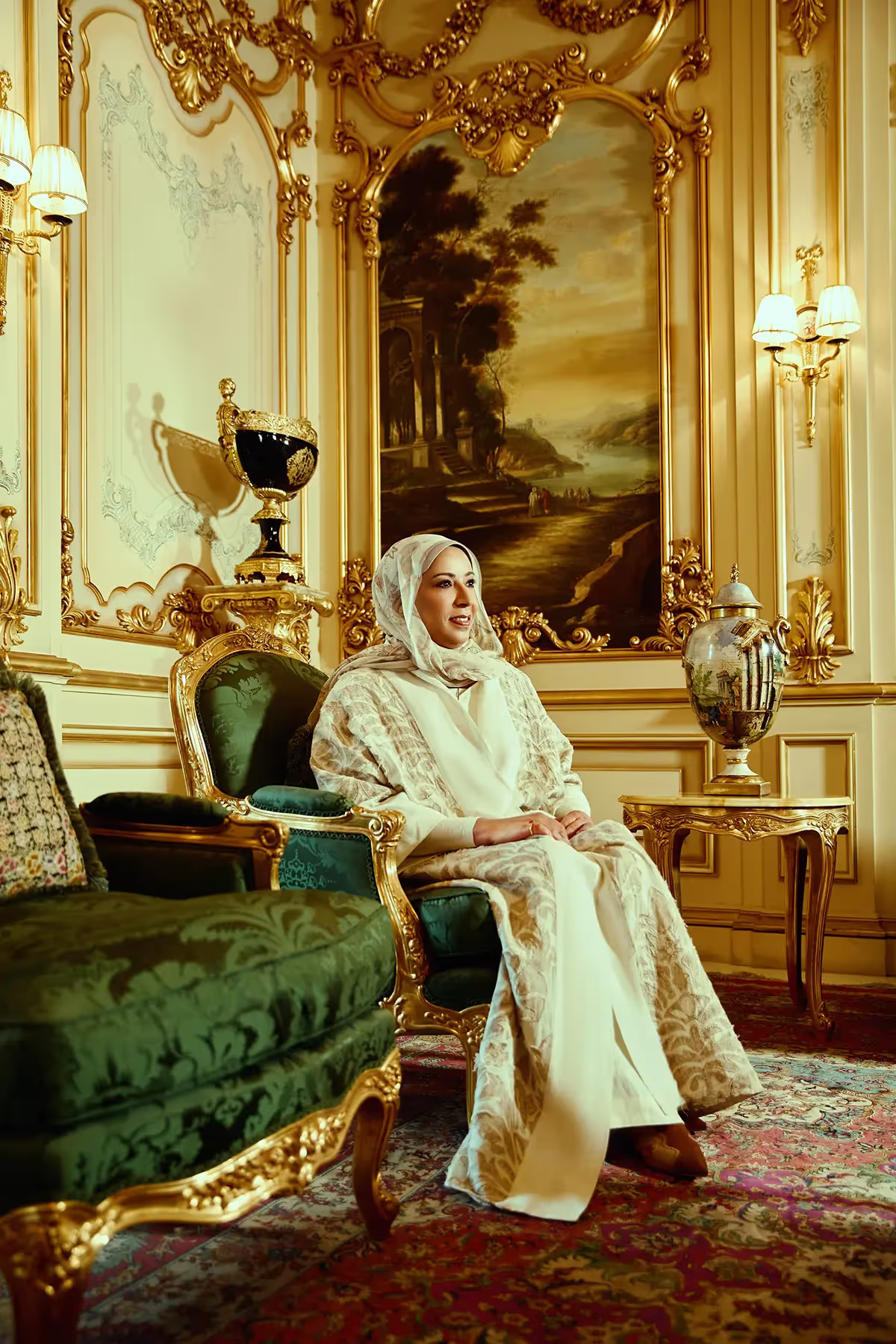
Is there any coordination between you and the other various volunteer teams present in Kuwait? What are the forms of this coordination?
Sheikha Fadia and Sheikha Nabila
This is essential and one of the postulates of community work and community partnership mechanisms. Coordination exists between the association and most of the women's committees affiliated with the associations. There are joint events with the Bar Association, graduates and teachers regarding women and children's issues, and awareness seminars have been held for the community, such as the one we held with the Bar Association regarding women and their rights. This is the partnership between civil society and the government, as stipulated by the terms of the United Nations.
This year, work was done after the results of the elections, which were expected, but disappointing, with women not entering parliament, noting that some got high votes, but they were not enough for them to succeed and enter the parliament, but with the change of the electoral law, women may have a greater opportunity for political representation. We have distinguished female competencies, but I believe that society at the present time is not used to seeing women in this large forum and considers that the issue of the quota is unconstitutional and is not a good way to get women to parliament, but I think there are many ways that would facilitate women’s access to parliament, if approved. An example of this is the adoption of electoral lists, where the list is elected as a whole, and from which it is possible to have representation for women in Parliament.
Countries that consider the political role of women have had the opportunity for women to reach advanced positions, such as the United States of America, where the vice president is a woman and a minority as well. It is unfair to see Kuwaiti women facing many obstacles in order to reach advanced political positions. For this reason, we adopted the initiative of the university professor, political and volunteer activist, Dr. Haila Al-Makimi, which is called the "Meeting of Women Parliamentarians", which seeks to spread political awareness throughout the year instead of being shortly before the elections.
What is the influence of your father, the late Emir, Sheikh Saad Al-Abdullah Al-Sabah, and your mother, Sheikha Latifa Al-Fahd, in refining Sheikha Fadia's personality? How was your relationship with them?
Sheikha Fadia
The influence of my father, may God have mercy on him, and my mother, may God protect her, extends beyond the scope of their era and generation, let alone their influence on those who were brought up among them with all this aura that they used to have. It is impossible for a person who grows up and is brought up in this house not to be affected by their personalities and get satiated with them.
My father and mother are known to all Kuwaitis, there are no words to describe them, I was like a sponge that absorbs everything from them and the most important thing I learned from them is the meaning of patriotism and fairness, and to be neat in everything: my thoughts, speech and my relations with others. As a person goes up in rank and knowledge, they become humbler, and this was the case of my father and mother. This is a blessing from my Lord to be born and raised in such an integrated family model, and to harness this influence for the benefit of society towards our beloved Kuwait.
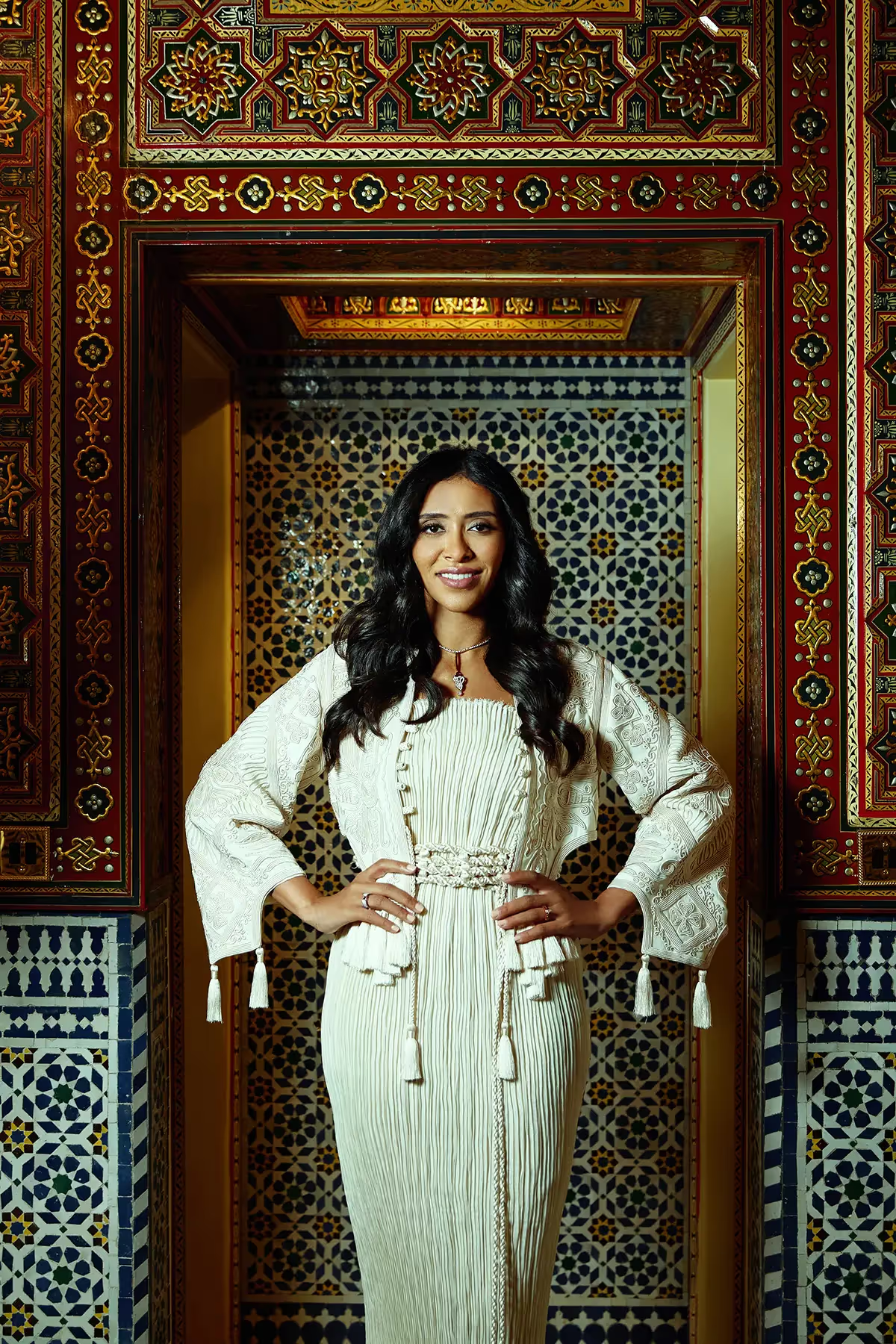
What is the most important achievement you have achieved recently through your volunteer activities?
Sheikha Fadia and Sheikha Nabila
In Kuwait, there are many volunteer projects. I do not believe in saying “important achievement”, because I consider every action that I have participated in or done important and I believe 100% in it, so any positive work that a person does to serve their society and humanity is considered an important achievement.

What advice would you give to motivate Kuwaiti girls to participate in voluntary activities?
I am sure that in Kuwait there are many who have the desire to volunteer. I urge every woman to dedicate even two hours a week to volunteer work. Our religion, our customs, our society, and our advancement urge us to be all initiators. In Kuwait, there are many associations that practice many different activities in all fields.
There is no underestimated work, as simple work from your point of view can have a great impact on another person. We must be positive, not only criticize, but try to participate in change in order to be positive. Youth are the pillar of the country and they must be actively involved in change and progress instead of idling time away on the Internet.
According to your opinion as an activist in the humanitarian field, how can volunteer work be developed?
Volunteer work in Kuwait is based on modern foundations. Each party has its role. Kuwait's influence, compared to its size on the global level, is very large and effective. Kuwait as a country takes care of the individual in many aspects of life. We find that civil society is lazy at times and ineffective at other times, but unfortunately this is a mistake that civil society must rectify to be effective, especially now, after COVID-19 and its health and economic consequences. Controls must be put in place for volunteer work, and each individual must be responsible because these resources that we enjoy are not ours, and our responsibility is to preserve them and hand them over to future generations.
Popular speech and tickling people's feelings are not useful now in these conditions that we are facing, and people must be confronted frankly, and civil society has a major role to play in supporting the State. Banks and commercial companies all have a social responsibility to face this matter seriously and to preserve the State's resources. Kuwait will continue to exist but we will not, that’s why we do not underrate these issues. Civil society must contribute honestly and openly towards the responsibility it bears.
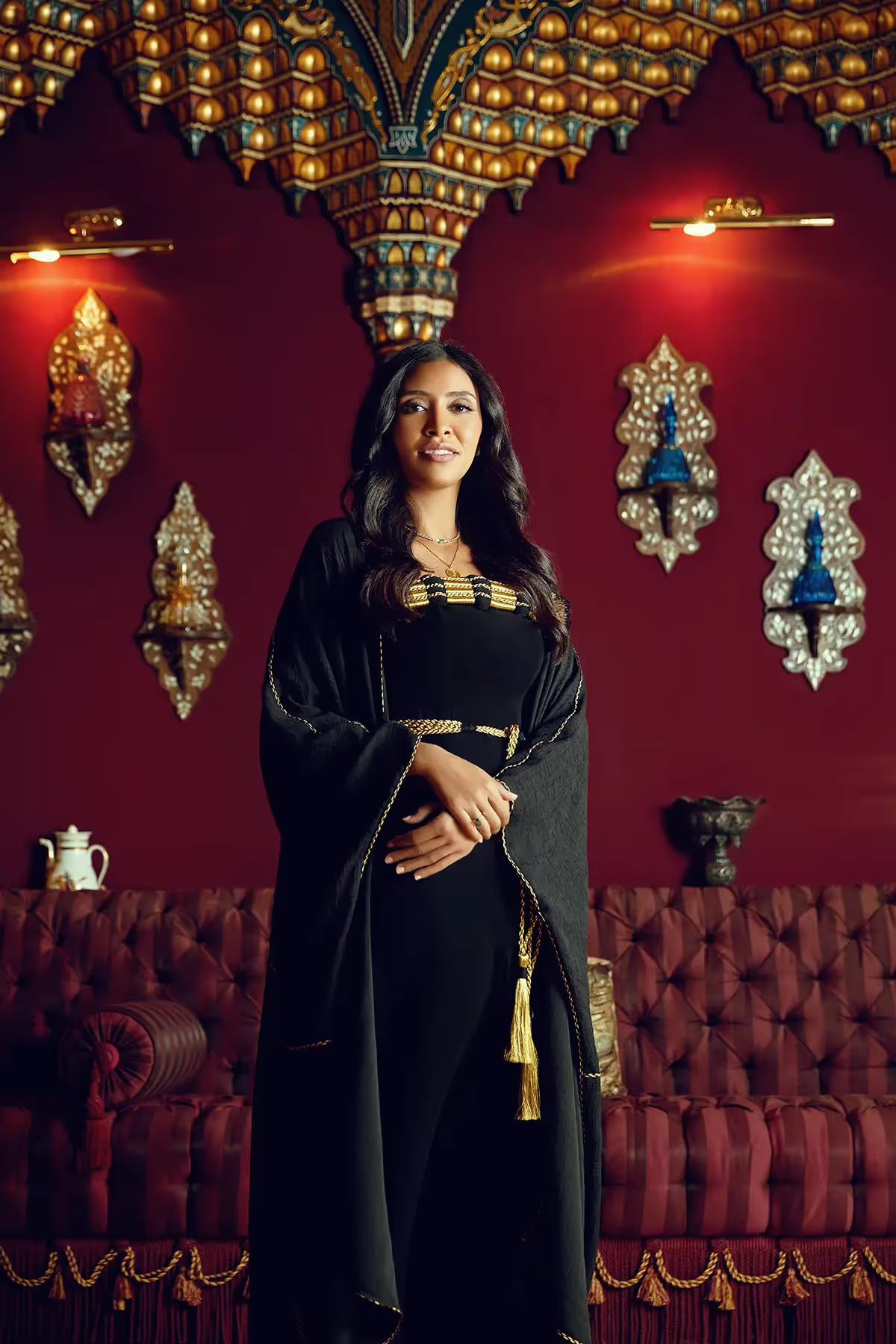
How do you feel when you are doing a work that contributes to serving the people of your community? What does it add to you on a personal and humanitarian level?
Sheikha Fadia
God almighty said: “So whosoever does good equal to the weight of a speck of dust shall see it. And whosoever does evil equal to the weight of speck of dust shall see it”. This noble verse sums up my faith on a personal level in the blessing of my children, my health and my finances. Blessing is a hidden army of God. God sends it to whomever He will. If it comes to wealth, it increases it, to children it brings them back to the right way, to the body it strengthens it, to time it fills it with good fortune -, and to the heart, it makes it happy. This is what I ask from God almighty, and this is what I feel. Human work is giving me, I am not the one who gives.
Many public benefit organizations have been severely affected by the COVID-19 pandemic. How did you deal with this pandemic? And what did you learn from it?
Sheikha Fadia and Sheikha Nabila
We had to adapt to the pandemic. We initially provided humanitarian assistance to those who were stranded in Kuwait, providing them with food and aid. We were able to establish work teams and contribute as much as possible in this issue. We also cooperated with the civil defense. Then we started forming women teams whose aim is to communicate with women online and address the problems that women may face during the crisis and the total curfew and how to spend time with members of their families, husbands and children, in a way that uplifts them.
We were trying to raise Morales through social media, Instagram and live broadcasts with professionals in this field. And we started holding seminars, such as the seminar on violence against women, which was done online, and we will hold a new seminar to discuss the development of education methods during the pandemic and spread awareness about the importance of vaccination and many other things that we consider our duty.
During the crisis, we, in cooperation with the Arab Women's Organization, conducted a course that was very successful to empower women for three days. The participation was great and successful. We signed a memorandum of understanding with the Arab Women Organization, and we aspire to further cooperation with them. One of the important lessons that we sought during this crisis is the change that took place on social media, when people were interested in fashionistas and shallow personalities that do not add value. The world discovered their truth, and we realized that the real heroes are the scholars like doctors, nurses and everyone who was in the frontlines.
That was a sign from my Lord and an awakening for us as societies, that the falsehood that was covering our eyes and all this materialism are shallow matters that do not give us anything. All of us, as a society, must correct these concepts and end them forever, without going back to them.
On a visit of Princess Diana to Kuwait in 1989 with Prince Charles, your late father Sheikh Saad Al-Abdullah and Sheikha Latifa Al-Fahd had a dinner at Al Shaab Palace. Tell us about this visit and your impression of it. How was the atmosphere of the meeting and how did it impact you?
Sheikha Fadia
My father, may God have mercy on him, was always social and was always involving his family in his political activities, including presidents’ visits, and the visit of Prince Charles and Princess Diana was one of the visits that the father made sure to hold a feast for them.
It is worth mentioning that for every official visit of any delegation or state official from outside of Kuwait with his wife, a dinner party had to be held for him in the Al Shaab Palace and in the presence of my mother, may God preserve her, and our presence as well. For my father, may God have mercy on him, the family was an important thing, and our involvement in the social aspect of his political life was necessary. When we see the method of building the Al Shaab Palace and its goal, we see that he was devoted to serving the State in such ceremonies. The conversation with Prince Charles was emotional and led to a rapprochement of thoughts and talking about the common factors between us.
We were hoping for a joint work between the charitable foundation sponsored by Prince Charles and Al-Saad foundation, but unfortunately the circumstances did not allow us back then and it was postponed for later in the hope that it will be implemented after these circumstances end.
The first one to reside in Al Shaab Palace was Sheikh Salim Al-Mubarak Al-Sabah, who built the Palace in 1916. Sheikh Abdullah Al-Salim Al-Sabah made modifications to it during his rule from 1950 to 1965. Tell us about the architectural history of the palace and your memories of it.
Sheikha Fadia
The great House of Mubarak (The Lion of the Island) was the first residence of Sheikh Salim Al-Mubarak Al-Sabah. The residence was called “The Great House” and its location is near the Seif Palace. Then, Sheikh Salim Al-Mubarak’s residence moved to Al-Shaab area, which overlooks the sea and has its attractiveness in that era. The name “The Little House” was given to this residence to distinguish it from the “Great House.” When Sheikh Salim died, the house was inherited by his eldest son, Sheikh Abdullah Al-Salim, as the palace was the seat of the State, and it is known that his era was the era of the rebirth of Kuwait and the building of the modern State, independence, constitution, and the building of institutions, and Kuwait's presence in international organizations, the United Nations, the Arab League, and others. The country also made improvements to Al Shaab Palace by receiving presidents of countries from the Gulf region and the world, when Kuwait opened up.
After that, my father built Al-Salim Palace as his home, so his father, Sheikh Abdullah Al-Salim, asked him to make Al-Salim Palace dedicated for hospitality events of the State. So, Sheikh Saad Al-Sabah, may God have mercy on him, agreed and waived it to the State, and upon the death of Sheikh Abdullah, this place was given to Sheikh Saad who made developments thereto.
The restoration and changes in the decoration come all from the taste of the mother, Sheikha Latifa, may God preserve her. She opted for Islamic art pieces that she collected during her visits to Islamic countries, as well as with Moroccan and Damascene engravings and everything she collected over her life. Unfortunately, the house was burned during the period of the Iraqi occupation of Kuwait, and my mother insisted on rebuilding it fully again. My father, may God have mercy on him, believed in her taste, so the palace was rebuilt and became like a museum with its halls and entrances.
Recently, we notice your daughter Sheikha Nabila's involvement with you in the voluntary field. Was this her personal choice? And how did that happen?
Yes, it was her personal choice. I have three daughters, but Sheikha Nabila found herself in volunteer work, and for her I am the president inside the volunteer association building, and her mother at home. I consider my development work to be an institutional work for all the associations that I head, and Sheikha Nabila is responsible for part of the “Martyr Asrar Al-Qabandi Bilingual School” and we are keen to provide the most important services while imposing low tuition fees compared to other bilingual schools.
Sheikha Fadia and Sheikha Nabila made many efforts to support the educational process. Sheikha Nabila Salman Al-Hamoud Al-Sabah, is the Chairperson of the Innovation Initiative and Sheikha Fadia Al-Saad Scientific Competition, tell us about the idea of the initiative, its objectives and the targeted groups.
Sheikha Fadia and Sheikha Nabila
This initiative is a Kuwaiti initiative that takes care of female students by highlighting their talents in various fields, in order to empower the women of tomorrow by investing in today’s students through discovering and developing their talents in a way that will benefit them and their society, and create a conscious generation by encouraging scientific research and demonstrating thinking and creativity skills in the field of knowledge through various scientific and cultural activities.
The initiative has several goals, including developing the students’ scientific research skills and creativity, developing the spirit of team work among the participants, in addition to instilling patriotism by supporting constructive projects and innovations that serve the community. All of this seeks sustainable human development for the students through academic and community awareness.
Sheikha Fadia Al-Saad Al-Sabah Scientific Competition targets three academic stages, which are:
First: High school students through the preparation of scientific projects based on solving the problem according to the STEAM approach, so that the students choose a challenge or problem that they want to reach a solution to through scientific projects and pioneering innovations that serve humanity in general.
Second: Intermediate school students through the preparation of scientific projects that serve the environment according to the STEAM approach, so that the students design and build a project that serves the ideal community in its various environments and derive their ideas from problems or challenges that are seen on the ground, whether it is generating energy from alternative sources, increasing green space, or recycling and others, and dealing with them through scientific projects.
Third: Primary school students by writing science fiction stories according to the STEAM approach, so that students write a science fiction story and expand their imagination in order to develop the spirit of reading and writing, especially since science fiction stories are in one of the branches of stories that talk about technology and the future and have a close connection to the principles of science, and such stories are presented in an innovative and creative way.
The objectives of the competition and the initiative are the same as those of the United Nations, which stipulate the establishment of a strong female personality capable of making the appropriate decision. Ending all forms of discrimination against women and girls is not only a basic human right, it is essential for a sustainable future.
What are the challenges faced by Sheikha Nabila in managing this initiative and the responsibilities entrusted to her?
Sheikha Nabila
Since the beginning of “Ebtekar” initiative in 1999, we have been growing, and now “Sheikha Fadia Al-Saad’s scientific competition” with school students inside and outside Kuwait has achieved remarkable success at the level of the Arab world because it is based on contributing to the development of educational strategies and plans and technology that empowers women in the scientific field in line with the needs of the era, and this requires more effort and accuracy in selecting the offered programs that work to develop the capabilities of the students.
And since my mother handed me the management of “Ebtekar” initiative and Sheikha Fadia Al-Saad’s Scientific Competition, in an effort to present youth ideas and benefit the initiative with those ideas, I am striving for development with new goals, which put me in a position of responsibility, especially in choosing the type of courses and their objectives, as well as lectures, workshops, and organizing competitions that COVID-19 did not prevent us to continue in presence and virtually under the umbrella of Al-Saad Foundation for Knowledge and Scientific Research.
Are there any global initiatives you have taken outside Kuwait?
In partnership with “globalwiin”, the global network of female inventors and innovators, Al-Saad foundation launched the “mewiin” Middle East Network for female inventors and innovators, which empowers women in the Middle East to help them achieve progress in various technological and economic fields by exchanging experiences and finding opportunities for female inventors to develop their projects and market them globally, in addition to educating and directing women to the right methods that support them to achieve their goals through holding workshops and seminars in cooperation with international companies and entities.
In addition, the network is keen to hold an annual “mewiin” innovation awards ceremony, which is a competition for female innovators and inventors in various fields that allows them to display their creativity from all over the Middle East, and then globally by participating in “globalwiin”.
We were pleased with our continuation last year, despite the conditions of the COVID-19 pandemic worldwide, as we were able to hold the first competition in the Middle East through visual communication, starting from judging and ending up with the final award ceremony. I salute the young management of my daughter Sheikh Nabila and her team for this effort.
Can you tell us one of your personal style and beauty secrets?
Elegance and beauty come from the soul and not from clothes. Simplicity and contentment are the pinnacle of beauty (less is more). A person should not overdo anything. Elegance is not in clothes, but rather in a person’s spirit, behavior, thinking, way of speaking, and dealing with people. A person is elegant in whole, and not in specific details.
To what extent do heritage and history inspire you in fashion and lifestyle?
When I read history books, I learn from international and Arab art writing - poetry - language - rhetoric. In terms of global history, I read in all fields and consider myself a good reader of history, Arabic literature and rhetoric. The Holy Quran is the pinnacle of Arabic rhetoric, heritage and history. What bothers me is the adherence to customs and heritage associated with outdated traditions that have nothing to do with Islam and religion, but rather a cultural heritage, unfortunately, some of which are more related to the pre-Islamic period of ignorance than to Islam, so it must be discarded.
If you could change one thing about fashion, what would it be?
Unfortunately, we have reached a stage of intellectual arrogance by imitating what comes from the West directly without observing our customs, traditions and religion. Hijab, for example, has a complete abolition of materialism, so all women wearing hijab are equal, and this is what our religion stipulates. This is the philosophy of hijab in Islam, and it is not a veil on thinking or a restriction against women. On the contrary, it is a breakthrough for women.
Would you tell us something from the diaries and habits of Sheikh Saad and his family.
Sheikha Fadia
Sheikh Saad - may God have mercy on him – used to start his day early. Breakfast was at seven every morning with my grandmother. Being a senior official in the State, his day was crowded with meetings and many responsibilities entrusted to him. But despite that, he was very keen to spend lunchtime with his family every day. As for the weekends, he was keen to spend it together with the family, as he used to take us for picnics in the car, which he drove himself. And I can’t not forget the reaction of people when they see him in the car, especially when he stops at the red traffic light, where people would greet him or honk the car horn happily and he would respond to everyone without exception. He enjoyed the humility and kindness that won the love of his people, and distributed his time as much as possible as a father. He tended to be silent, and I always tried to make him laugh with my movements and words, because I could not stand his silence. I realized that he was carrying the concerns of the State on his shoulders, but he was trying to hide them with his silence. Every day that passed me in the life of my father, may God have mercy on him, I considered a new academic day in my life. I was very attached to him.
My father was a secretive person and very keen on his privacy. Even in his sessions with his family and close friends such as Uncle Abdullah Al-Kulaib, Hamad Al-Rajeeb, Fahd Al-Duwairi and Muhammad Khalaf. He only accepted instant photography (Polaroid) so that our private photos would not be developed elsewhere.
My father's friends and companions - may God have mercy on them all – used to spend the weekend with us, and I considered their conversations and memories as a treasure of information. They loved light pranks for fun, simply without being pretending or fawning. I was raised by two extraordinary personalities, Saad Al-Abdullah and Latifa Al-Fahad. Even after the liberation of Kuwait, my mother insisted that we all return with him. And we lived the best days after liberation with all its sweet and bitter details in every sense of the word.
And when we asked Sheikha Nabila about her memories with her grandfather, Sheikh Saad, may God have mercy on him, she said:
Words fail to express the love and appreciation I feel for my grandfather Saad - may God have mercy on him - who was my first teacher in this life. Especially on holidays, whether it is Eid Al-Fitr or Eid Al-Adha. These memories remind me of the most beautiful days that I spent with my parents in my childhood. I recall the beautiful memories when the family gathers at the Eid lunch table and everyone rejoices on this occasion and the family reunion, young and old. We congratulate each other on the advent of Eid. My father Saad - may God have mercy on him - had a special way to make us happy on the day of Eid. He would write the name of each of us on an envelope and call each of us from oldest to youngest. And when my turn comes and I hear him calling my name, I walk with great and fast steps out of joy, as if I had won a prestigious award. The beautiful thing is that he was giving everyone the same amount of attention and importance. He was truly a kind and just father in every sense of the word.
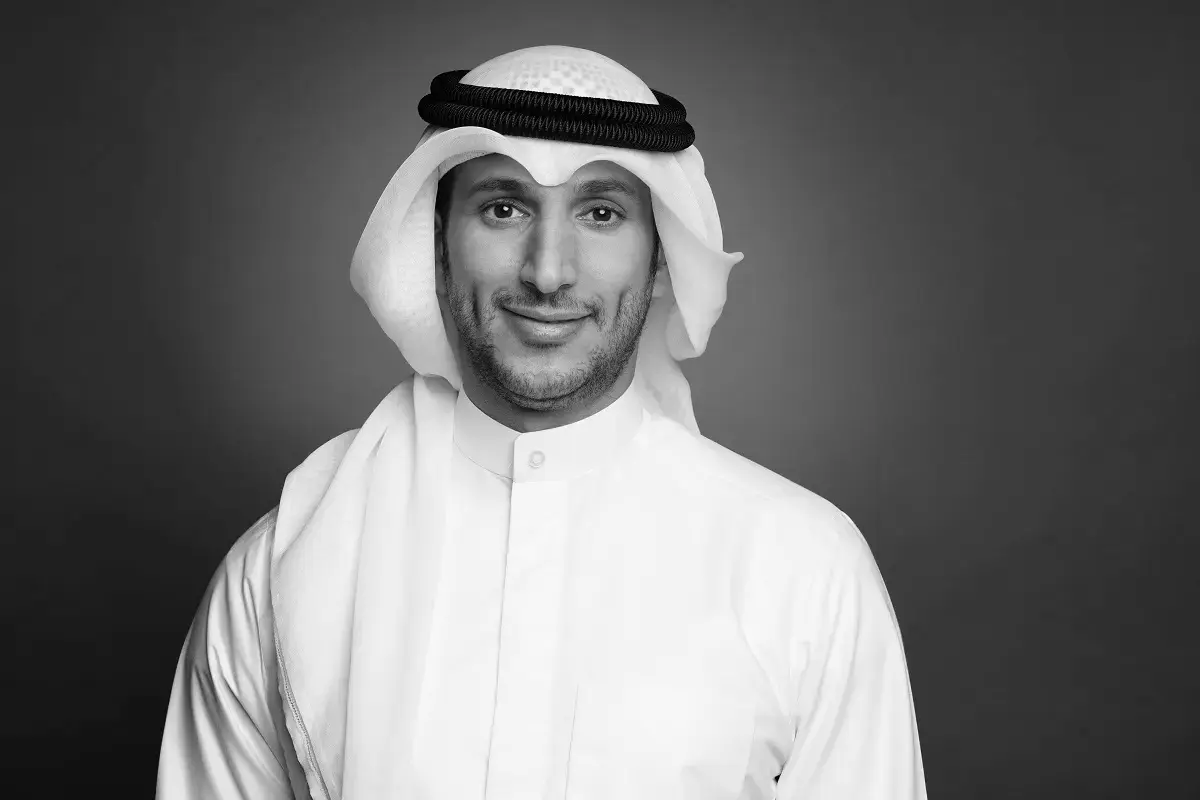
Bader Al-Kulaib
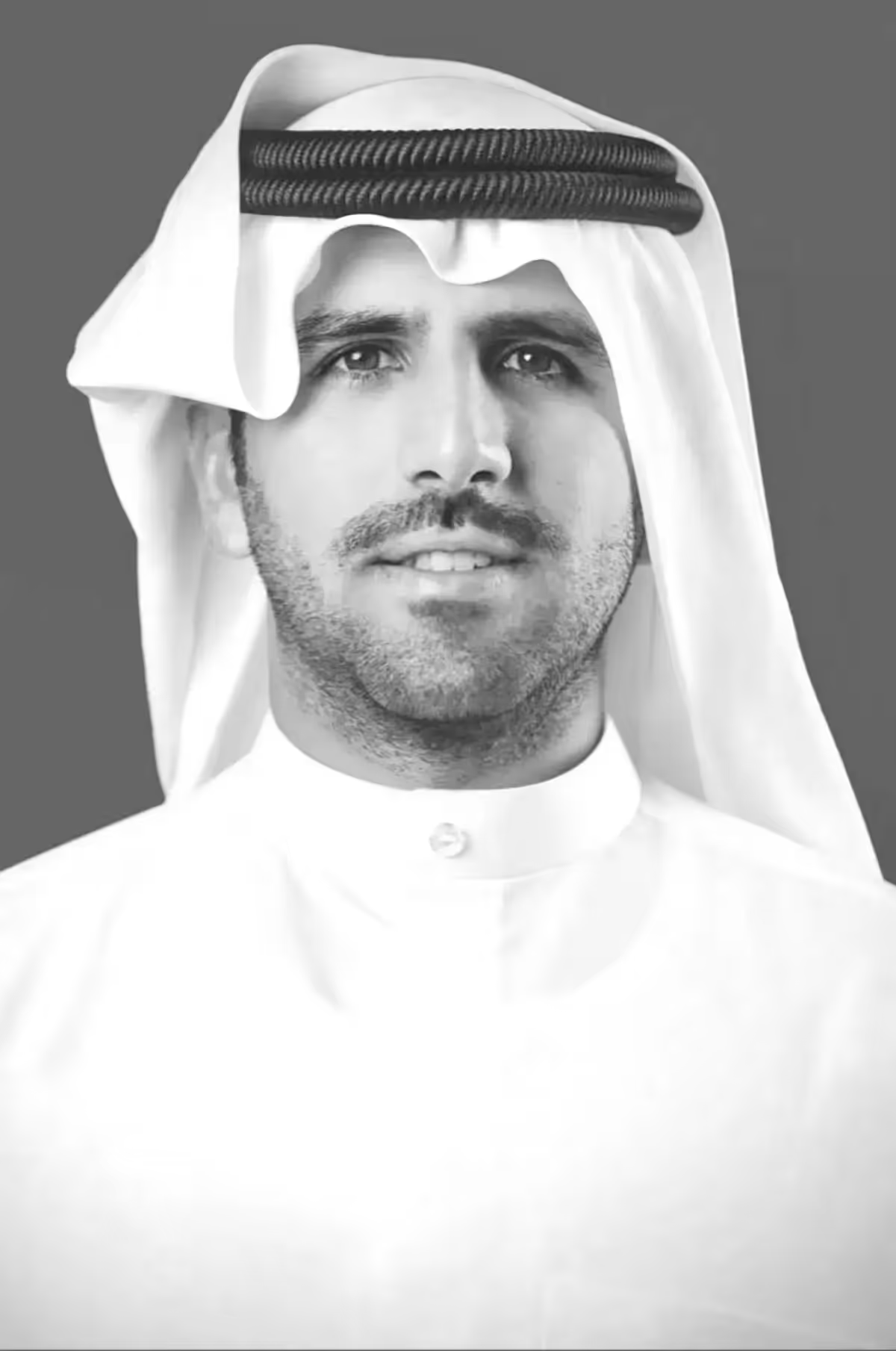
Sheikh Fahad Nasser Sabah Al Ahmad Al Sabah

Dr. Noura Almashan
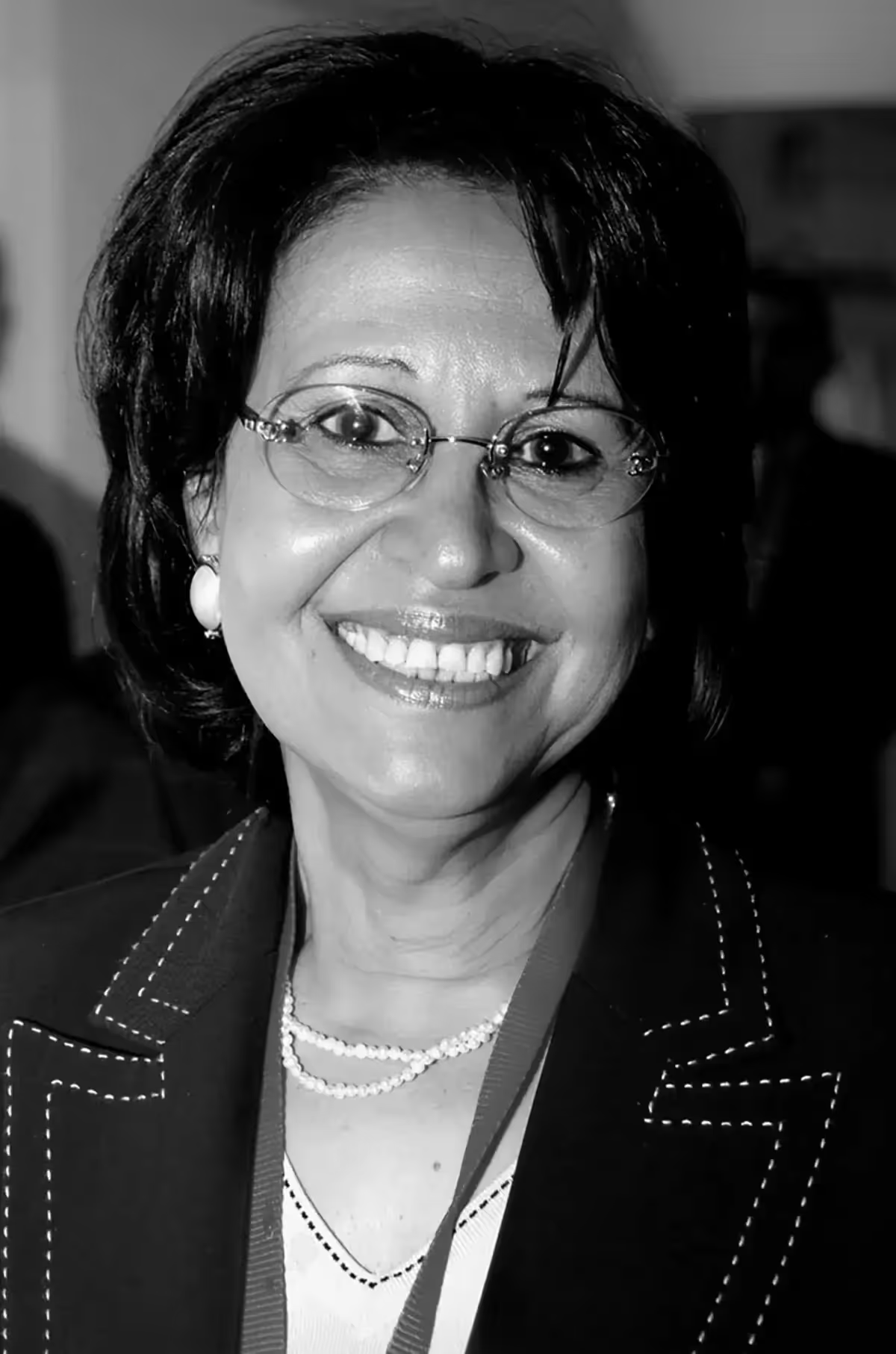
Dr. Munira Al-Arouj
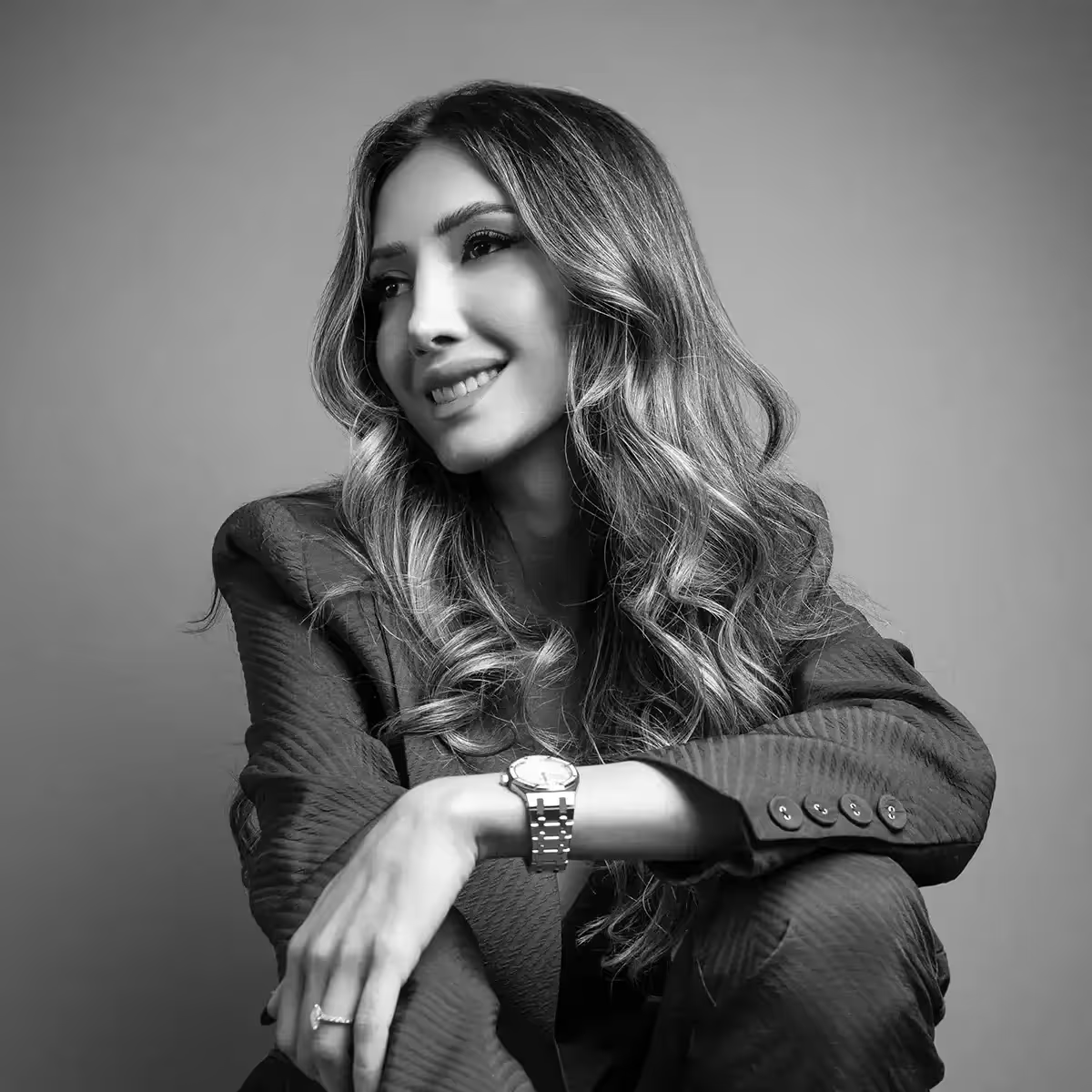
Nour Abdul
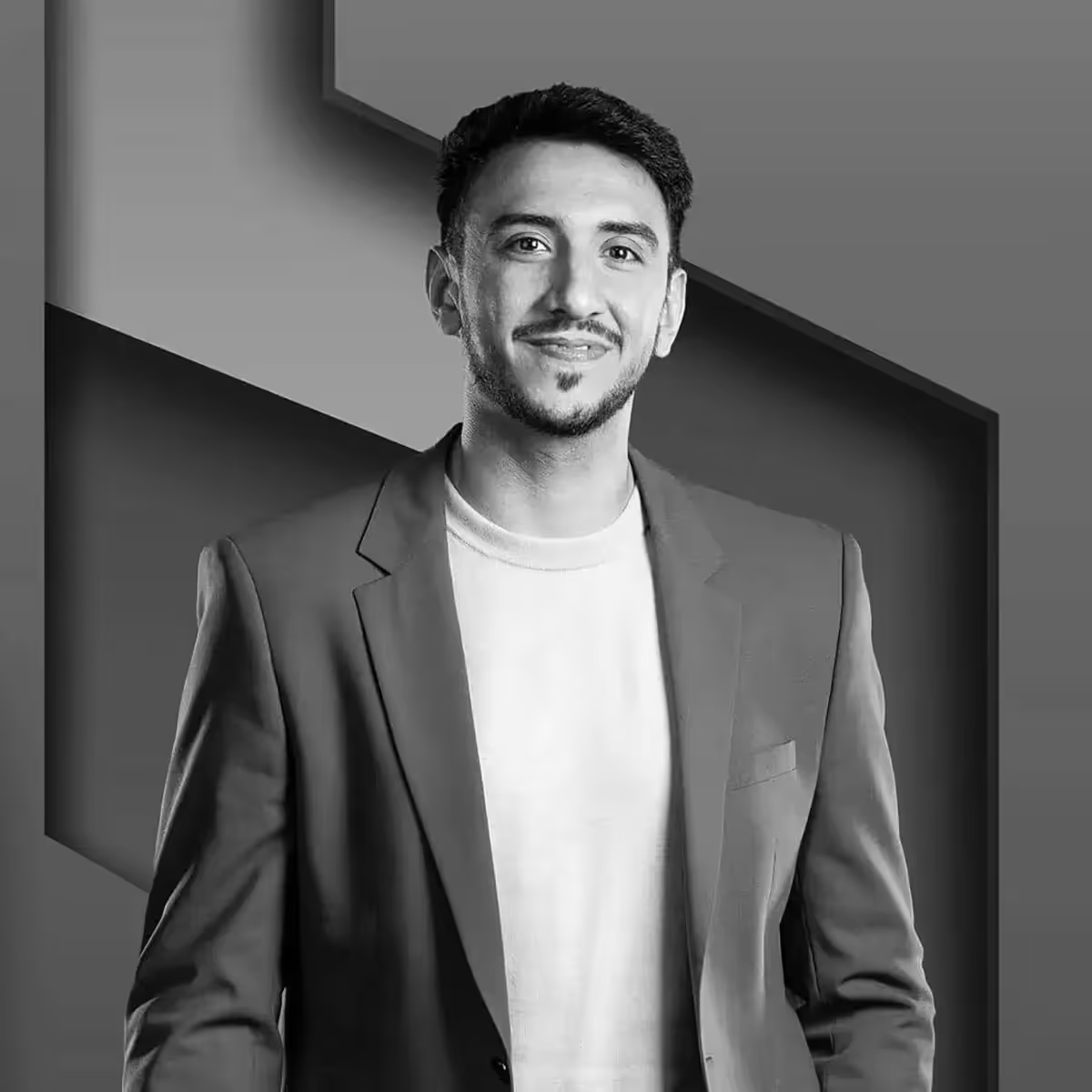
Eisa Alhabib
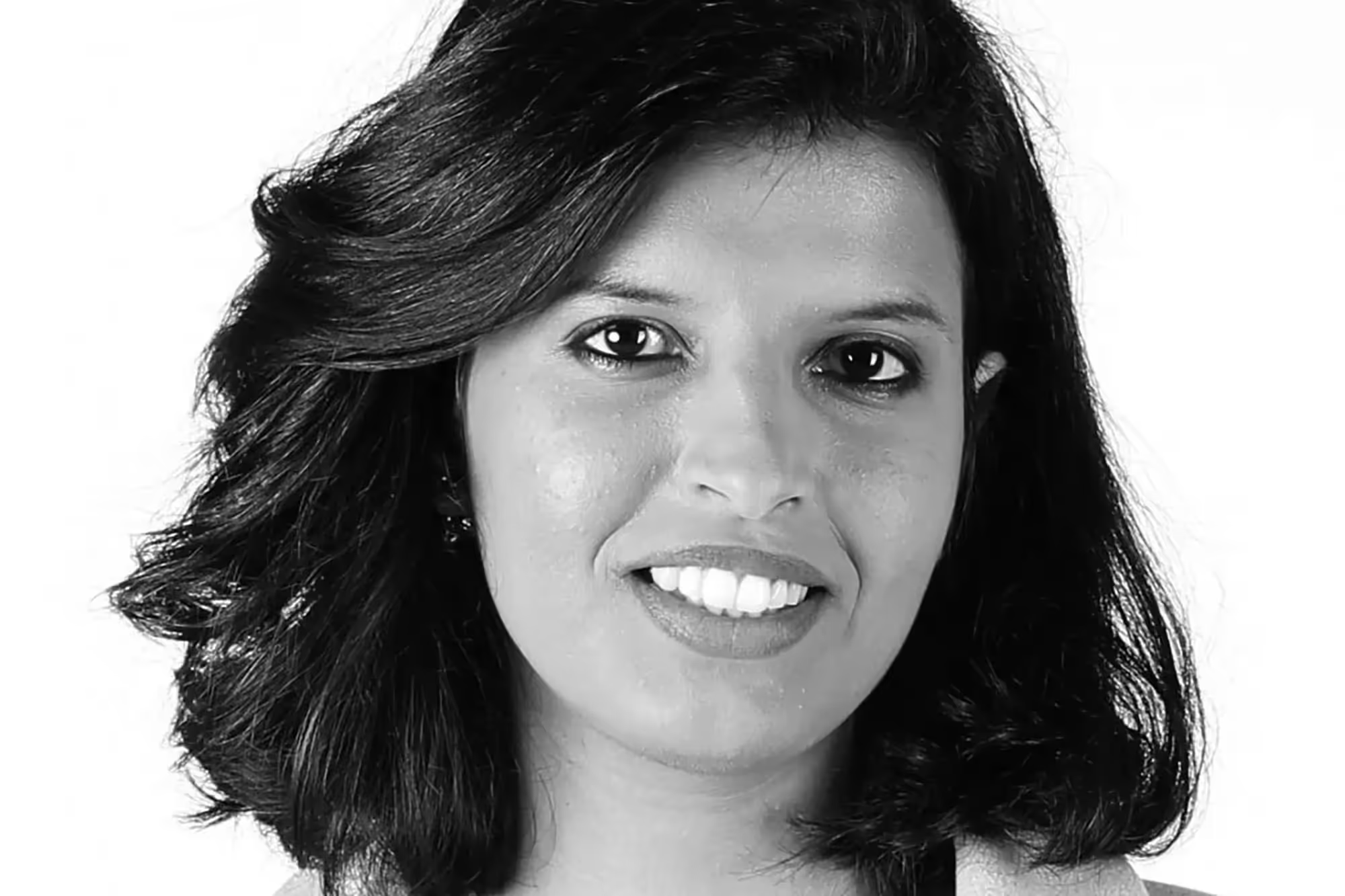
Deema Al-Ghunaim
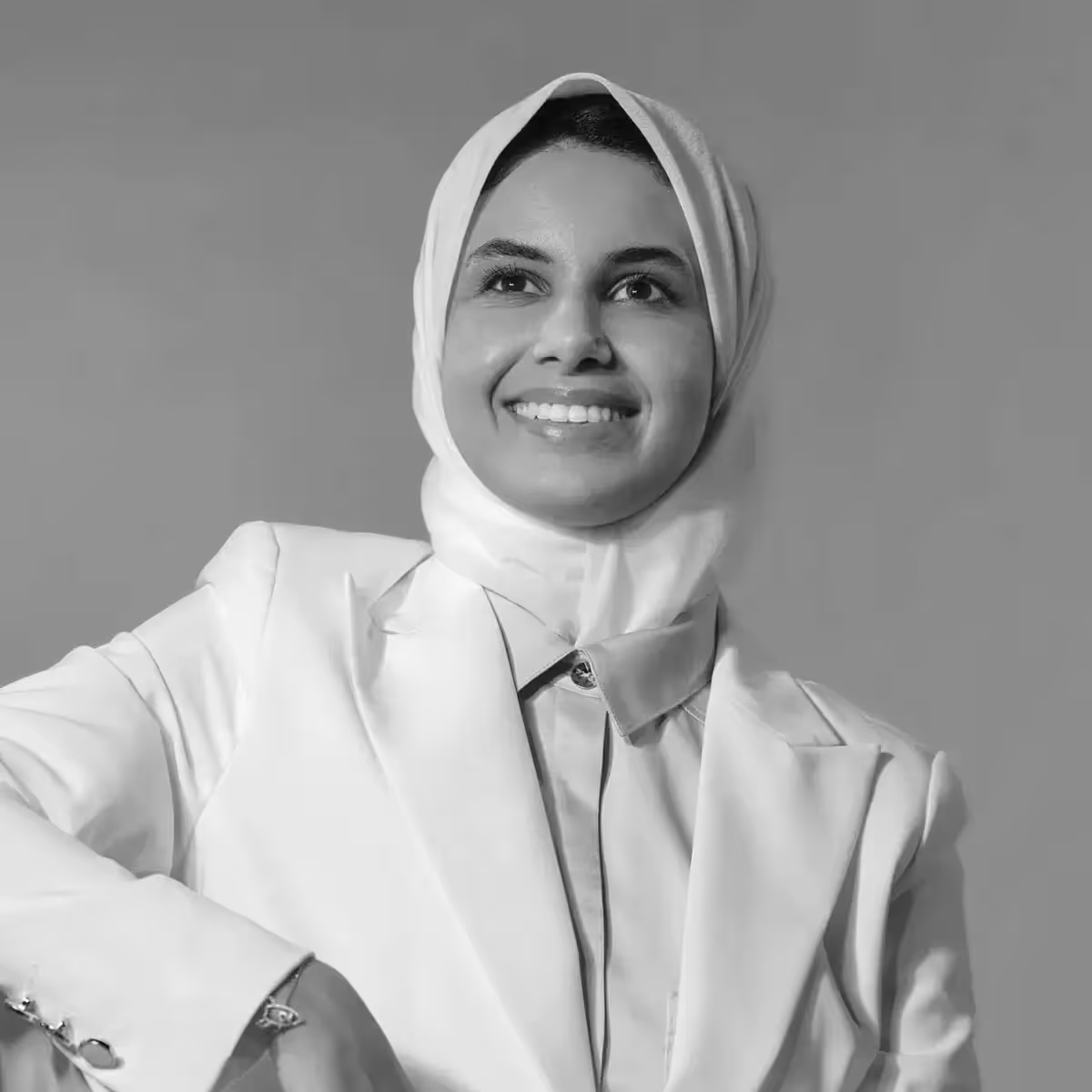
Lama AlOraiman
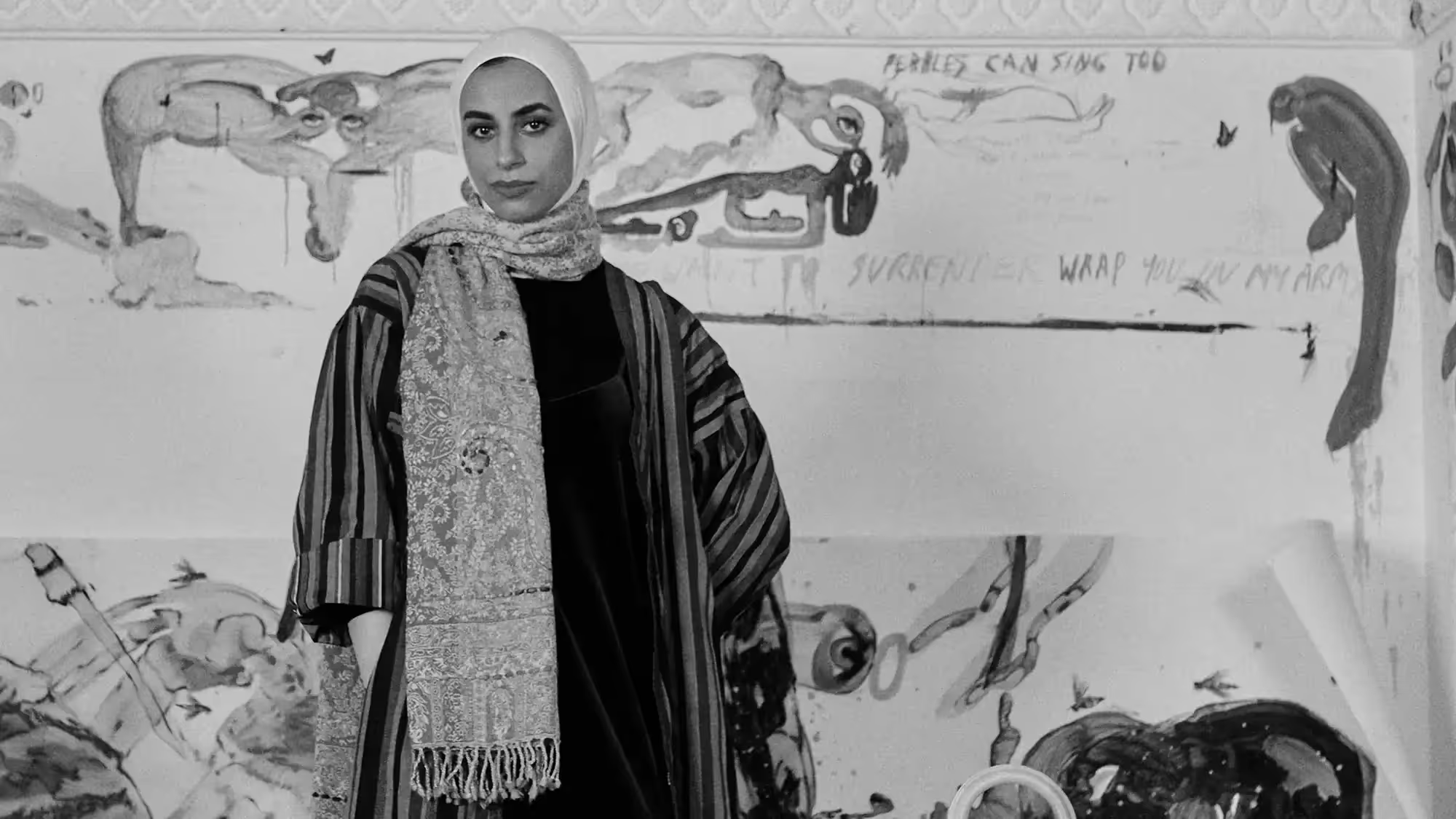
Alymamah Rashed

Nadia Bader Al-Hajji
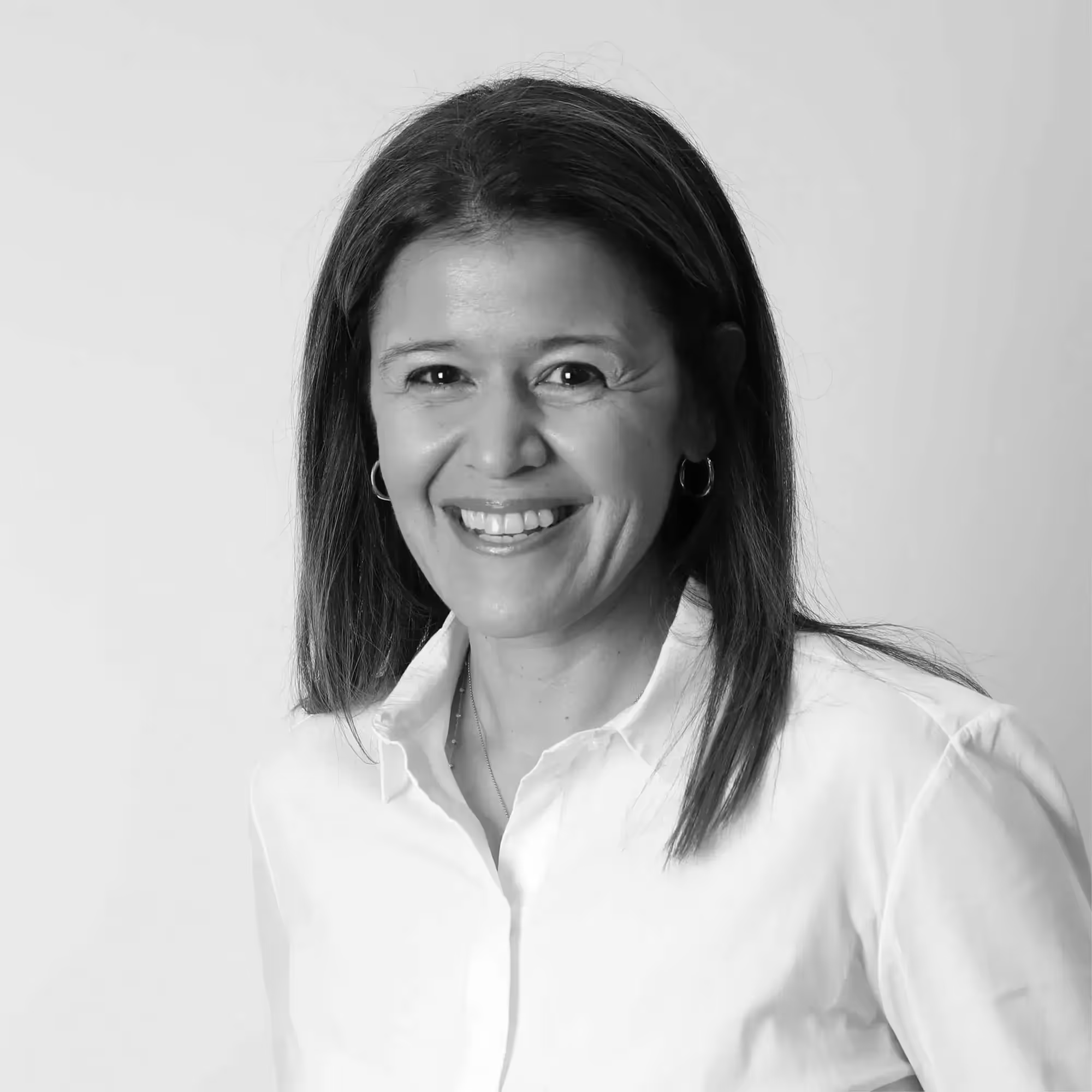
Henadi Al-Saleh

Jafar Islah
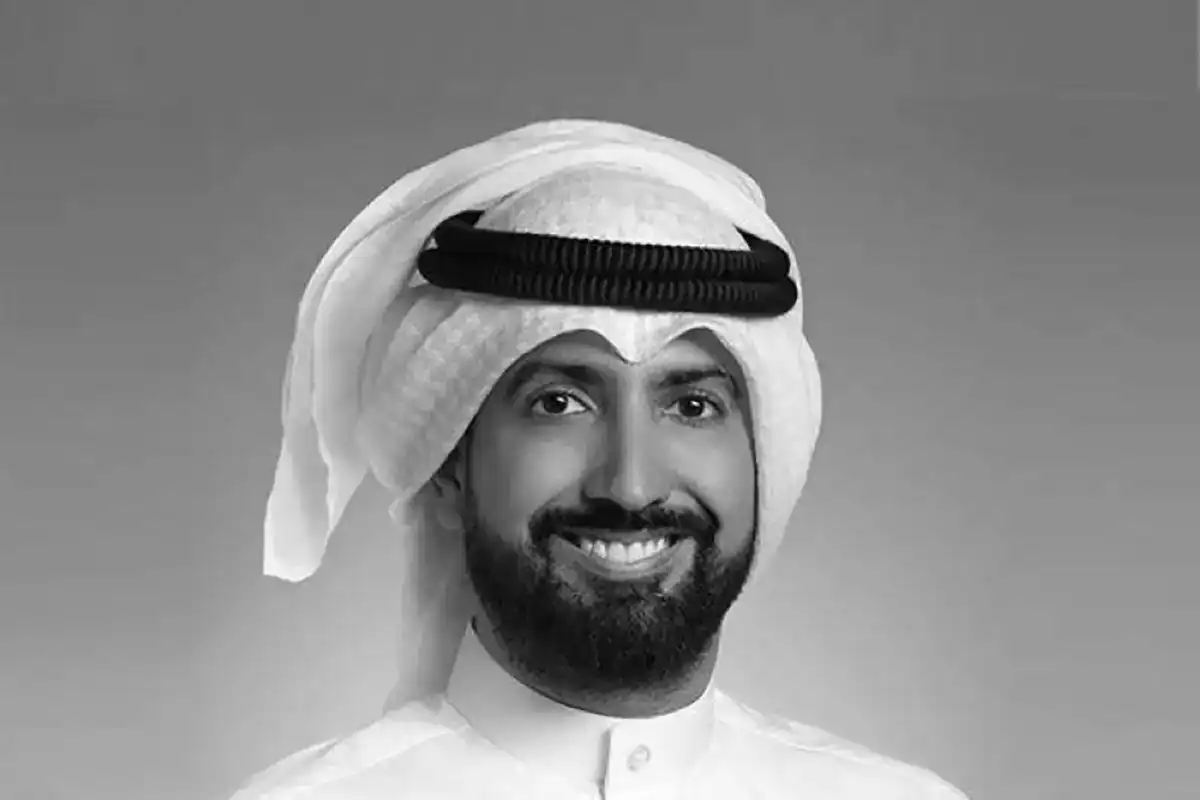
Abdullah Ghazi Al-Mudhaf
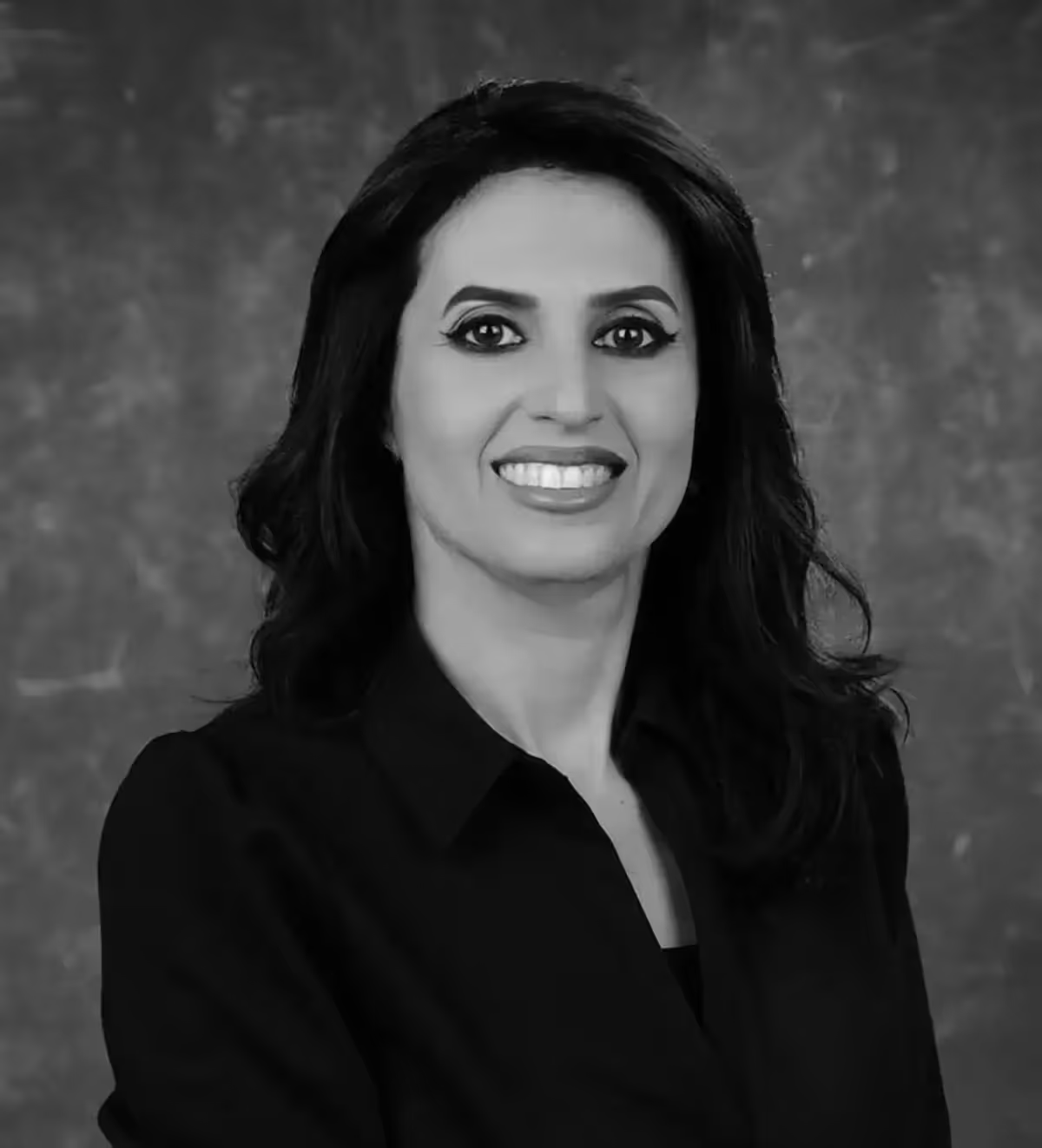
Abeer Al Awadhi
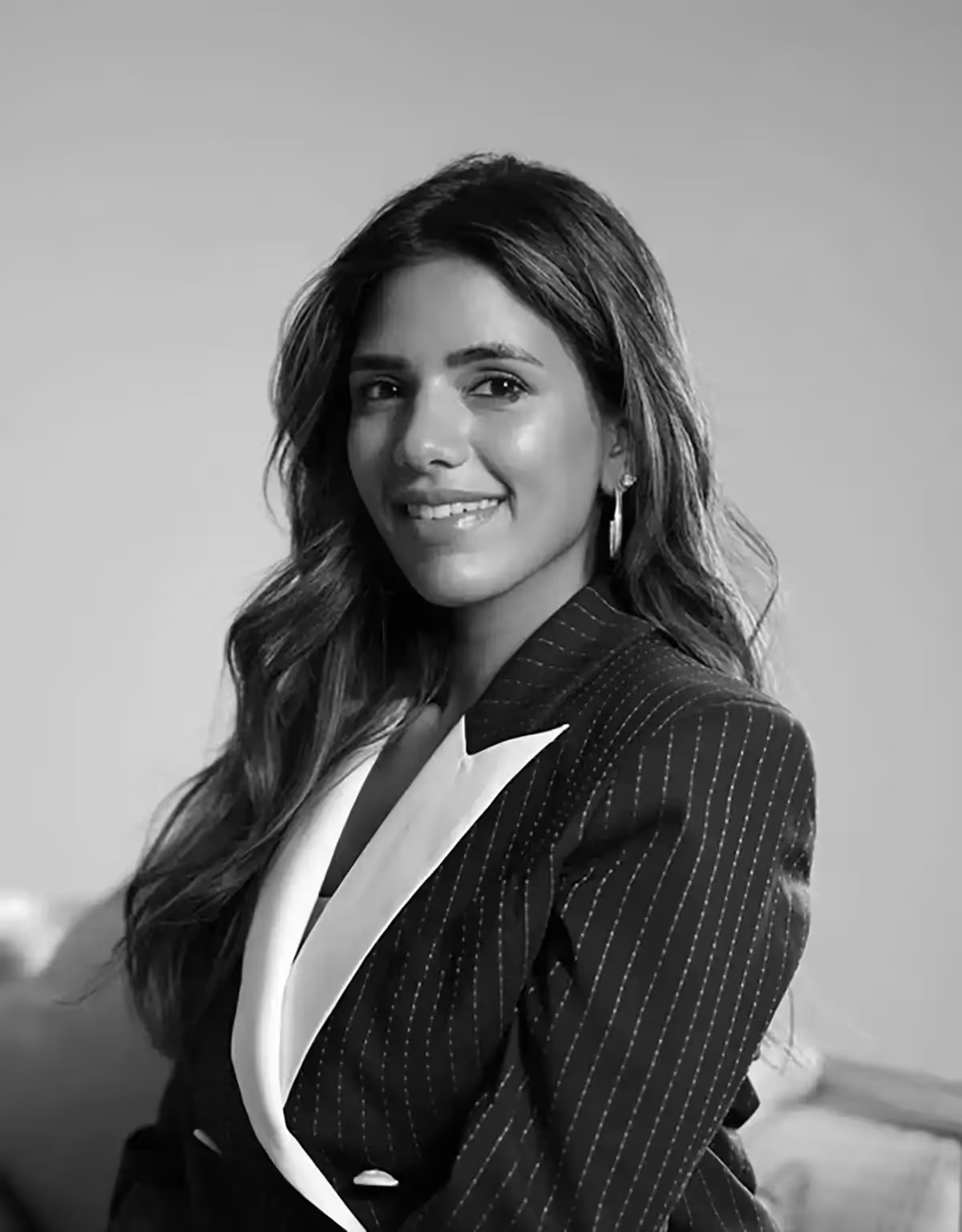
Shahad Alsabeeh
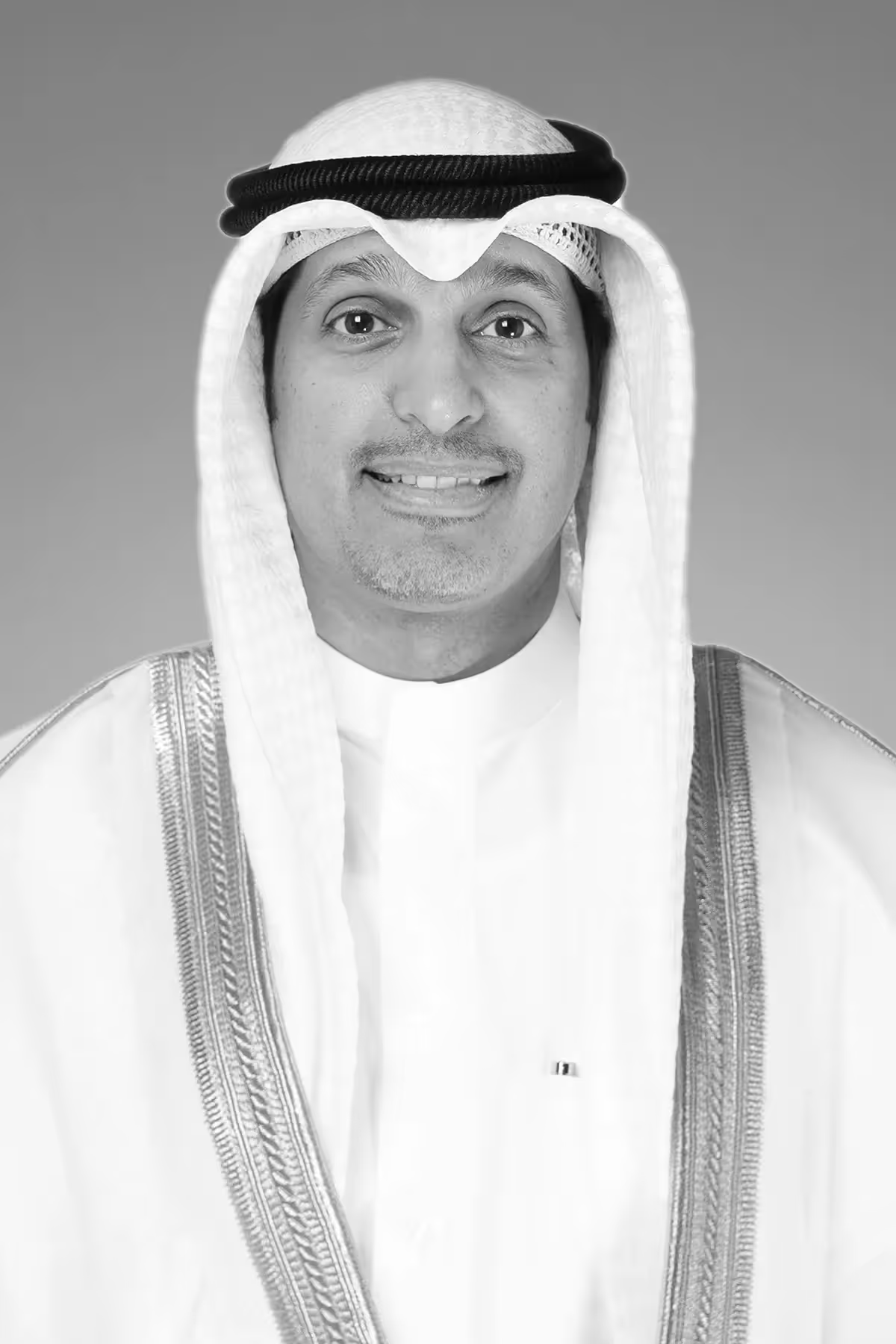
Abdulrahman Bedah Al-Mutairi
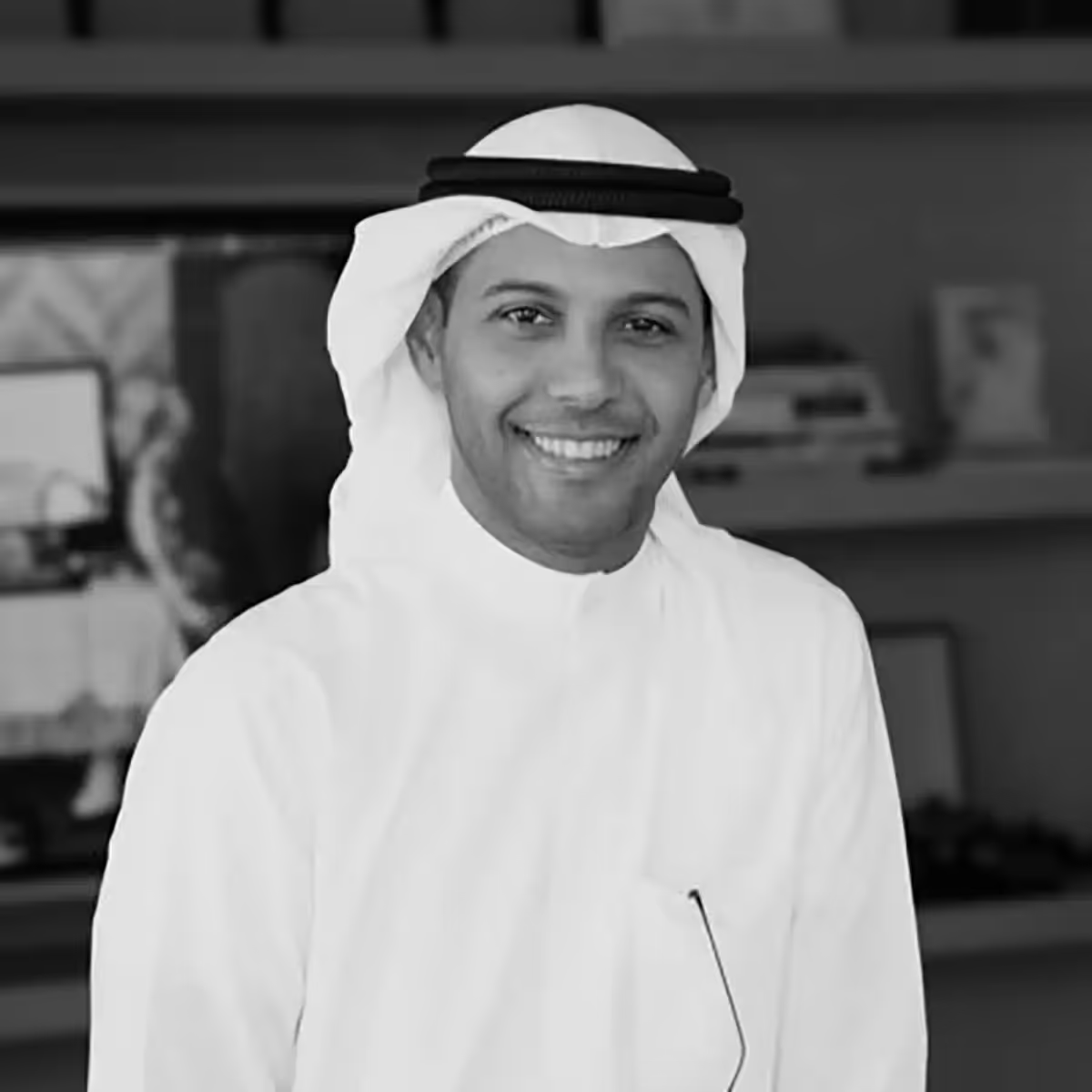
Faisal Alagel
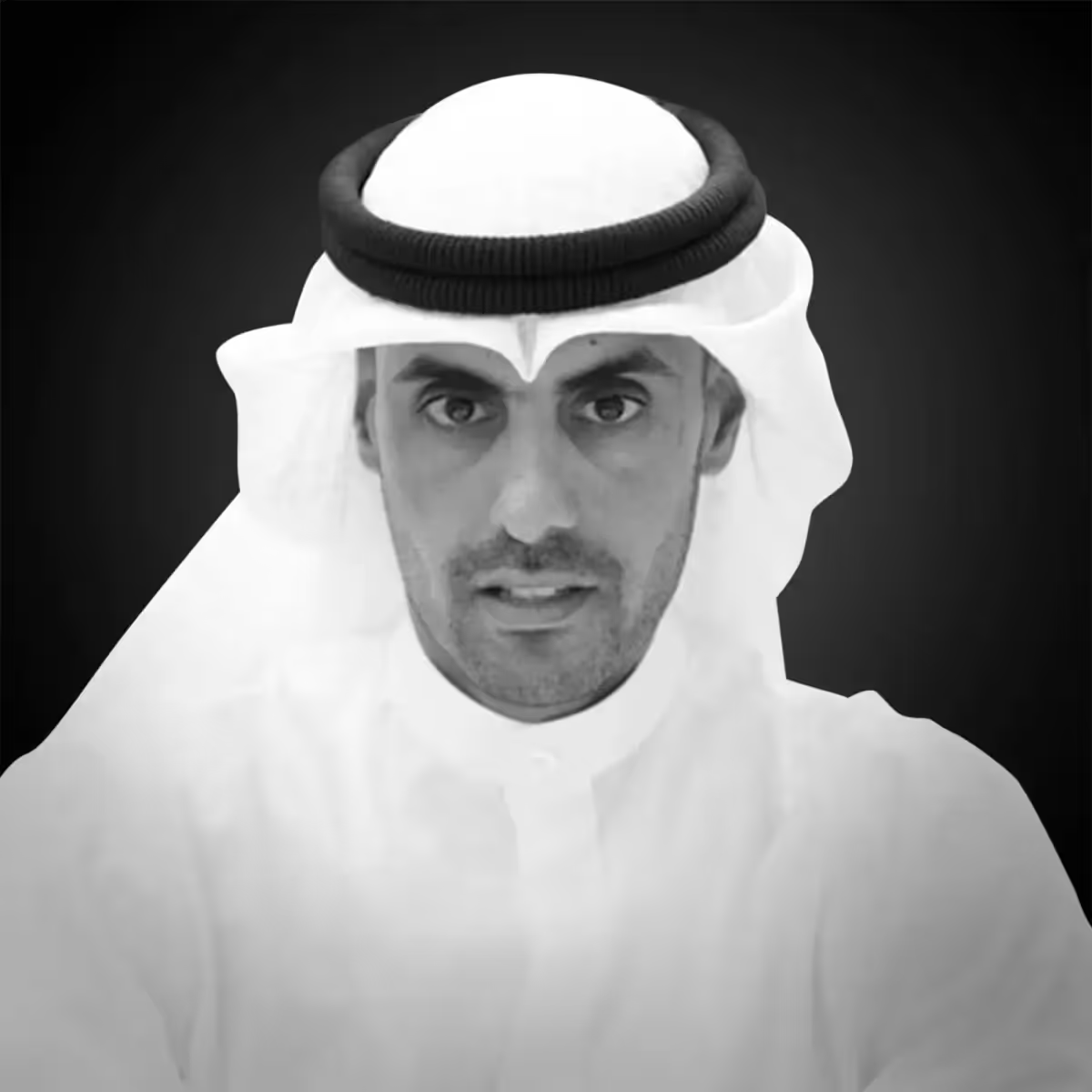
Bader Nasser Al-Kharafi
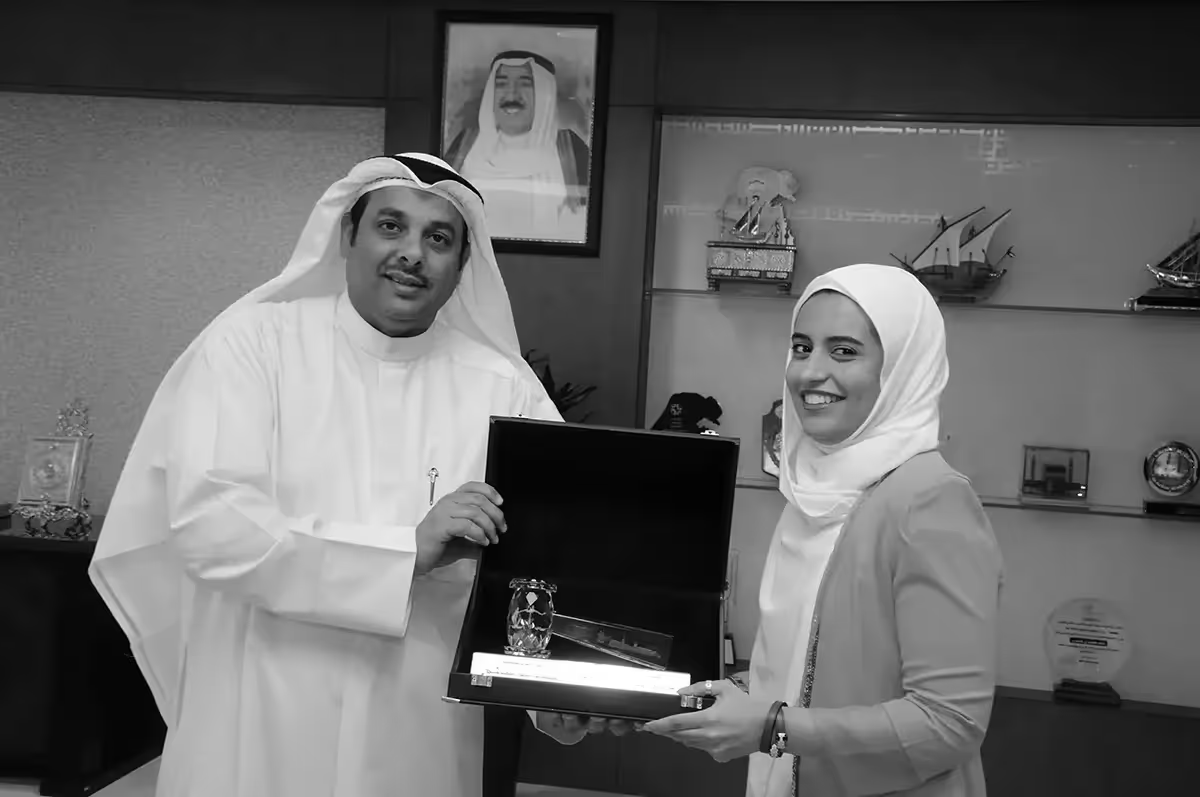
Shaikha Al Majed
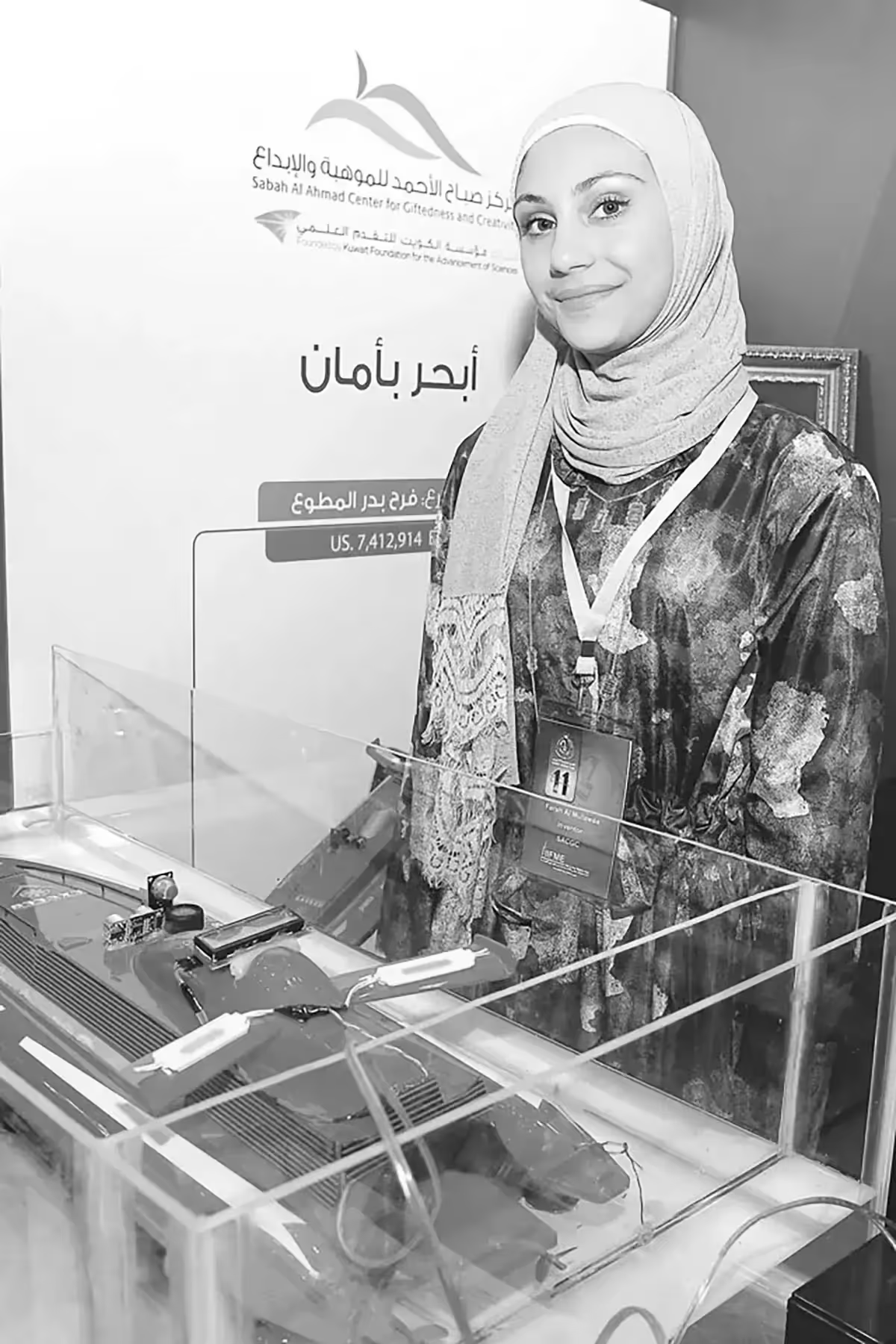
Farah Almutawa
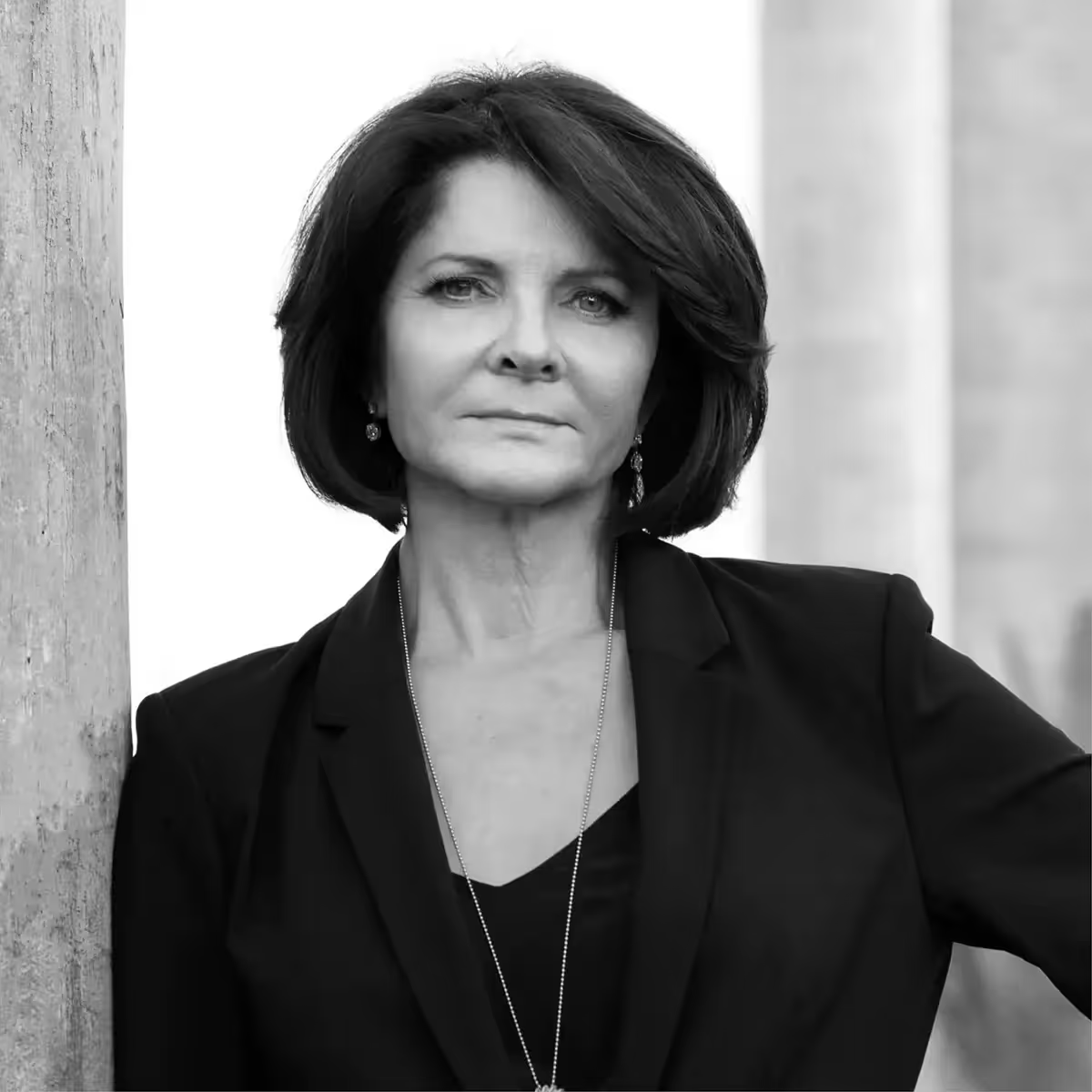
Donna Sultan
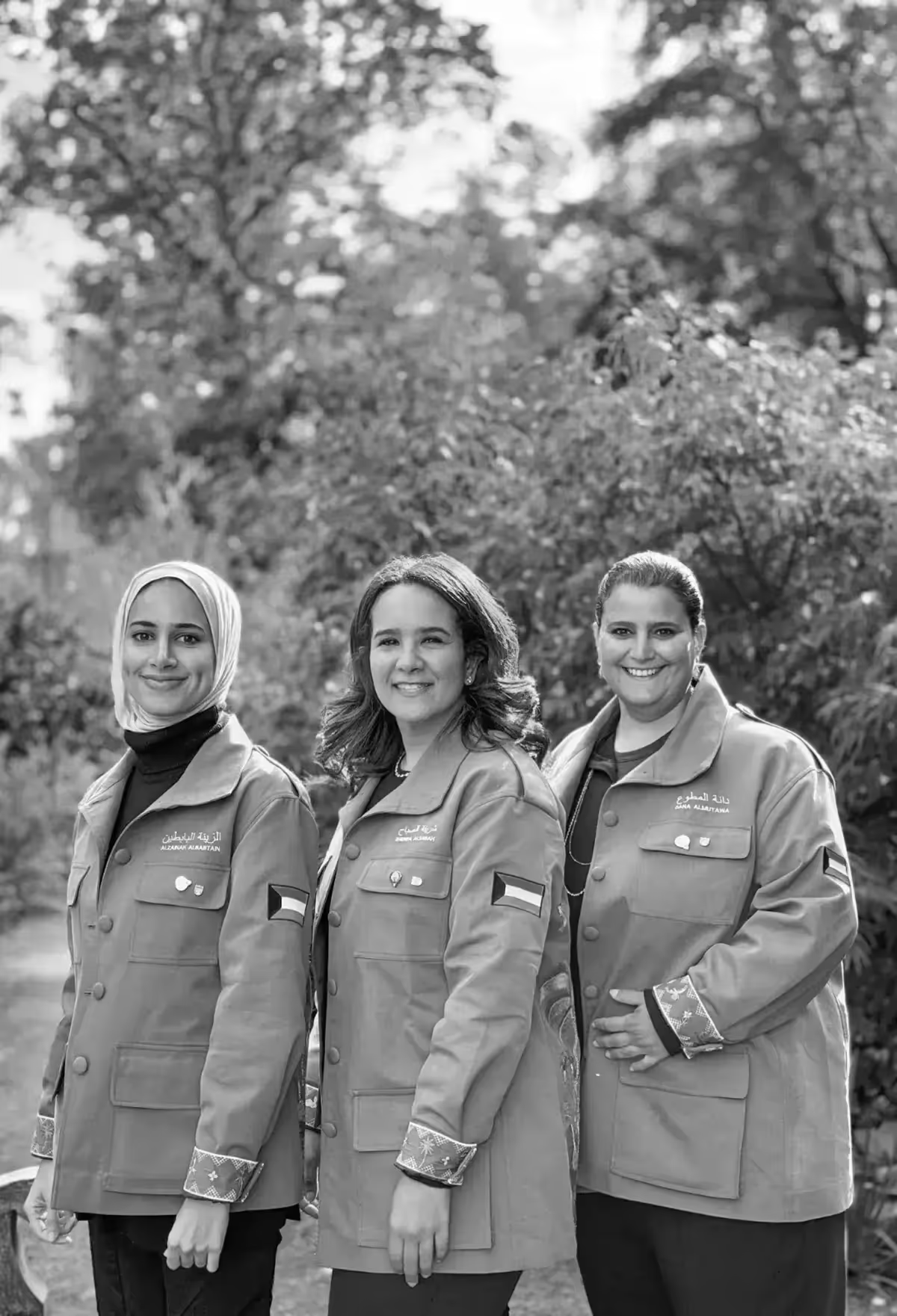
Dana Al-Mutawa and Sheikha Sharifa Al Sabah and Alzainah Albabtain
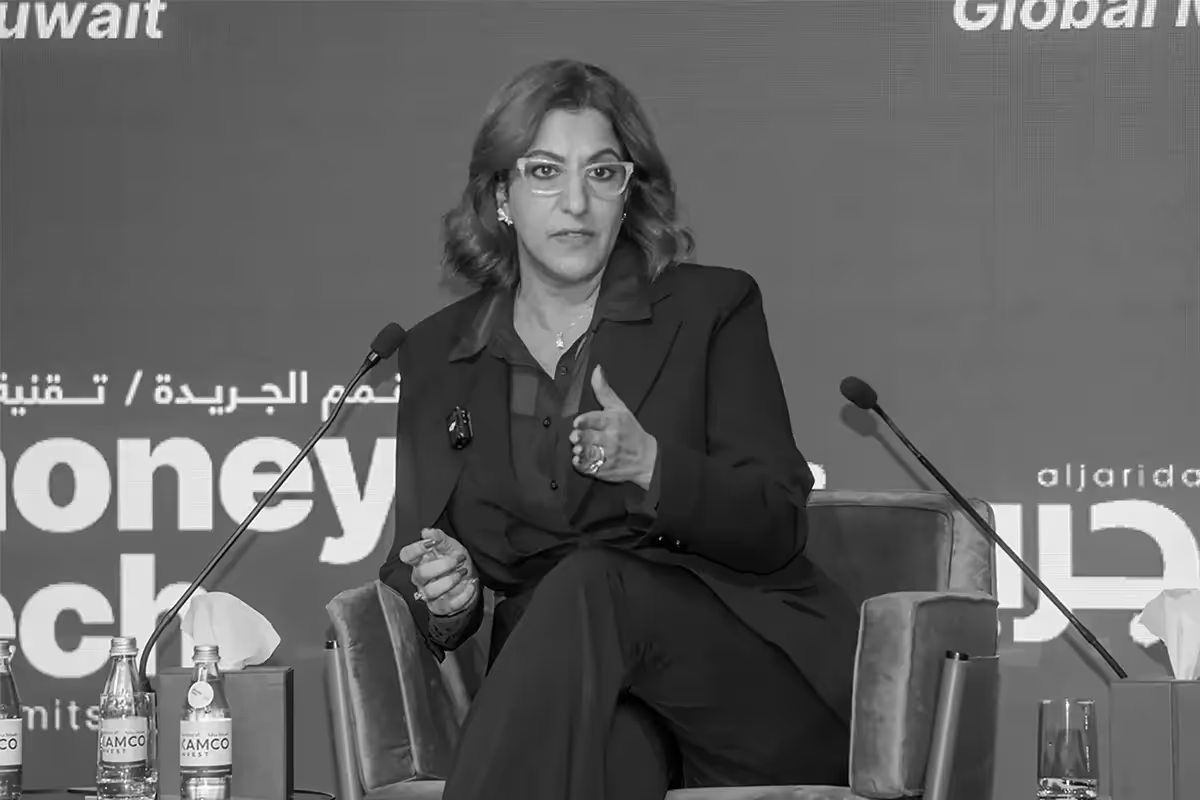
Laila Almutairi
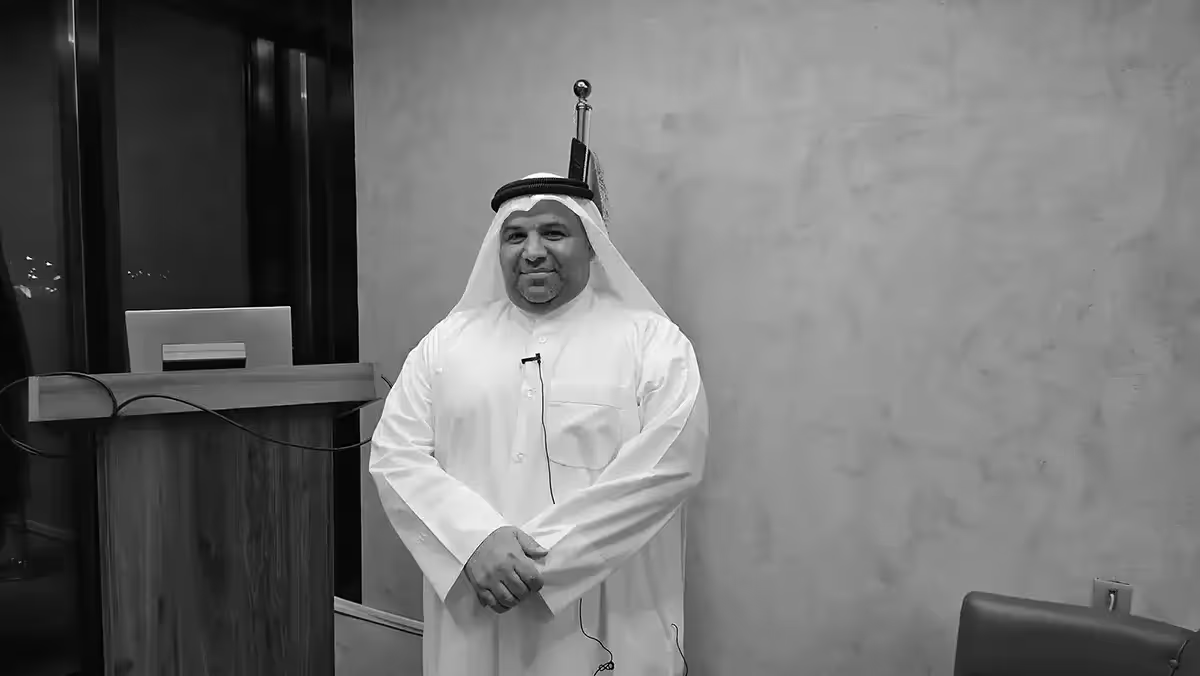
Adel Alwasis

Hashim and Amna Naseeb
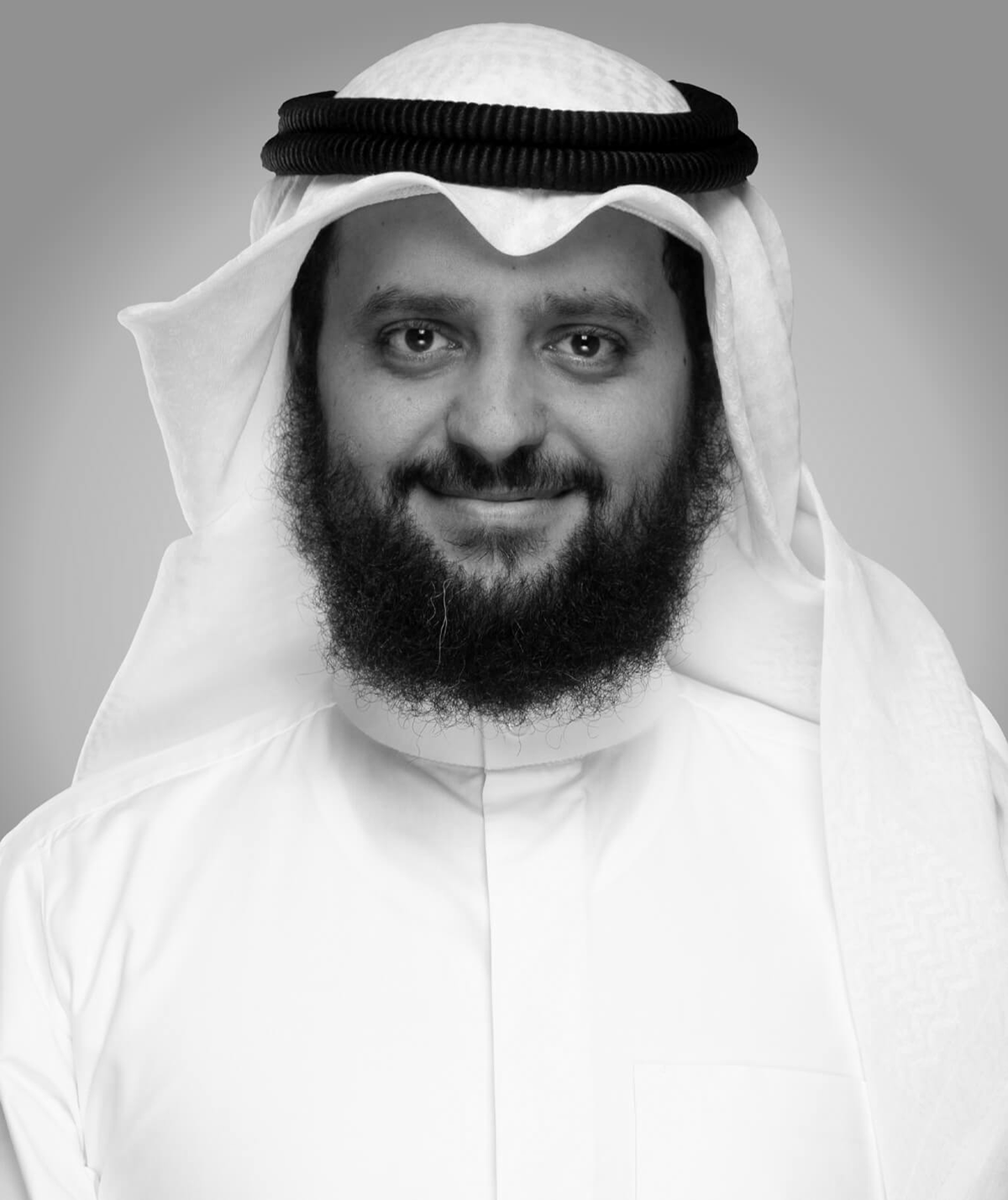
Dr. Abdullah Al Sumait
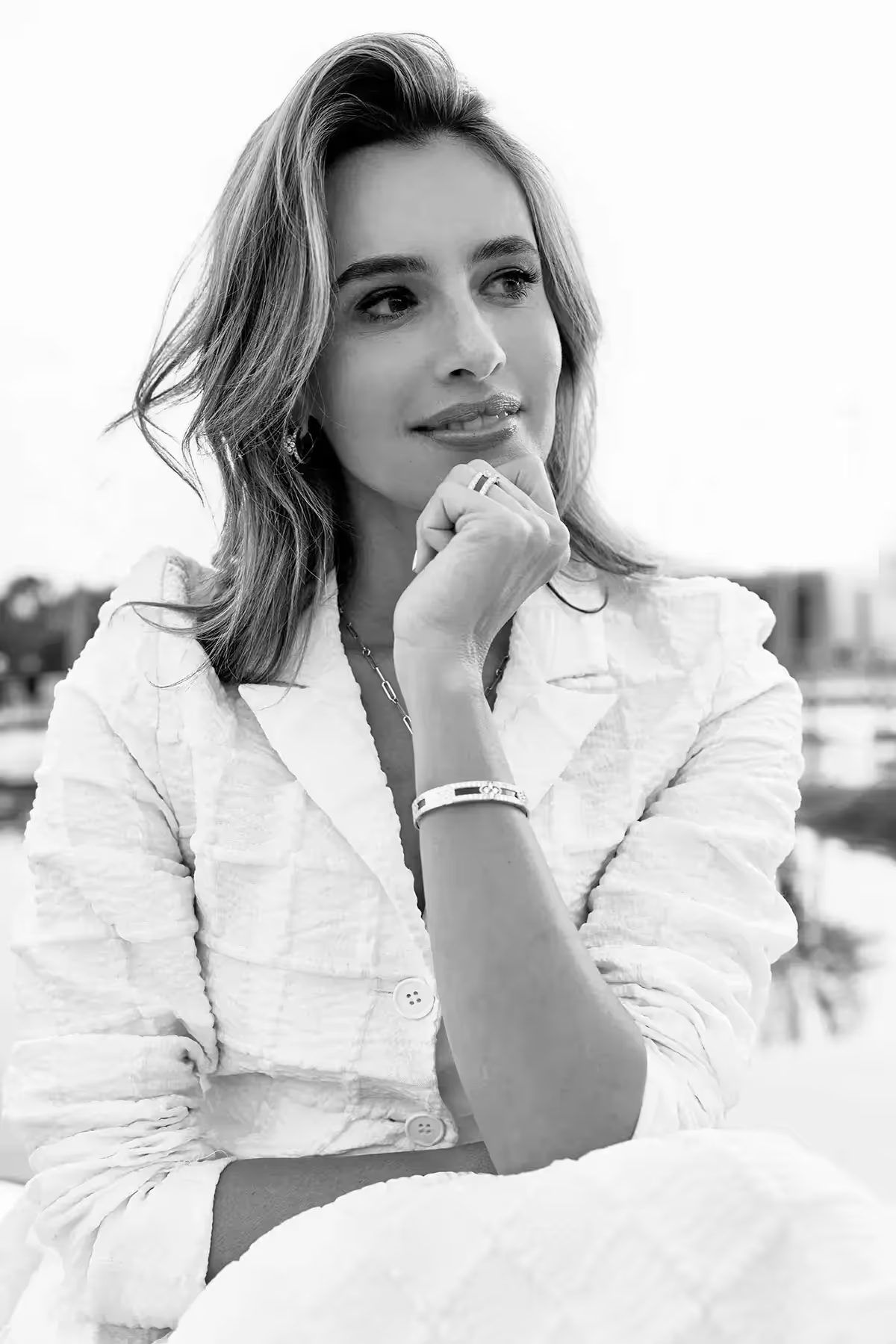
Shaikha Al-Hajeri
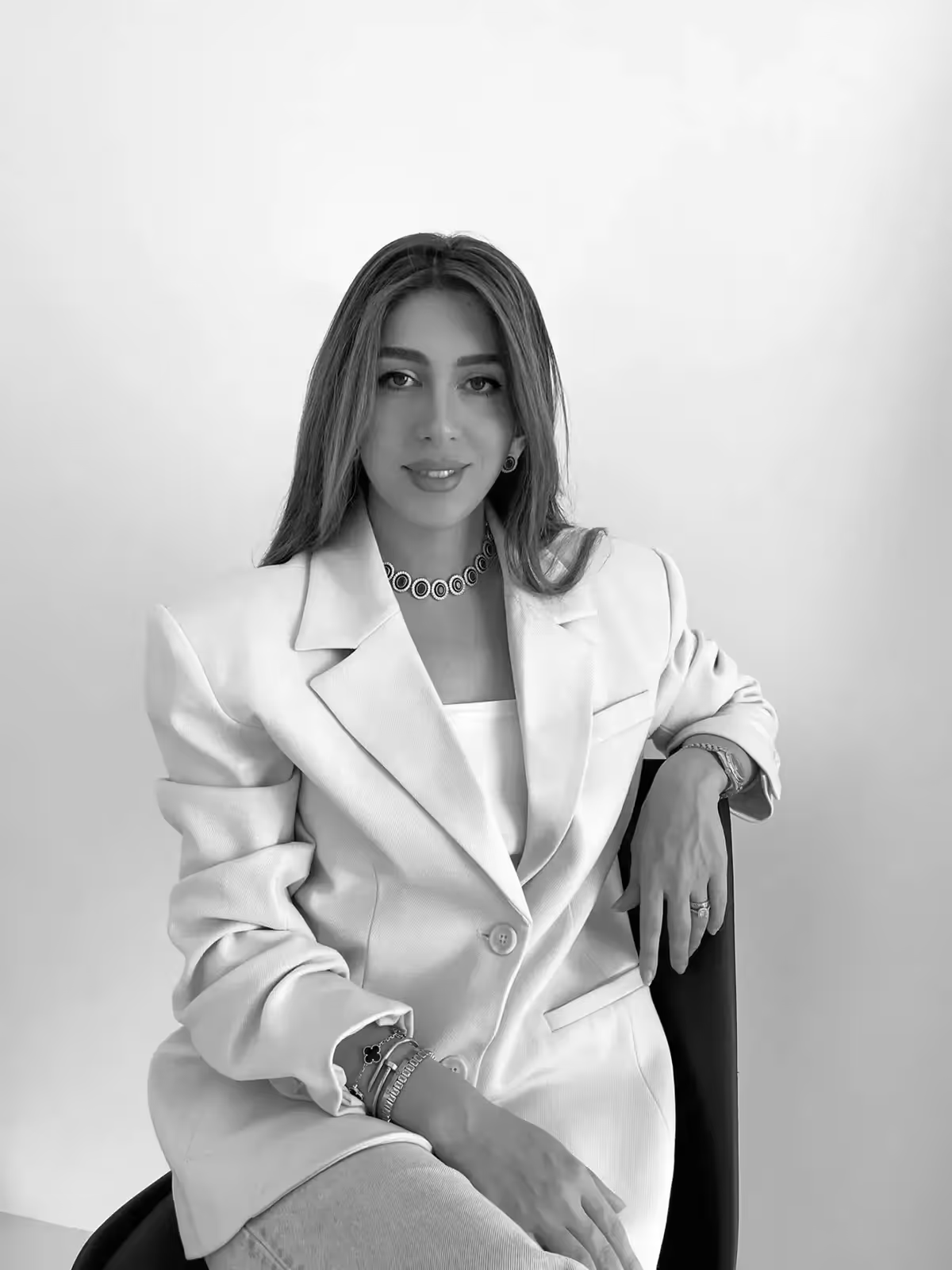
Shaima Hassan
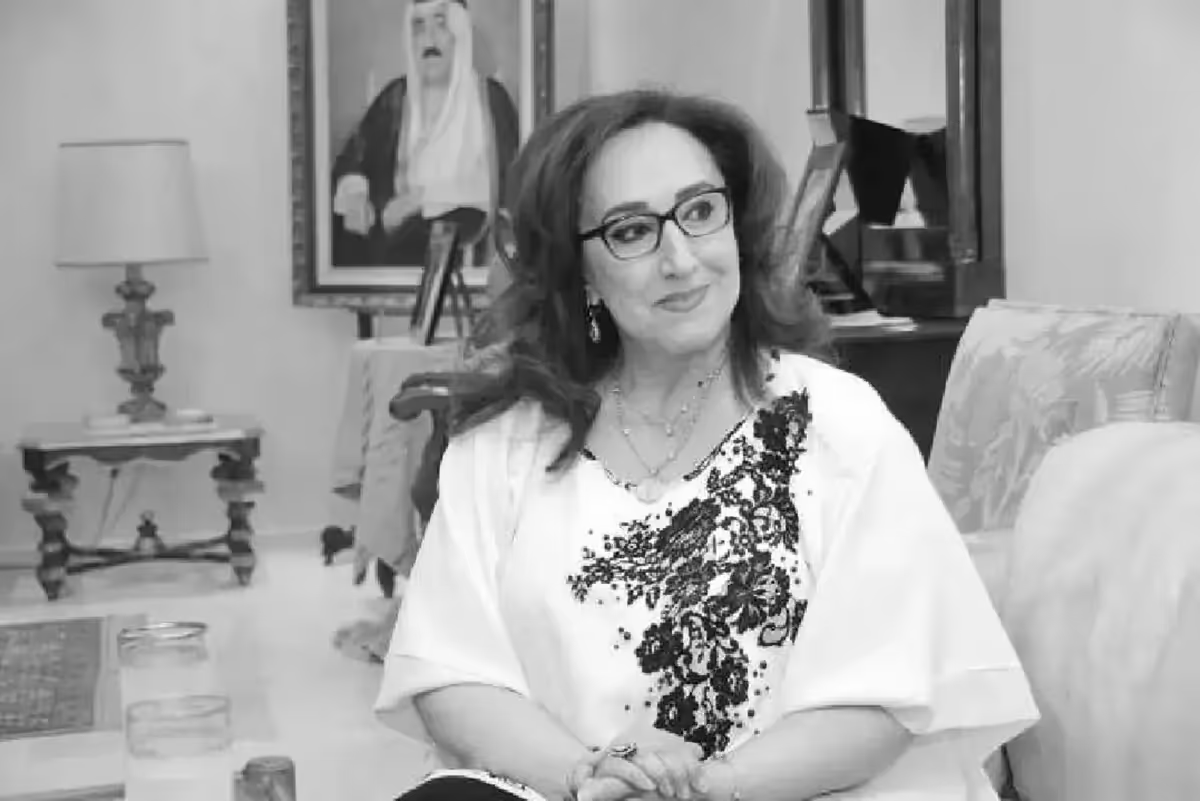
Sheikha Bibi Al-Yousef Al-Sabah
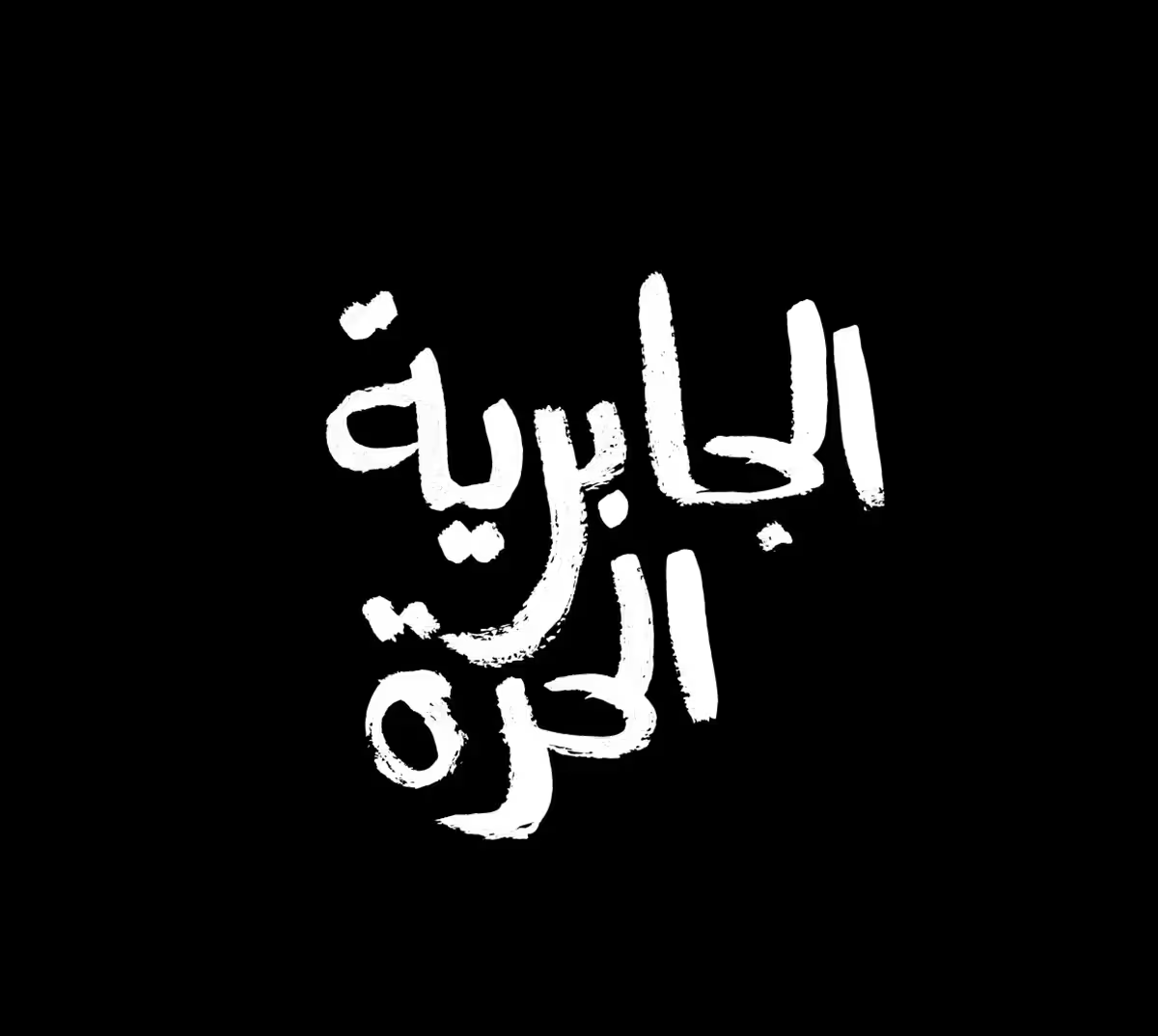
Free Jabriya
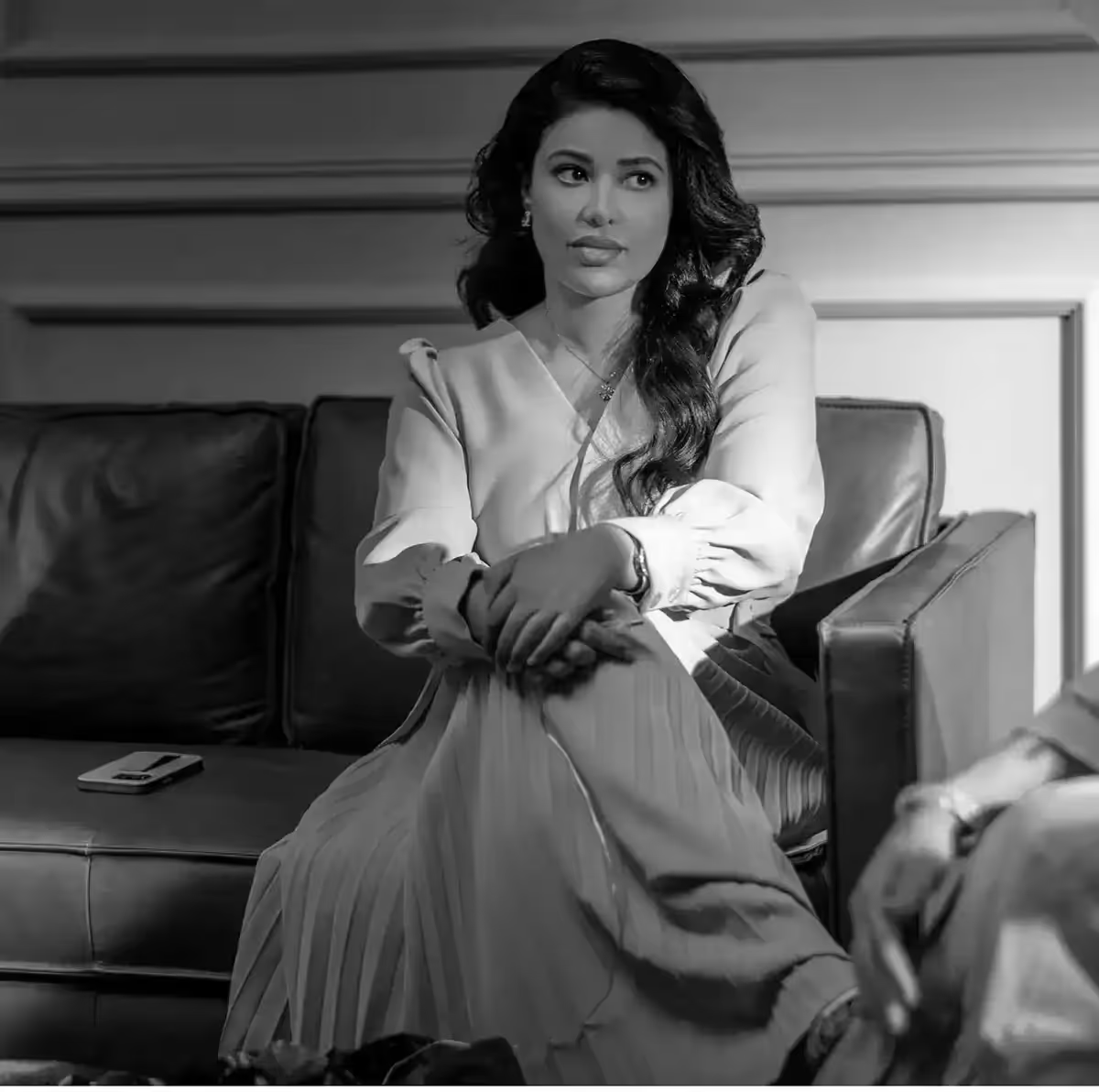
Lulowa Al-Mulla
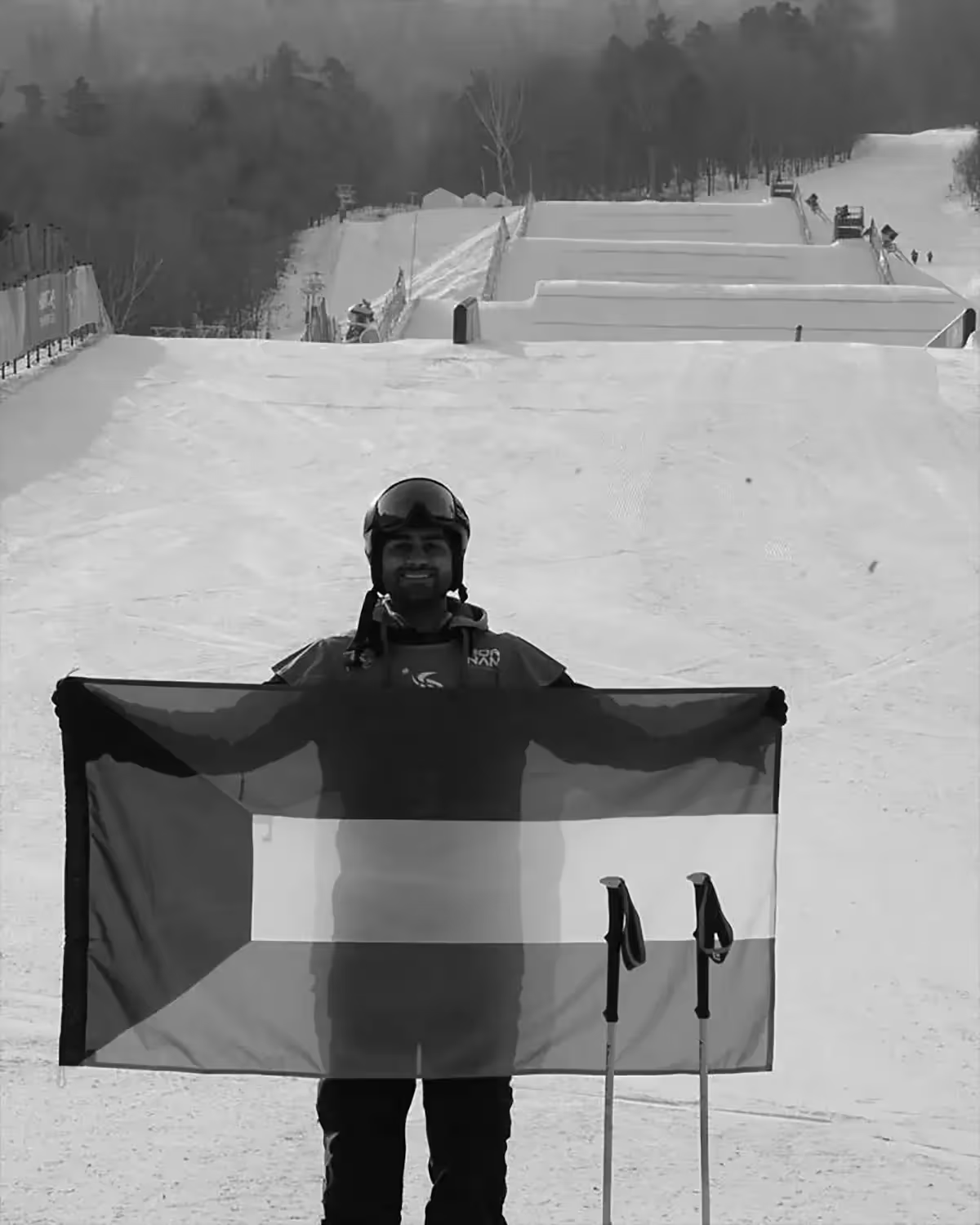
Salman Al-Kandari
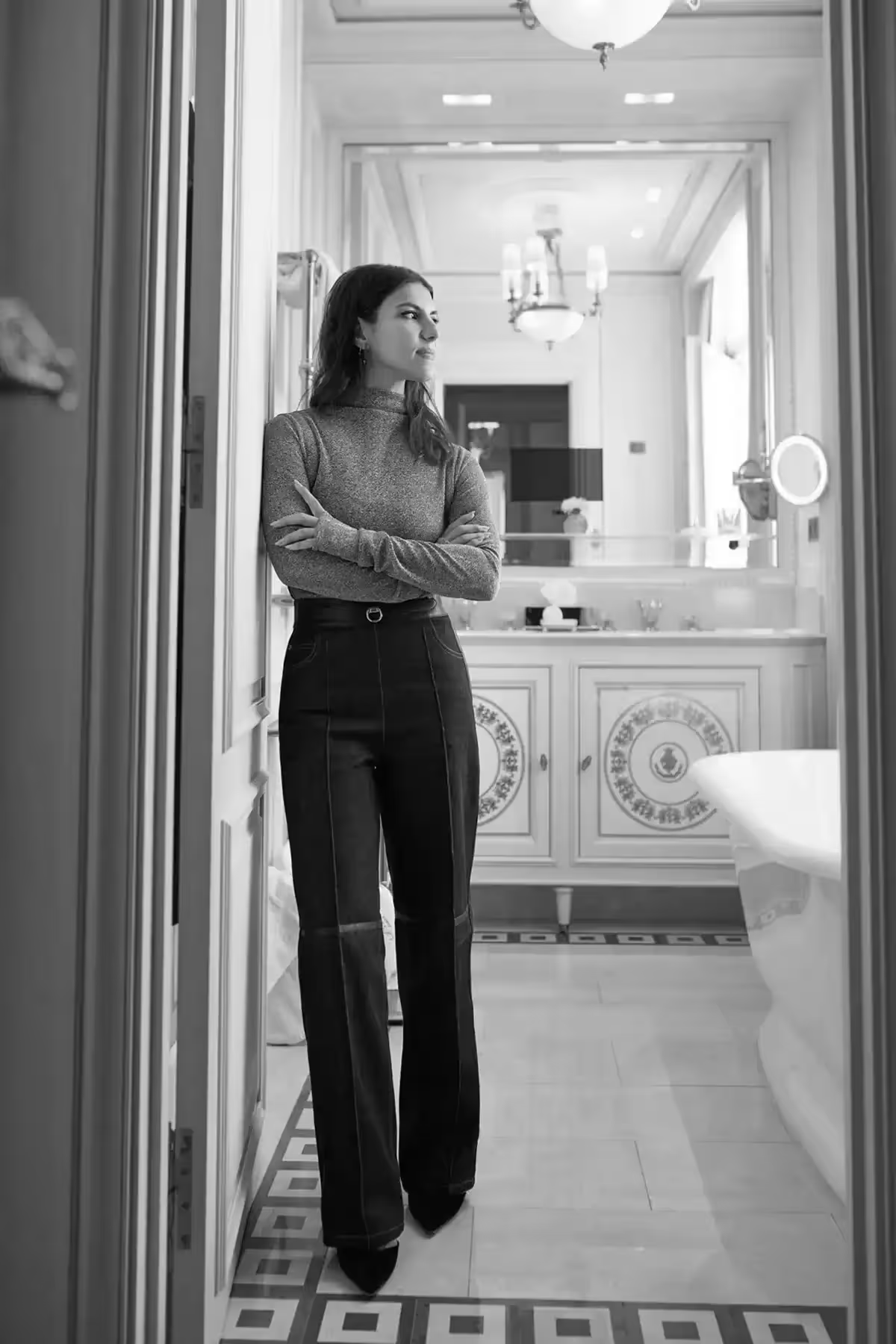
Al-Jawhara-Al-Mahdi
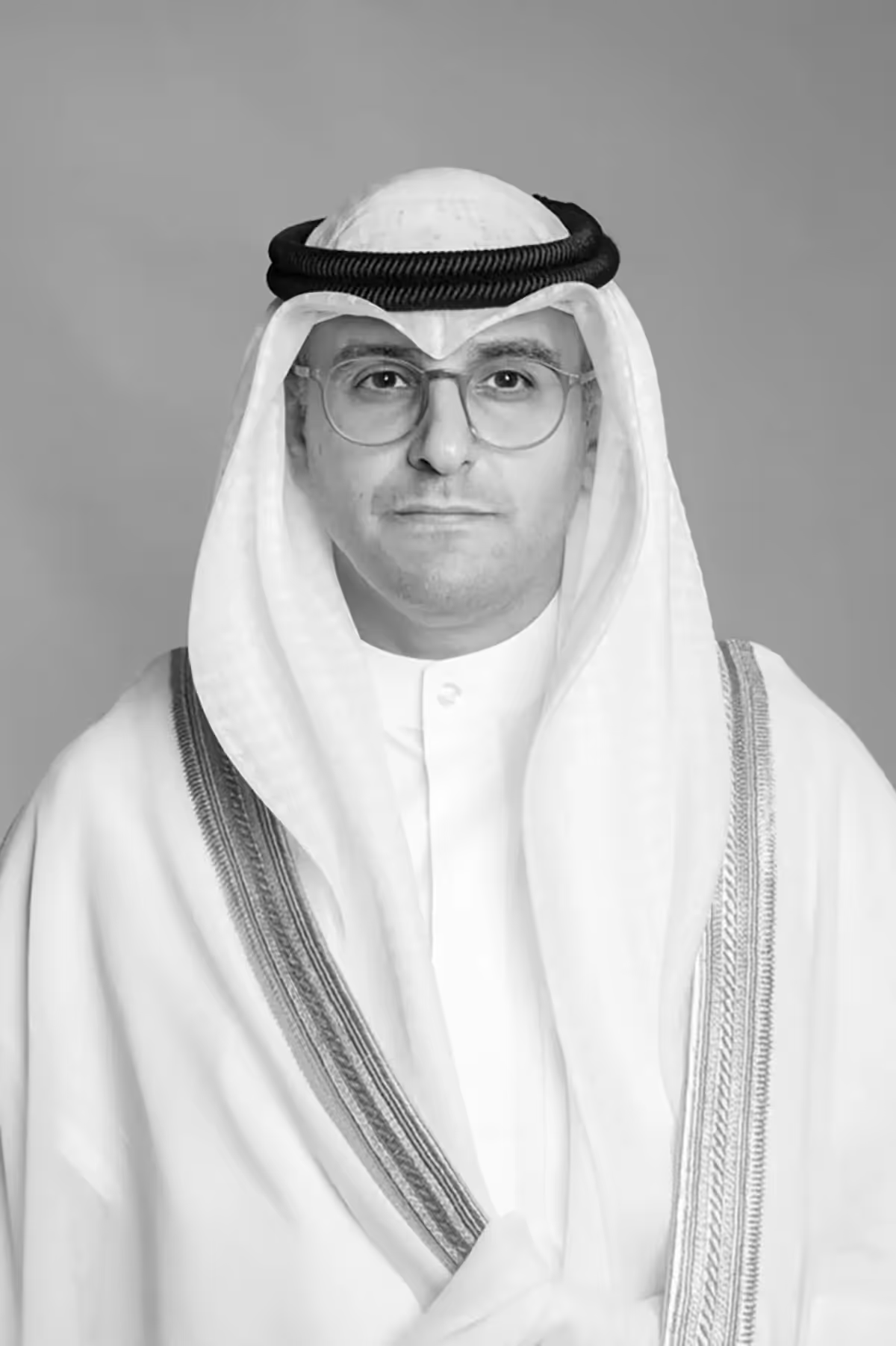
Abdullatif Al Mishari

Hussain Bumejdad
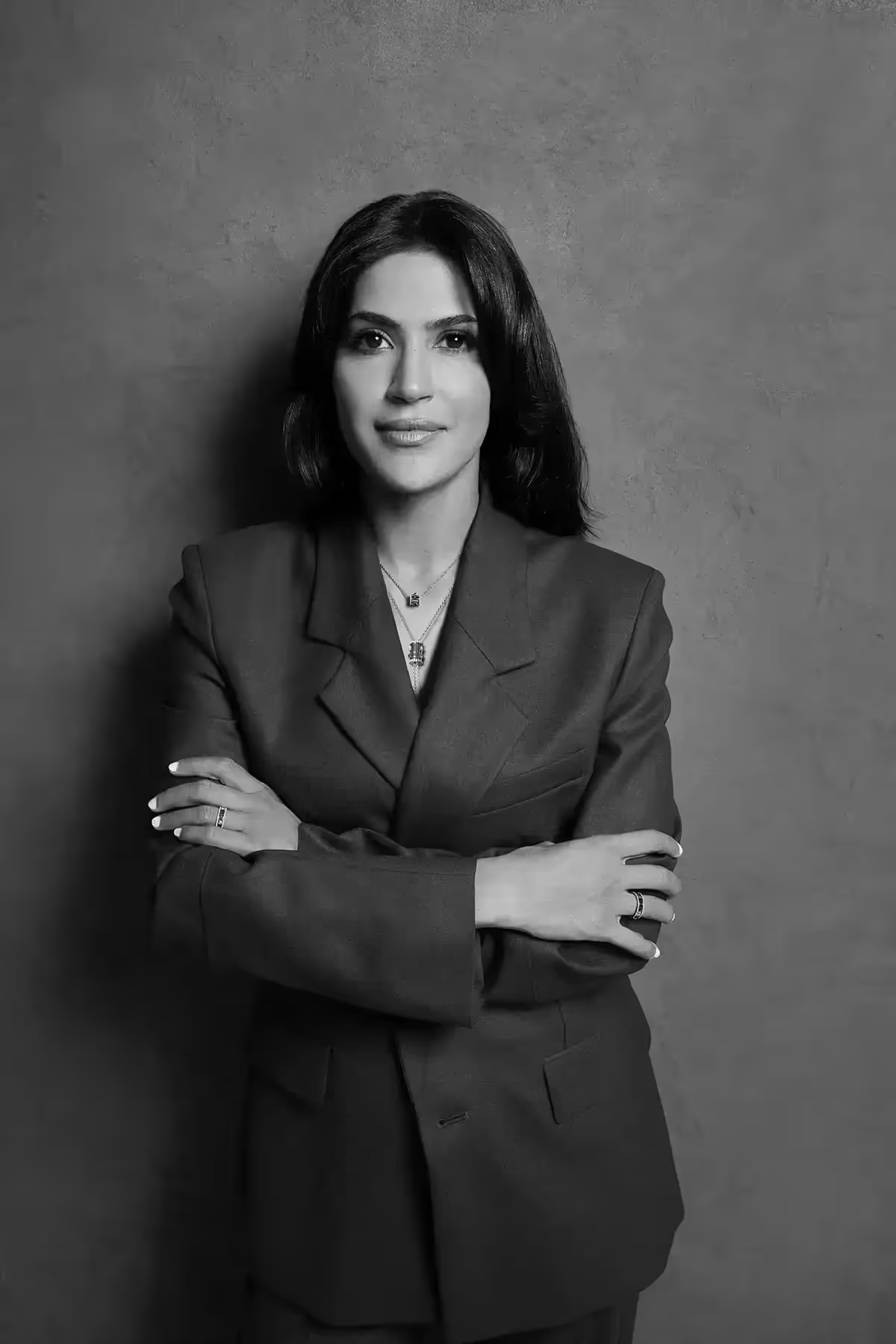
Soaad Al-Faqaan

Maryam Alrefaei

Abdulmohsen AlMarzouq
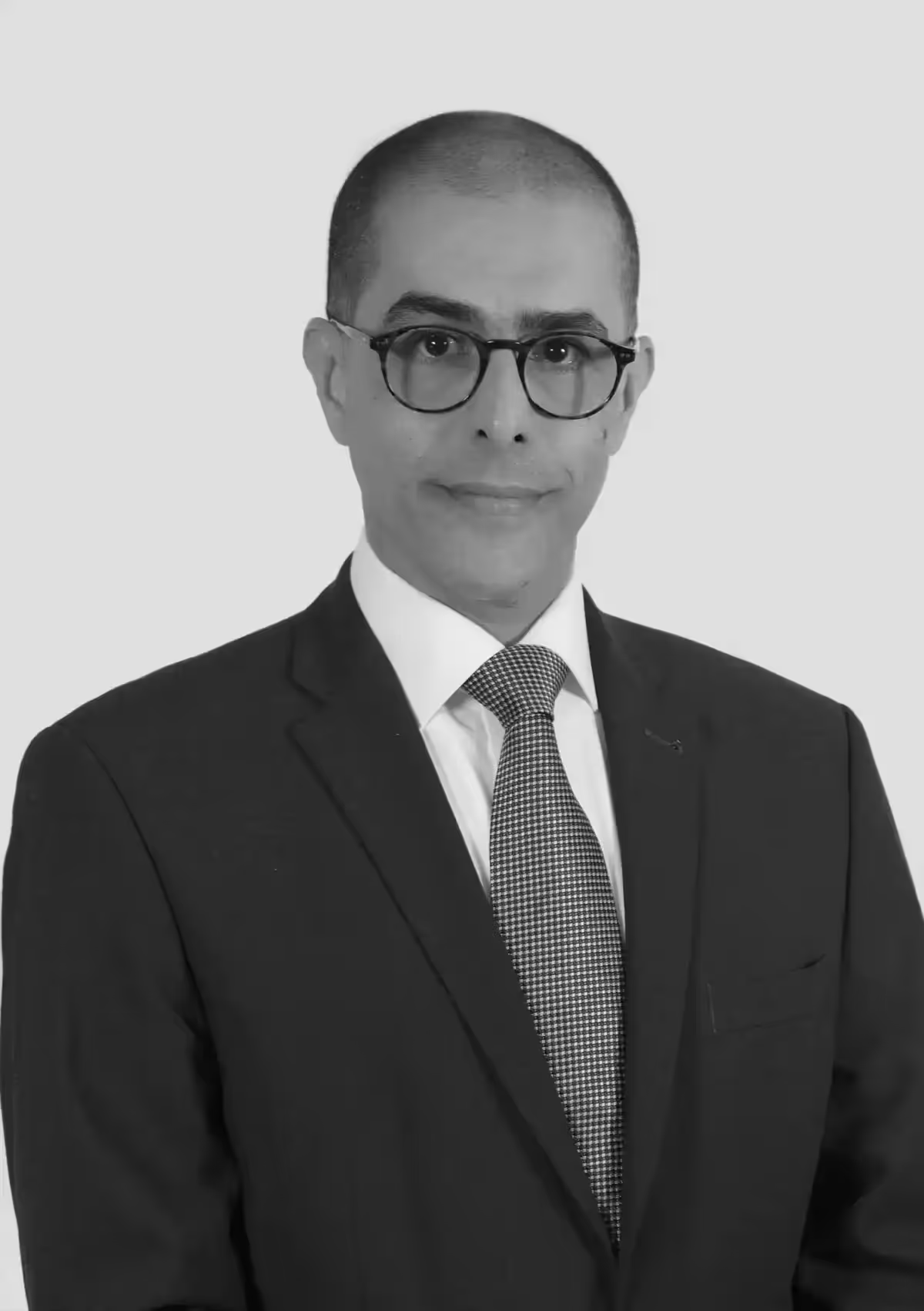
Dr. Faisal Al-Roomi
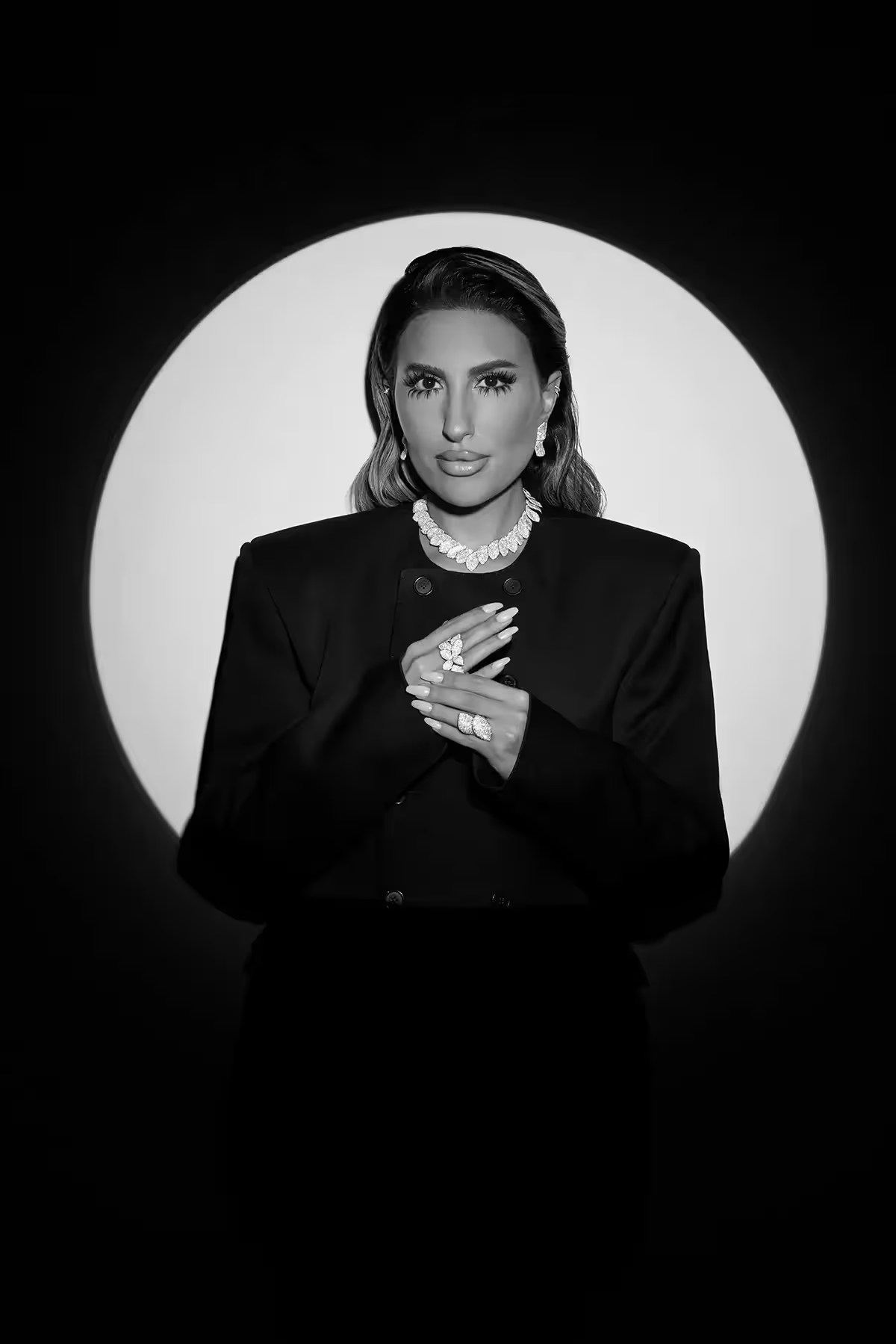
Noor Al-Nafisi
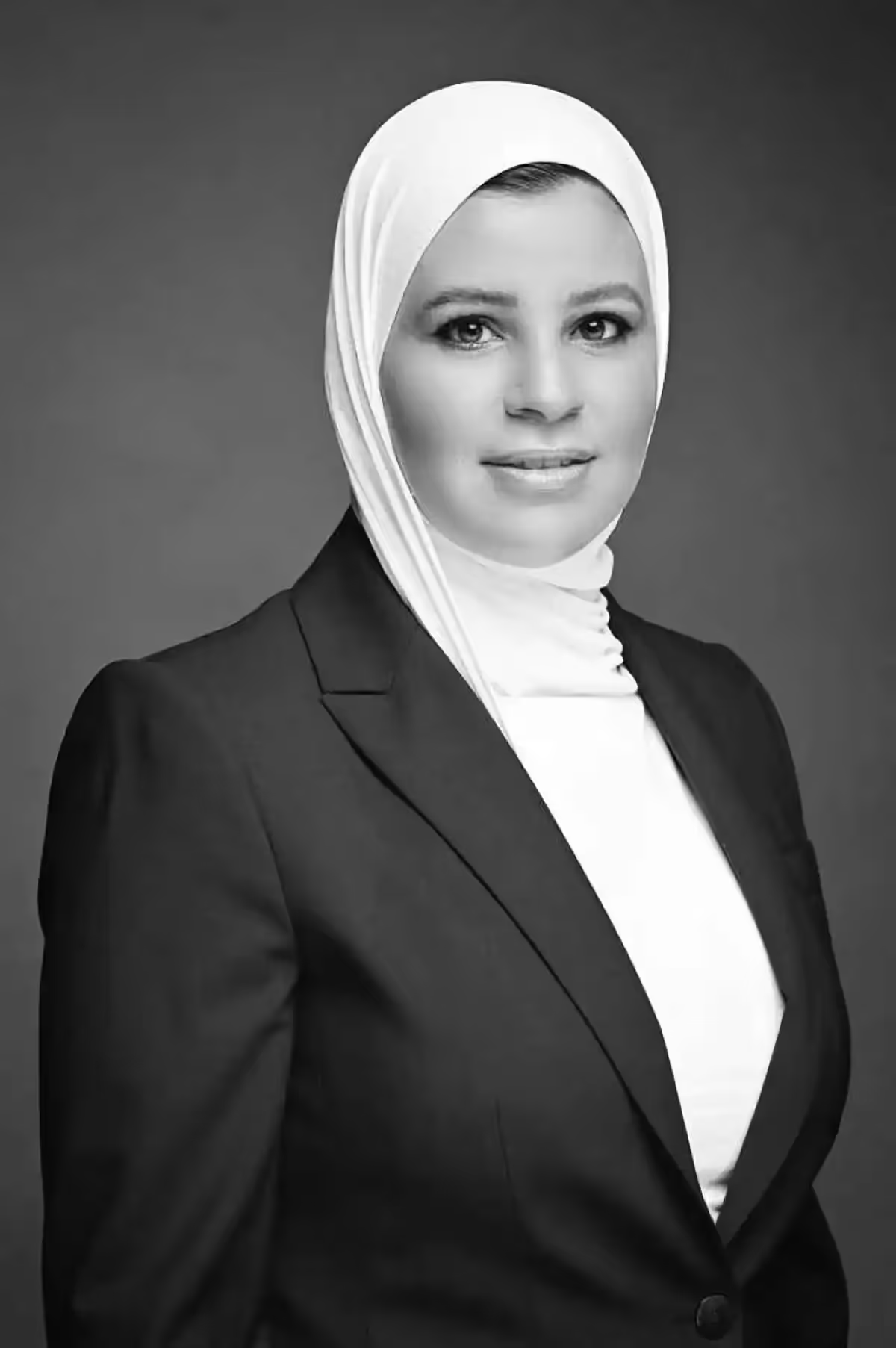
Shaymaa Al-Terkait
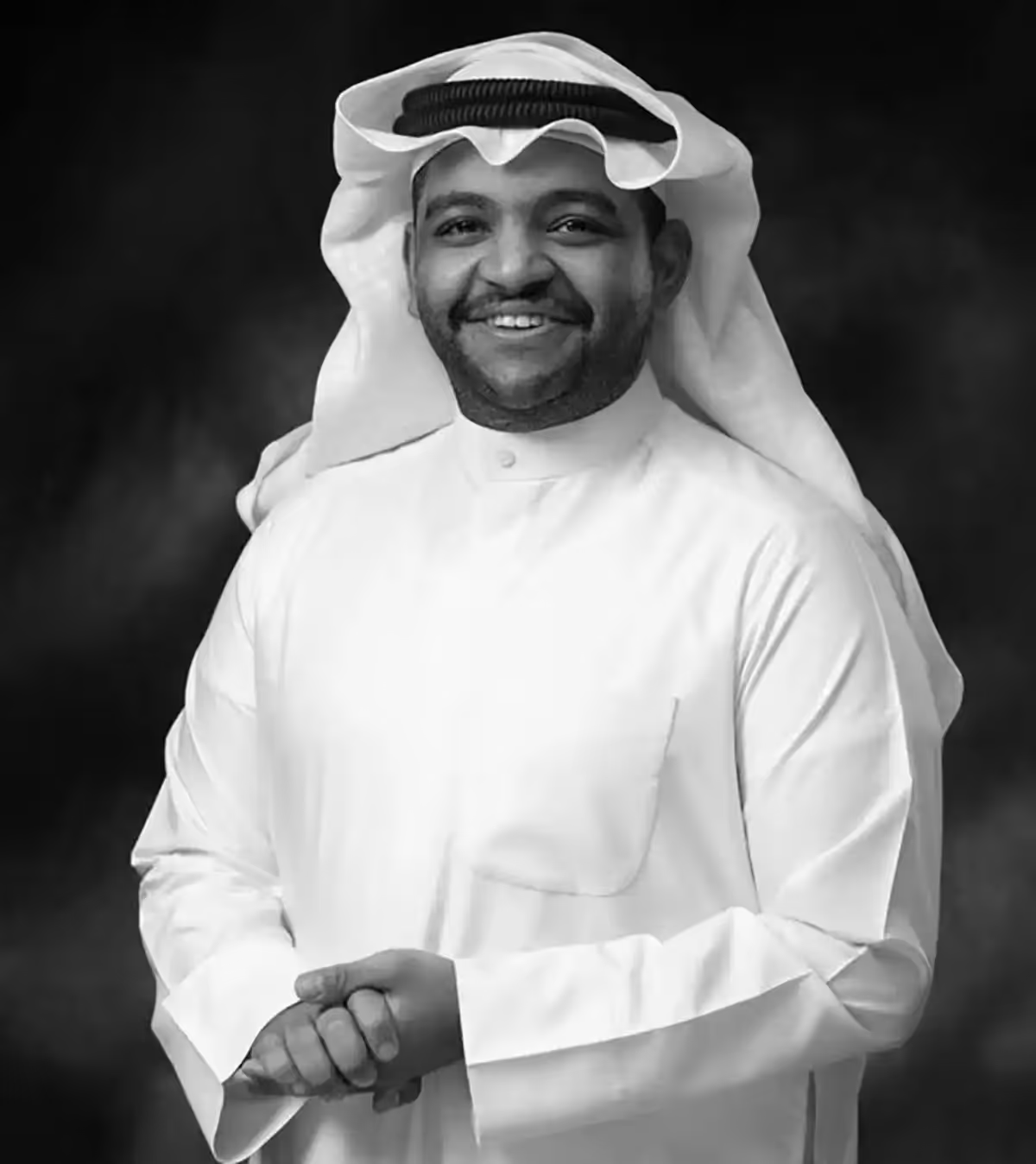
Khalid Muthafar
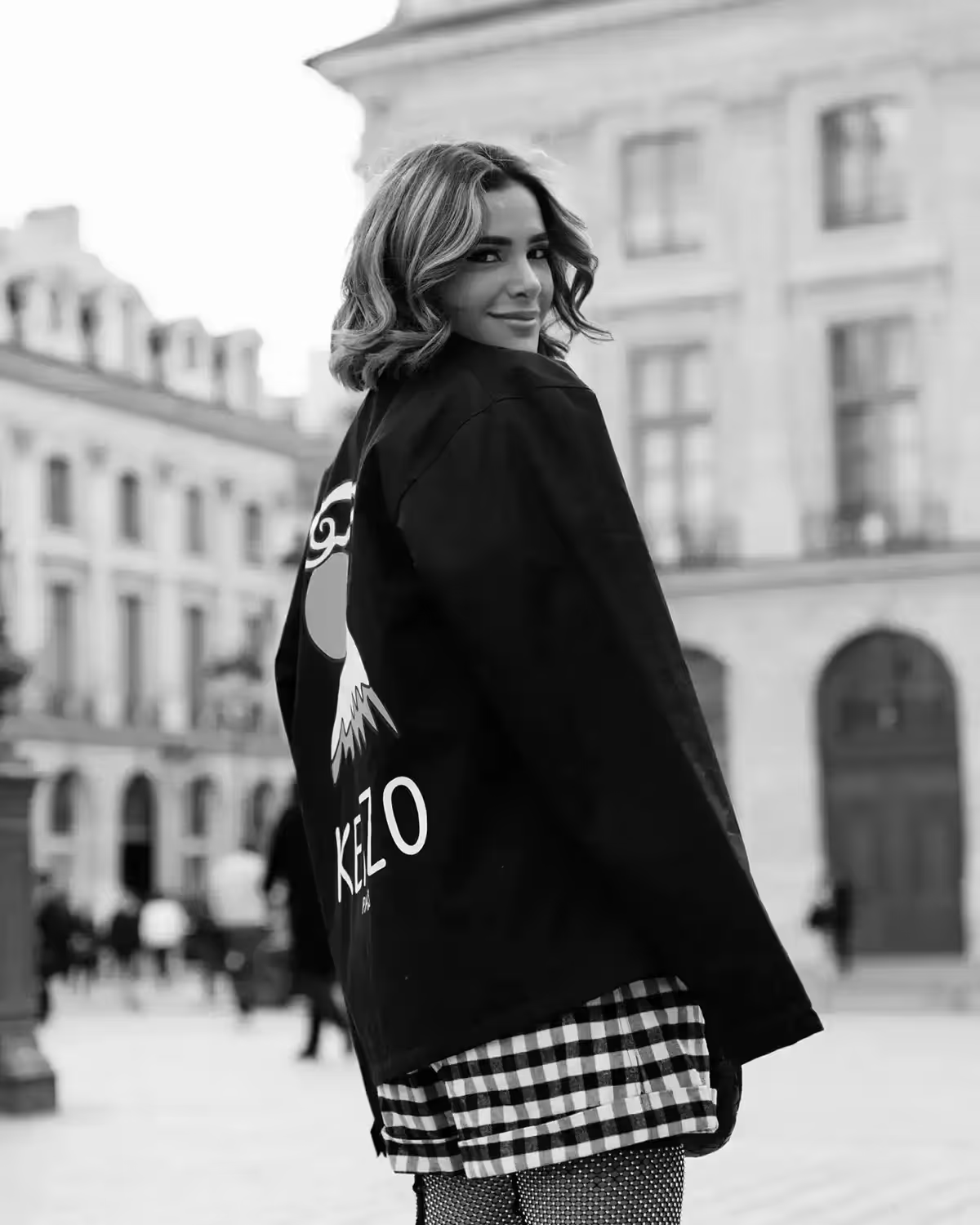
Dalal AlHajeri
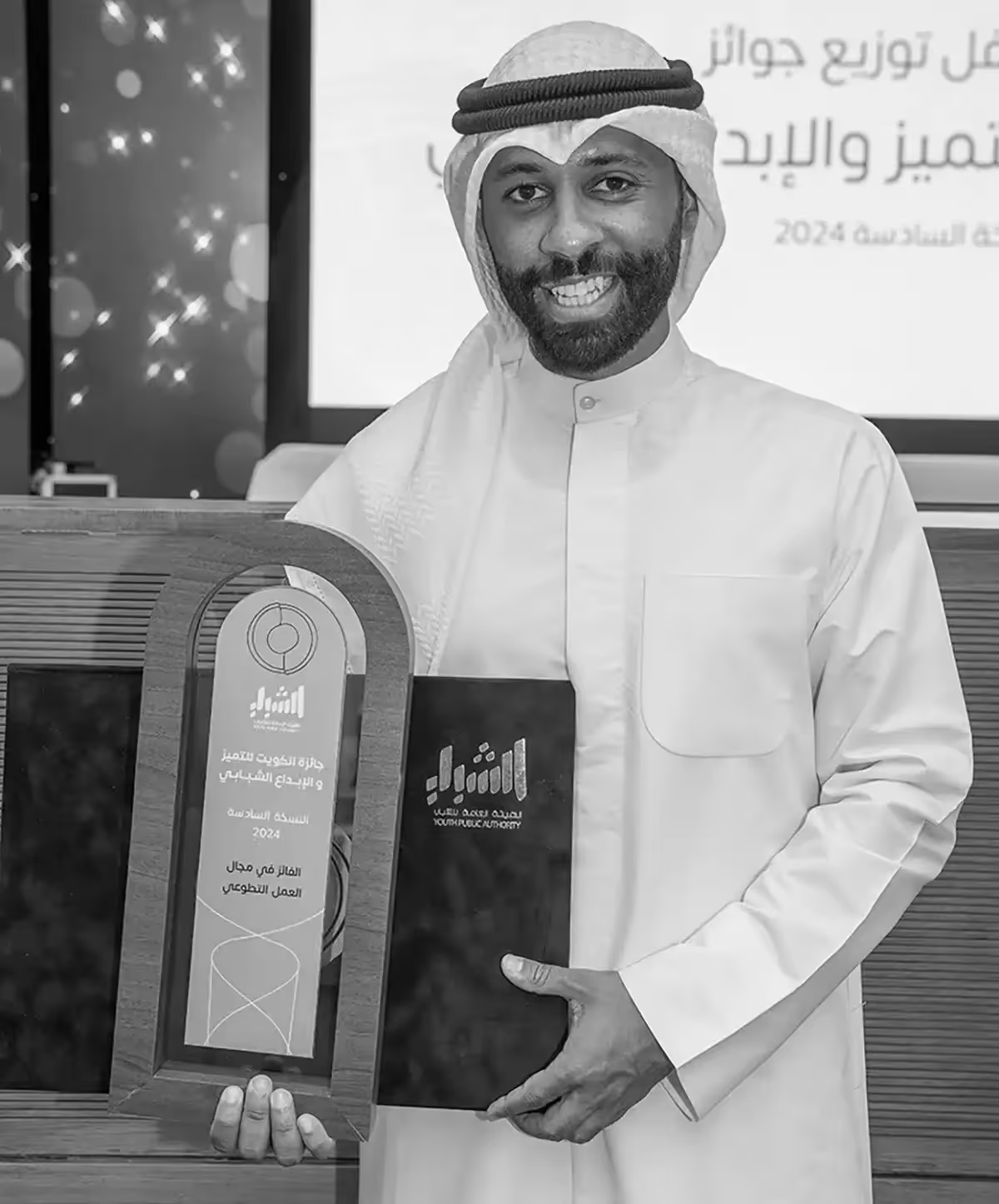
Yousef Alomran
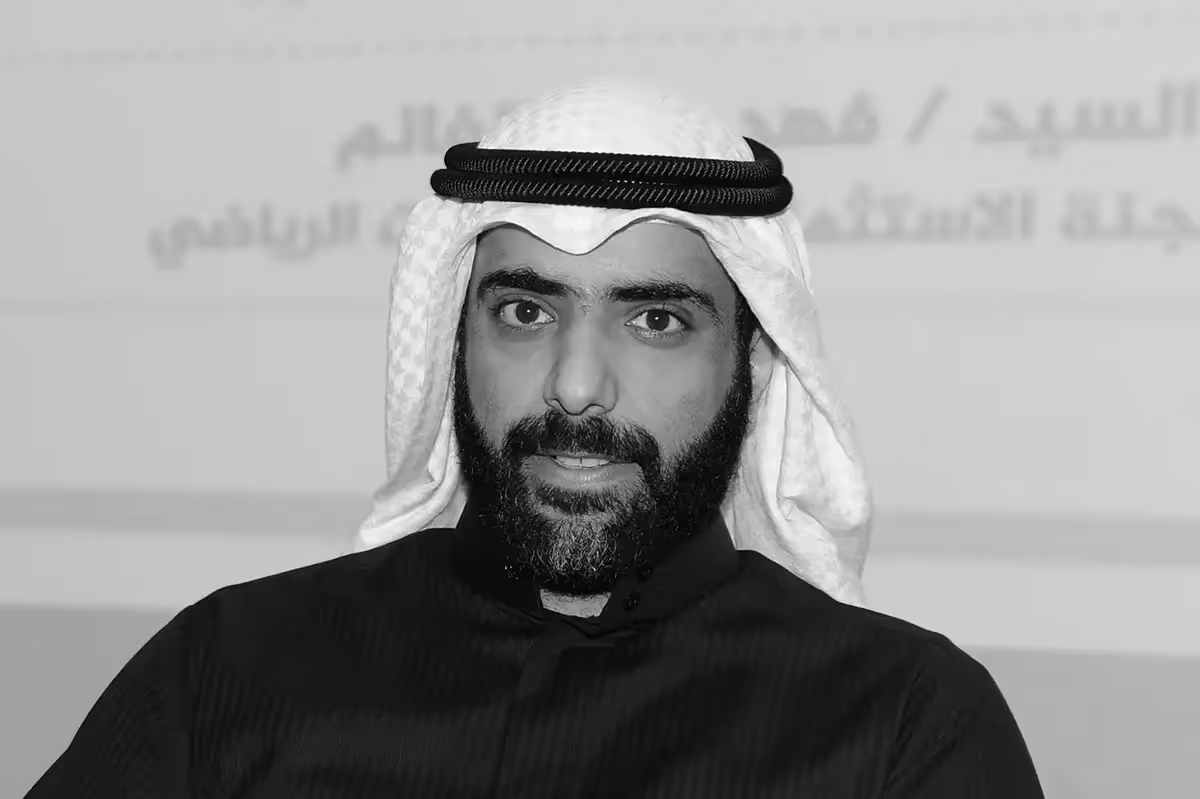
Fahad Al Ghanim
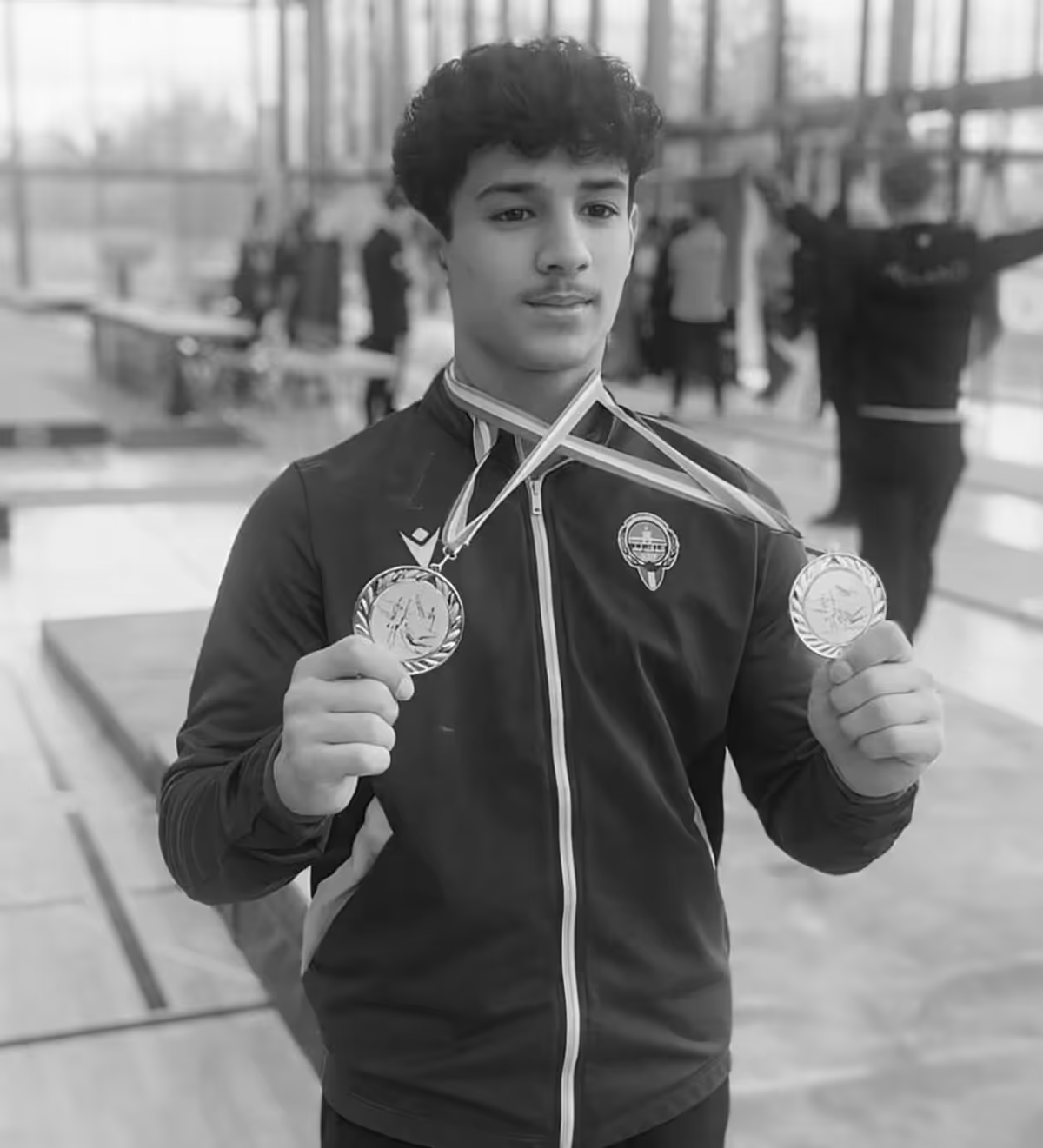
Abdullah Behbehani
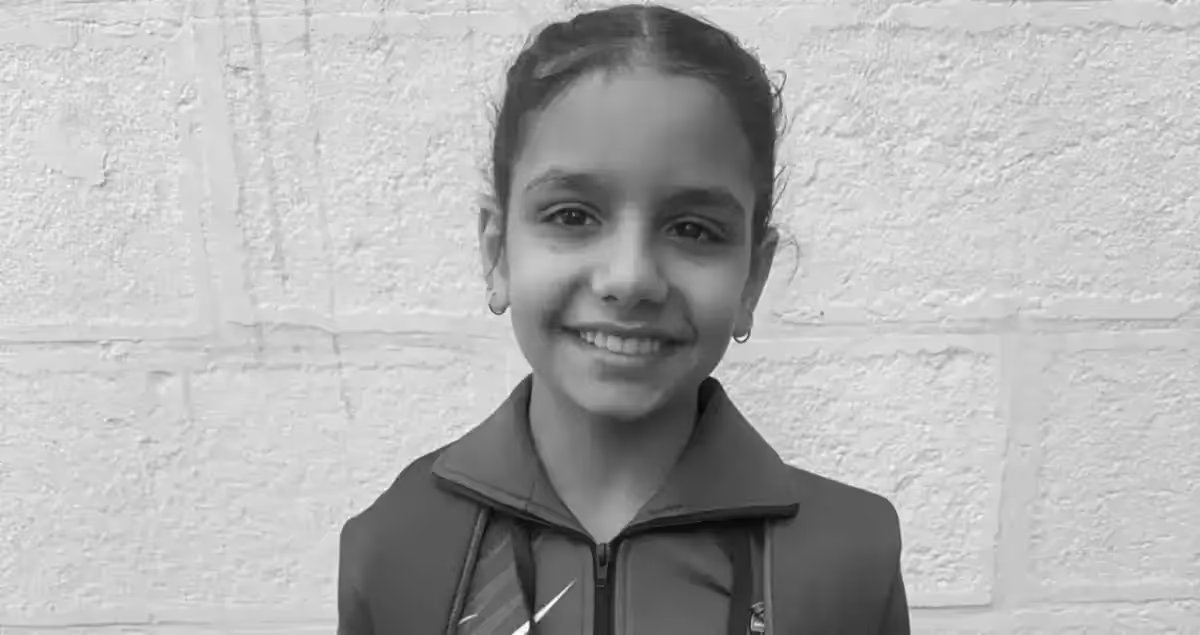
Sara Al-kattan
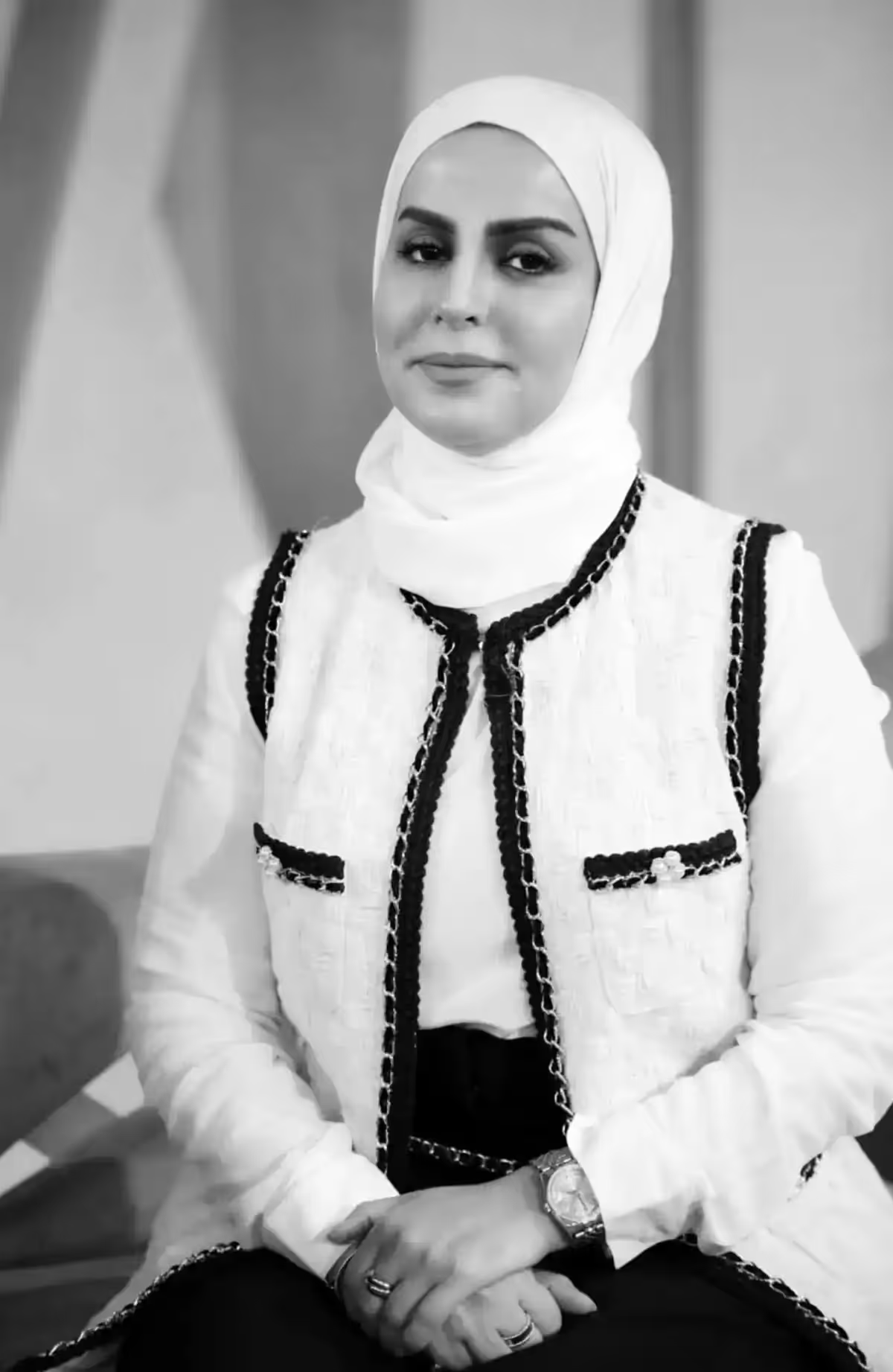
Dr. Manal Aldaihani
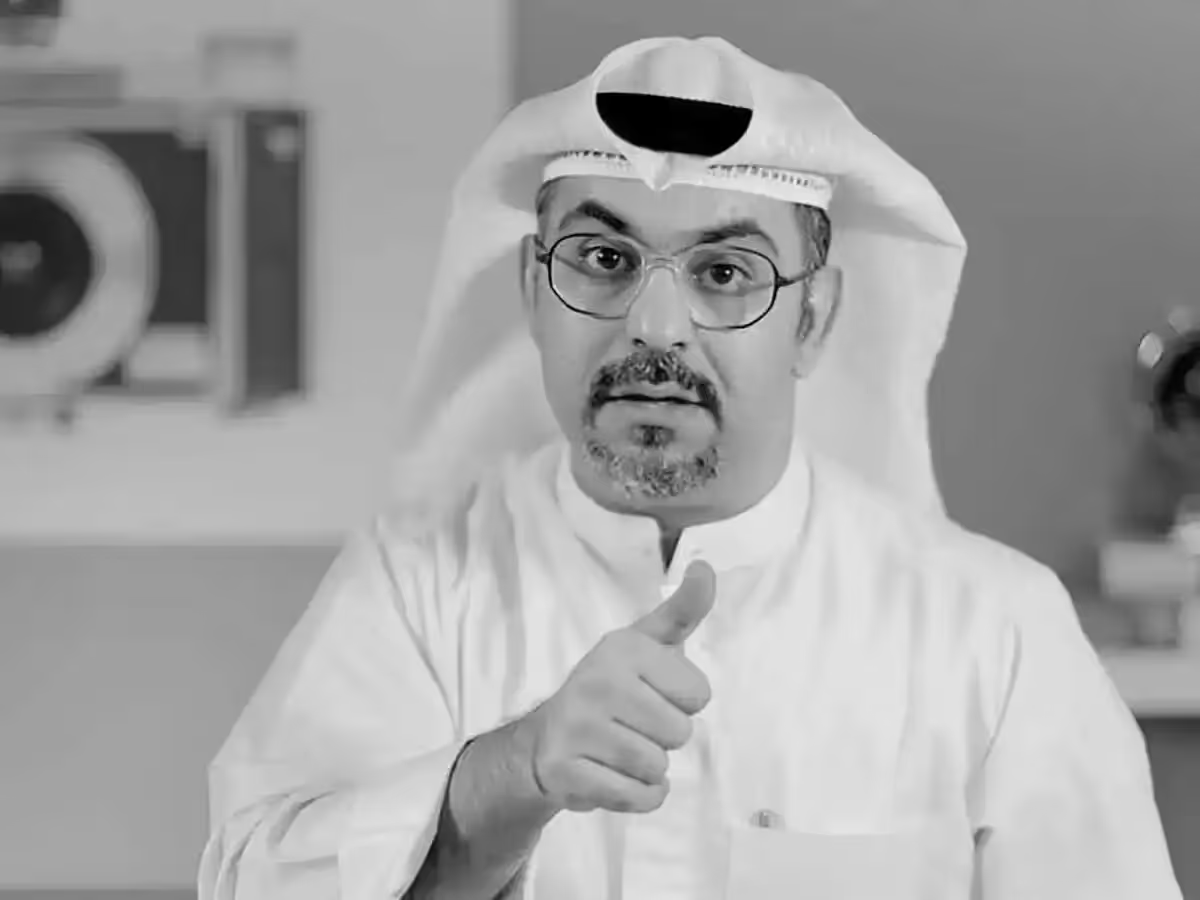
Ali Khajah

Raheel Al Roudhan

Bader Al-Kulaib

Sheikh Fahad Nasser Sabah Al Ahmad Al Sabah

Dr. Noura Almashan

Dr. Munira Al-Arouj

Nour Abdul

Eisa Alhabib

Deema Al-Ghunaim

Lama AlOraiman

Alymamah Rashed

Nadia Bader Al-Hajji

Henadi Al-Saleh

Jafar Islah

Abdullah Ghazi Al-Mudhaf

Abeer Al Awadhi

Shahad Alsabeeh

Abdulrahman Bedah Al-Mutairi

Faisal Alagel

Bader Nasser Al-Kharafi

Shaikha Al Majed

Farah Almutawa

Donna Sultan

Dana Al-Mutawa and Sheikha Sharifa Al Sabah and Alzainah Albabtain

Laila Almutairi

Adel Alwasis

Hashim and Amna Naseeb

Dr. Abdullah Al Sumait

Shaikha Al-Hajeri

Shaima Hassan

Sheikha Bibi Al-Yousef Al-Sabah

Free Jabriya

Lulowa Al-Mulla

Salman Al-Kandari

Al-Jawhara-Al-Mahdi

Abdullatif Al Mishari

Hussain Bumejdad

Soaad Al-Faqaan

Maryam Alrefaei

Abdulmohsen AlMarzouq

Dr. Faisal Al-Roomi

Noor Al-Nafisi

Shaymaa Al-Terkait

Khalid Muthafar

Dalal AlHajeri

Yousef Alomran

Fahad Al Ghanim

Abdullah Behbehani

Sara Al-kattan

Dr. Manal Aldaihani

Ali Khajah

Raheel Al Roudhan









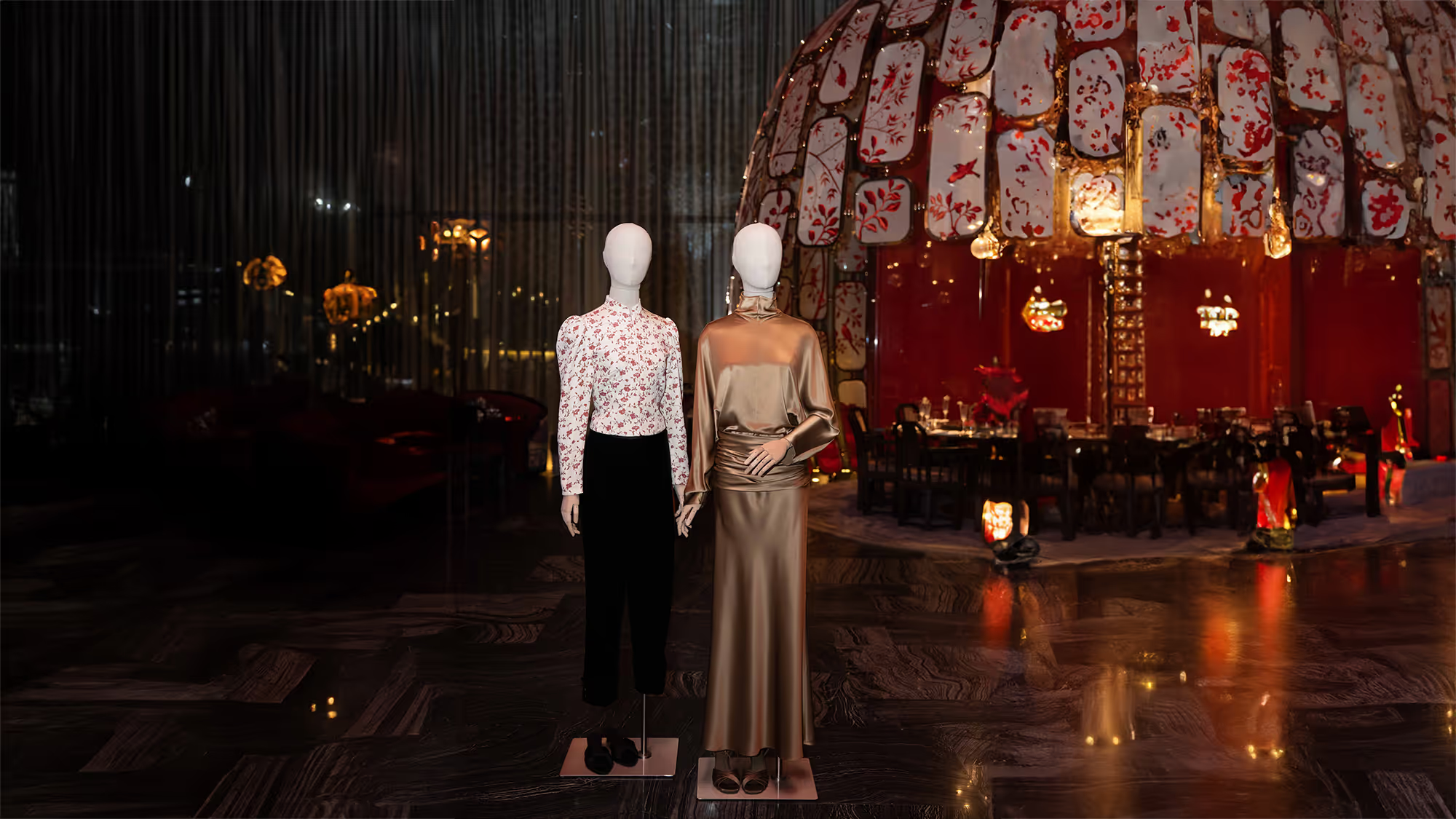

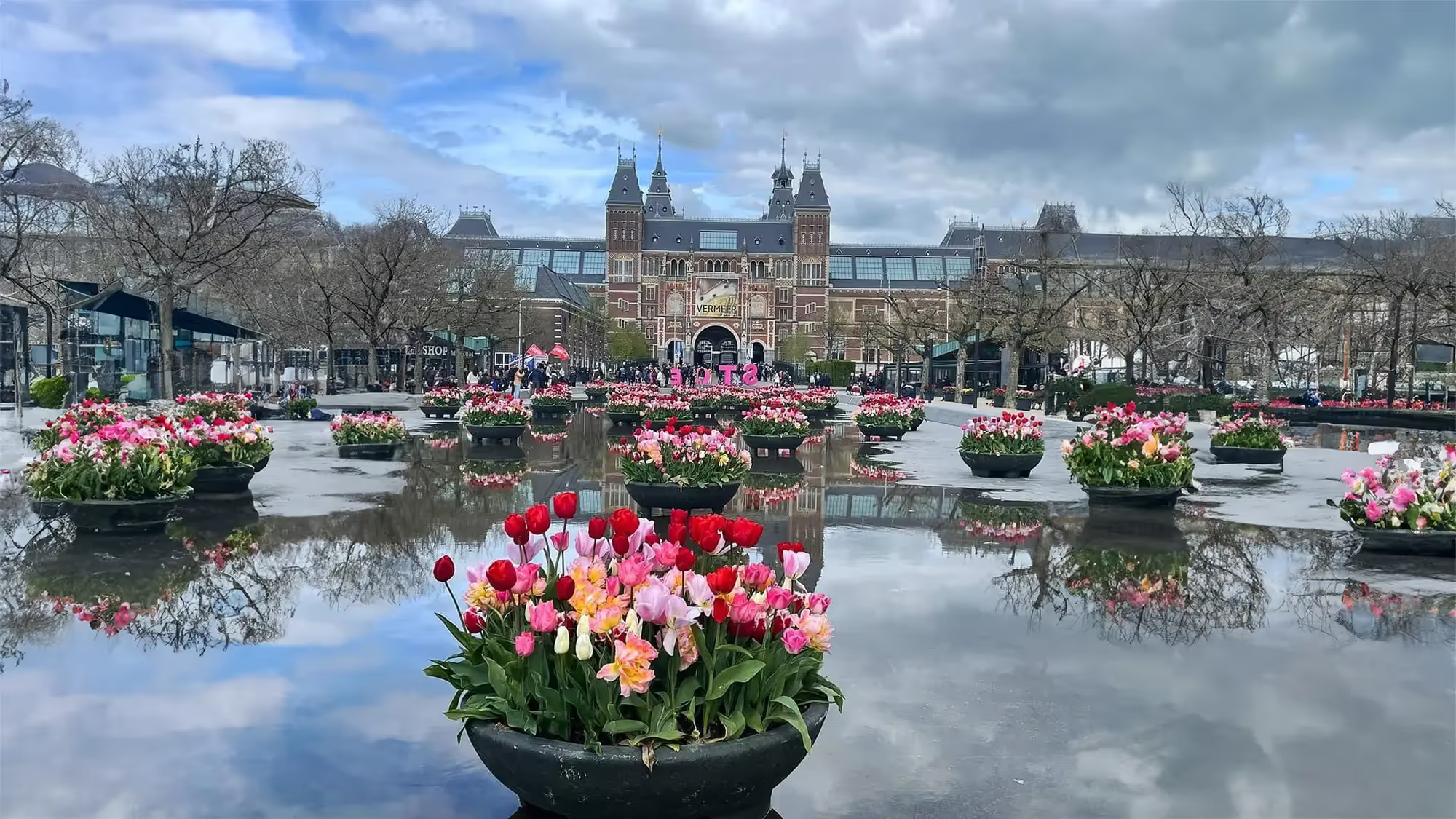

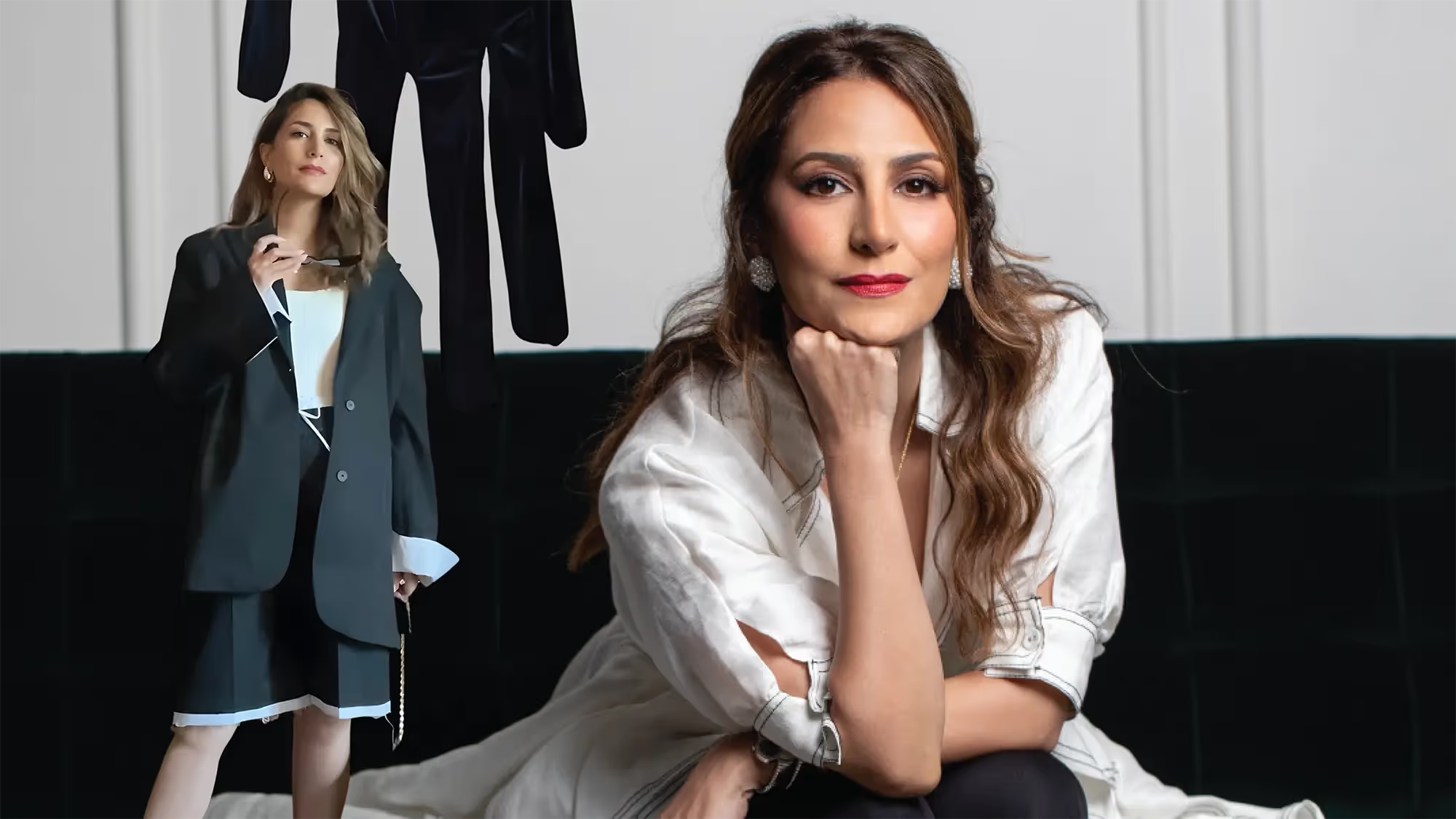


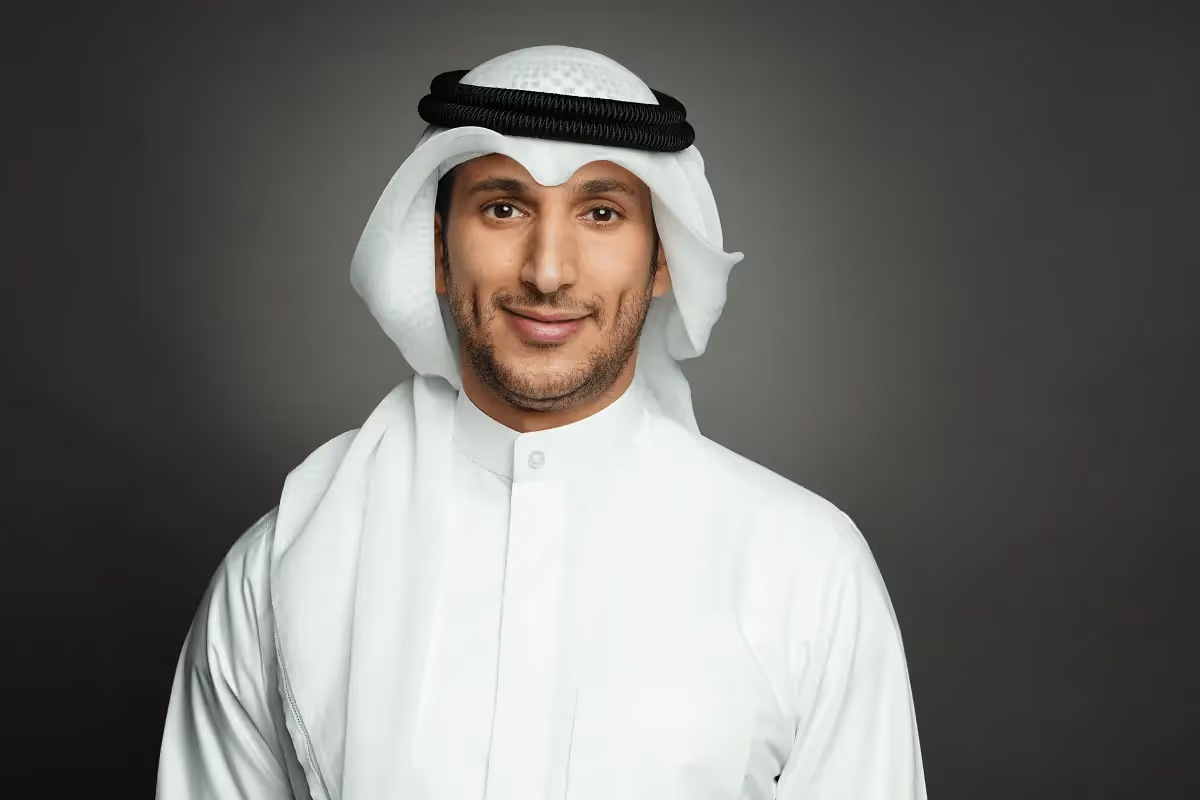
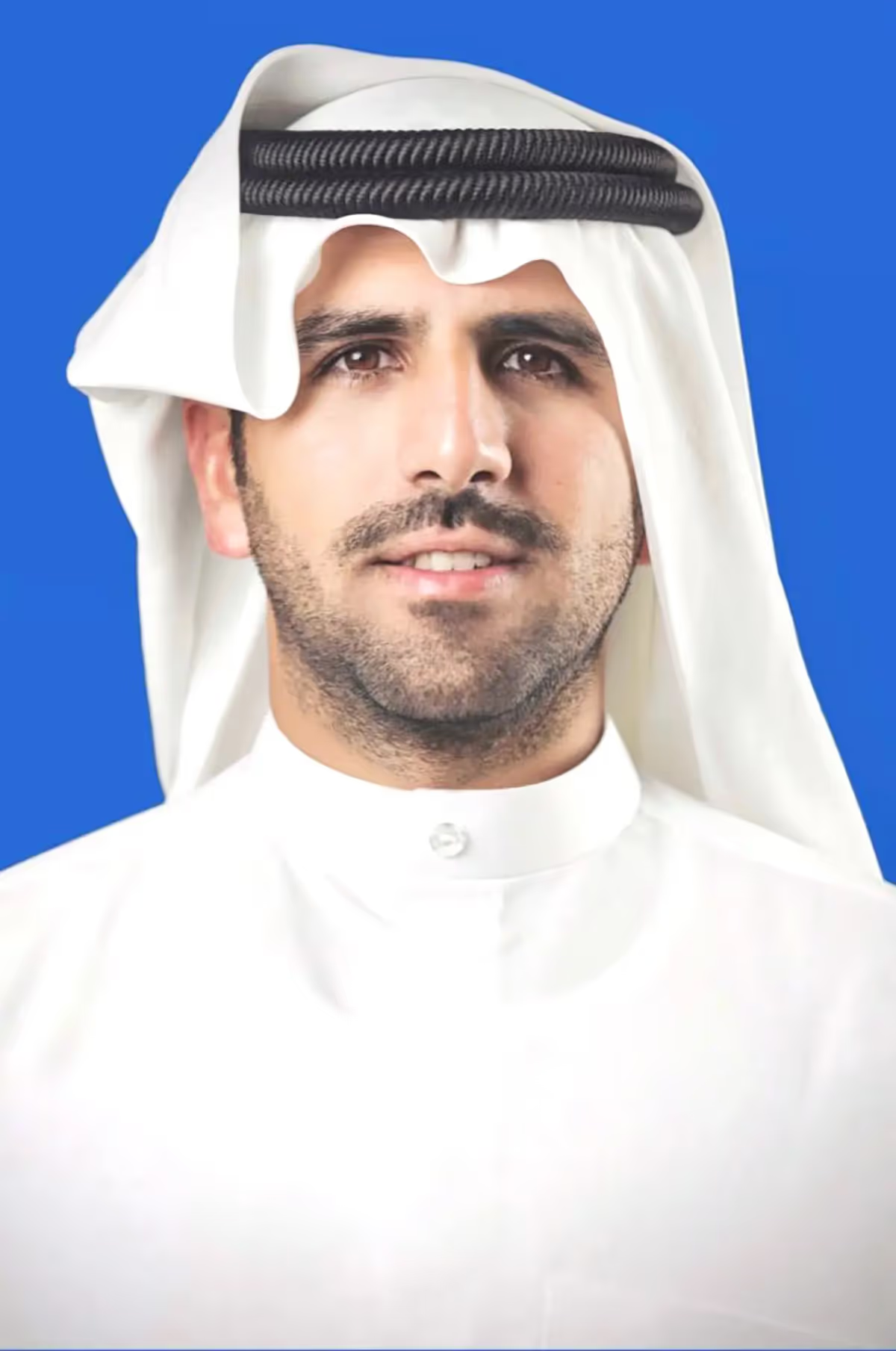

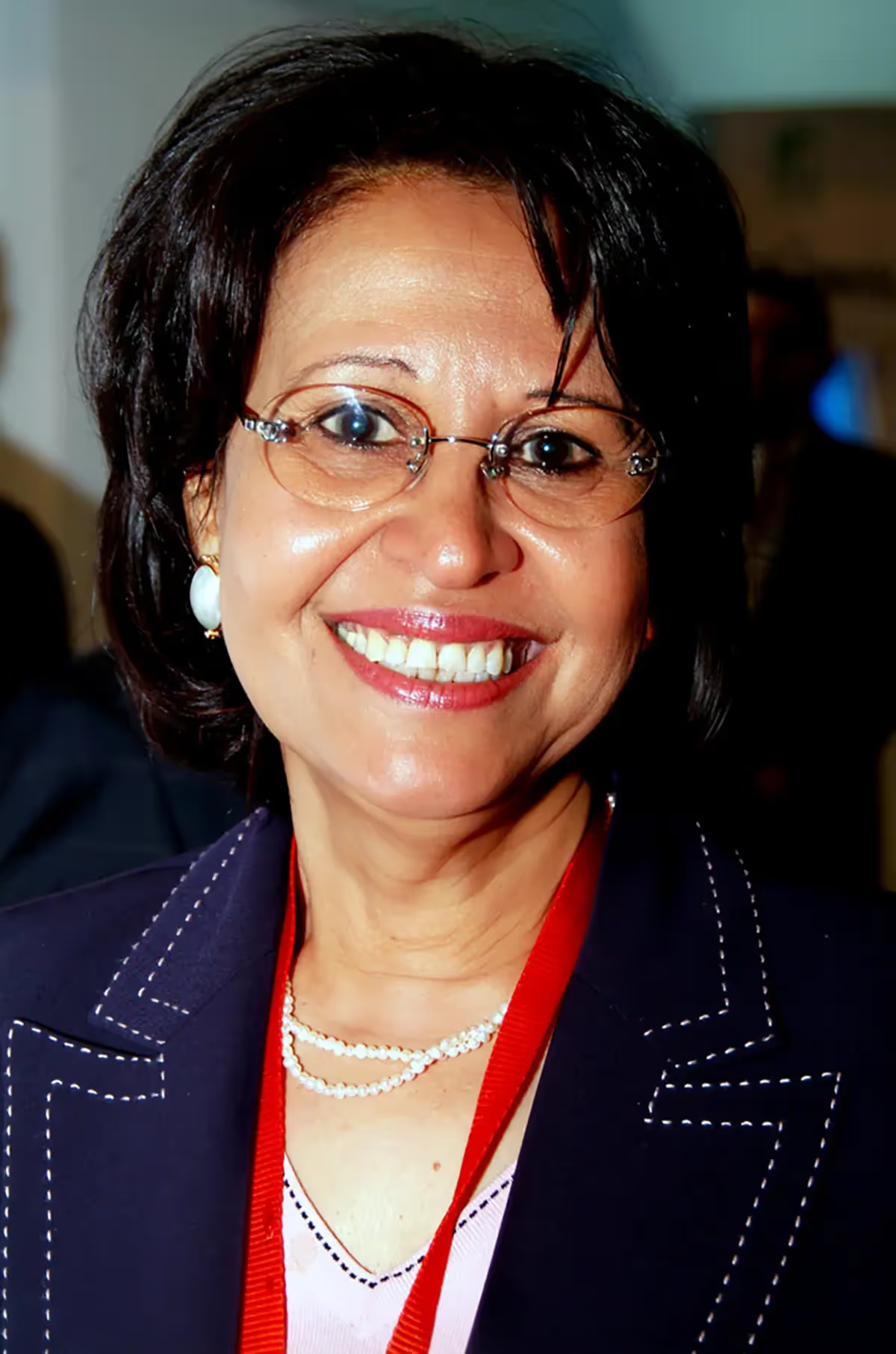

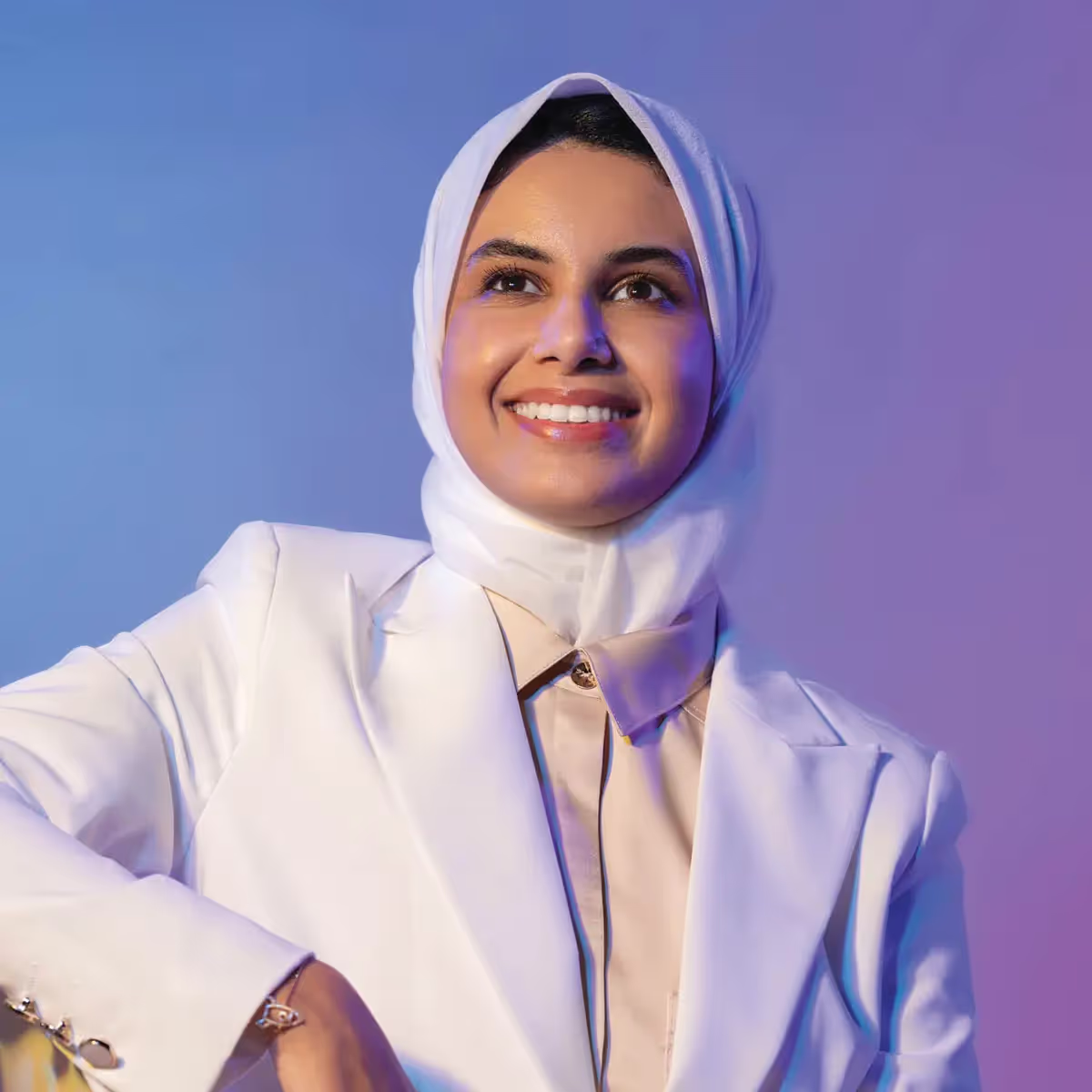
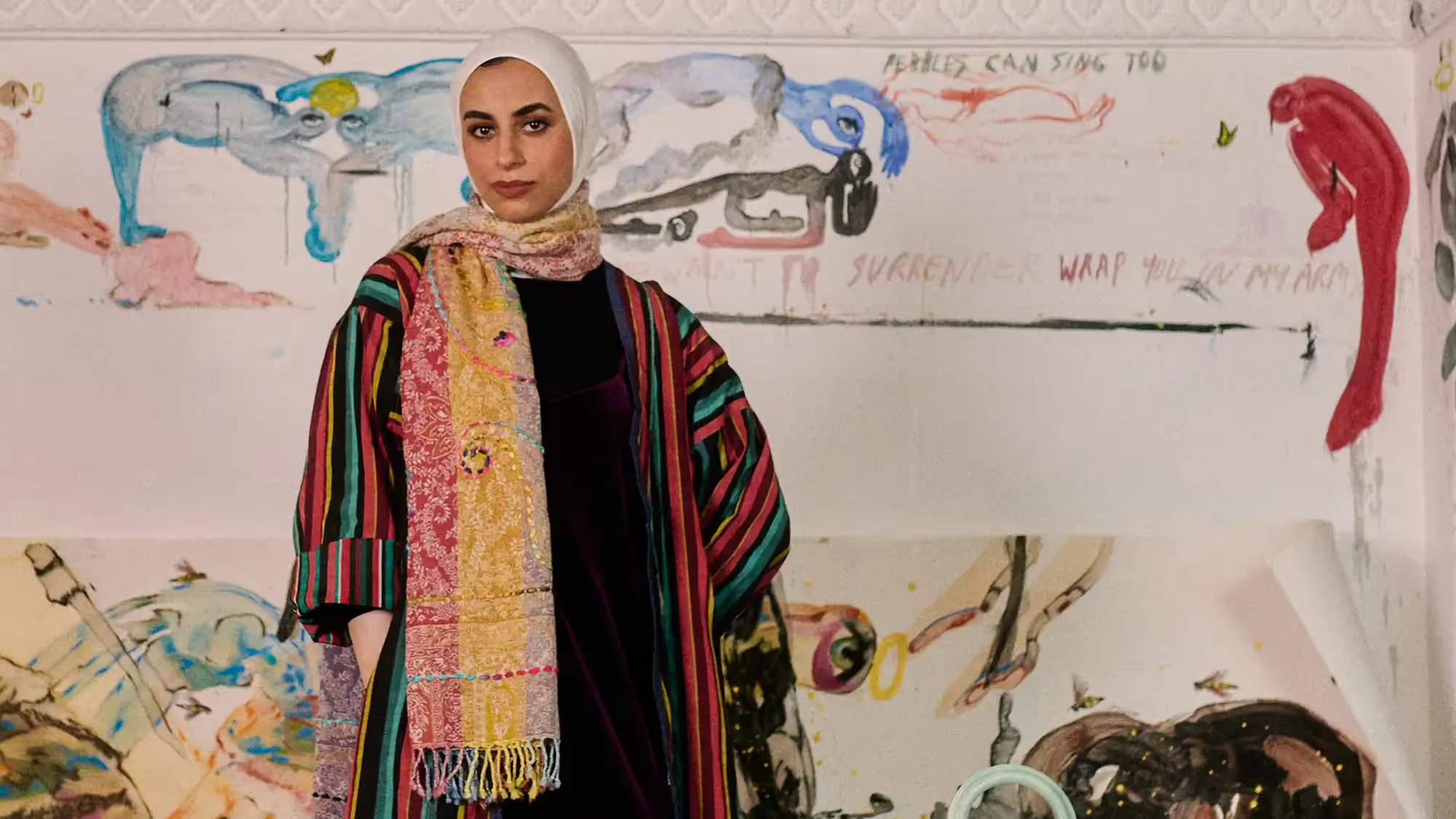
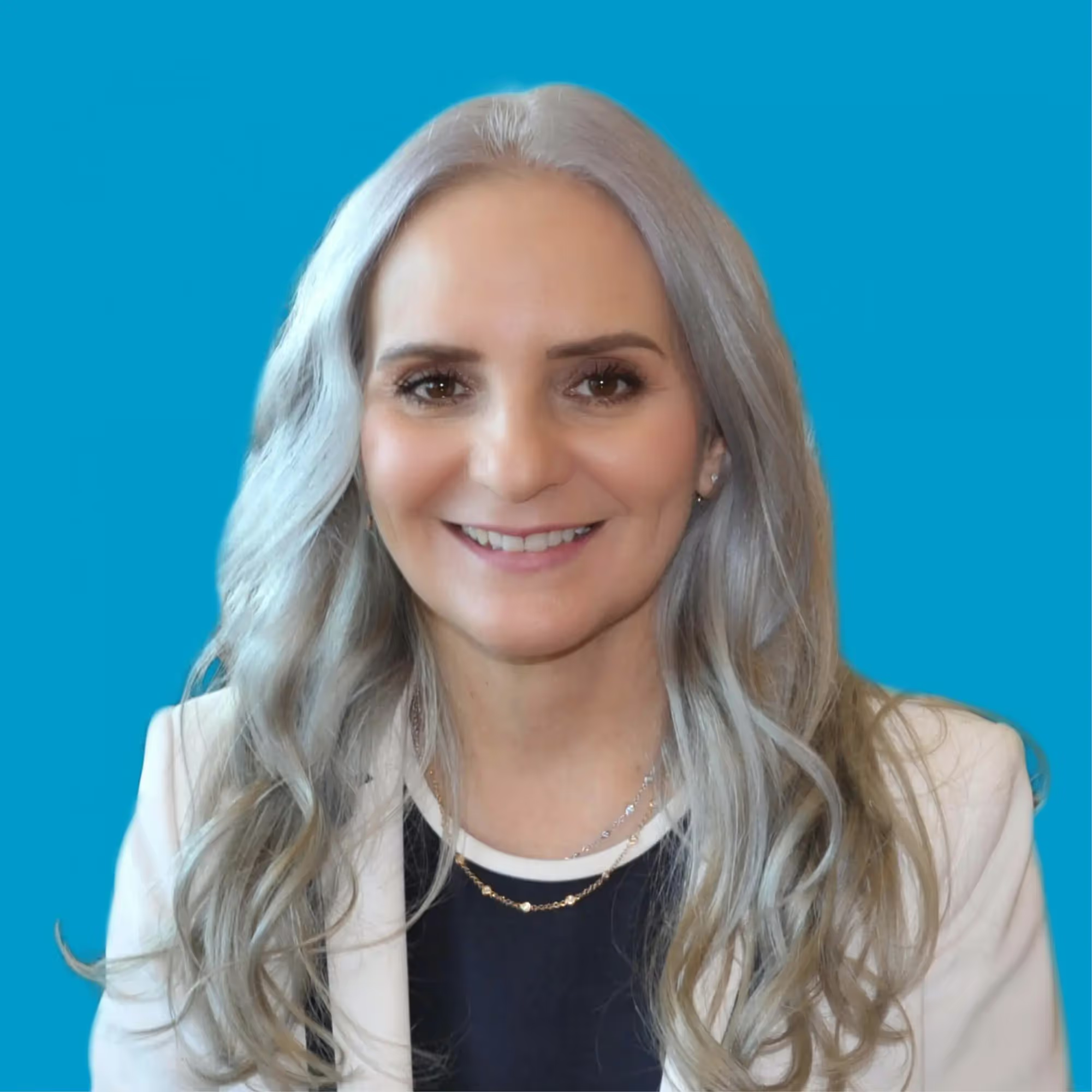
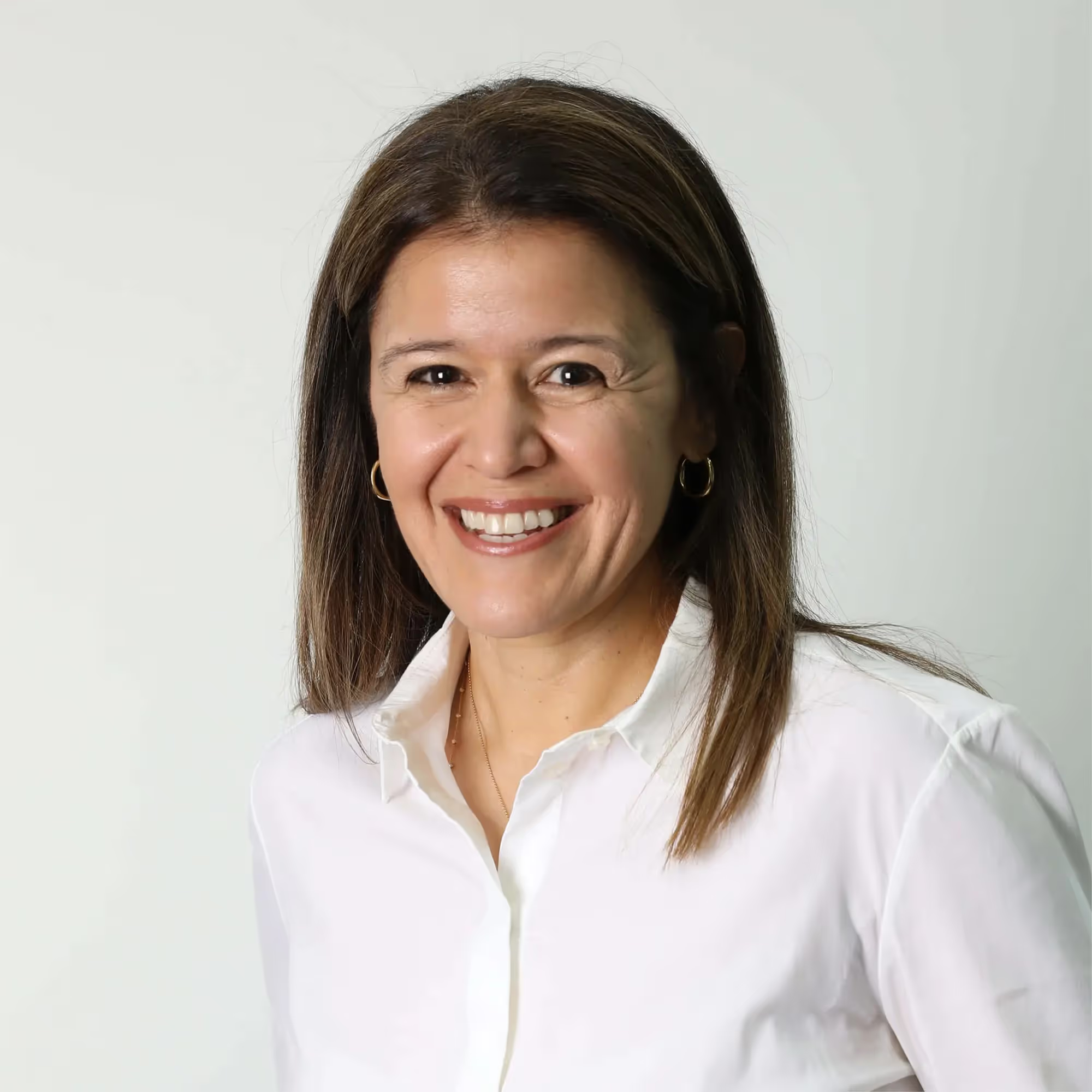
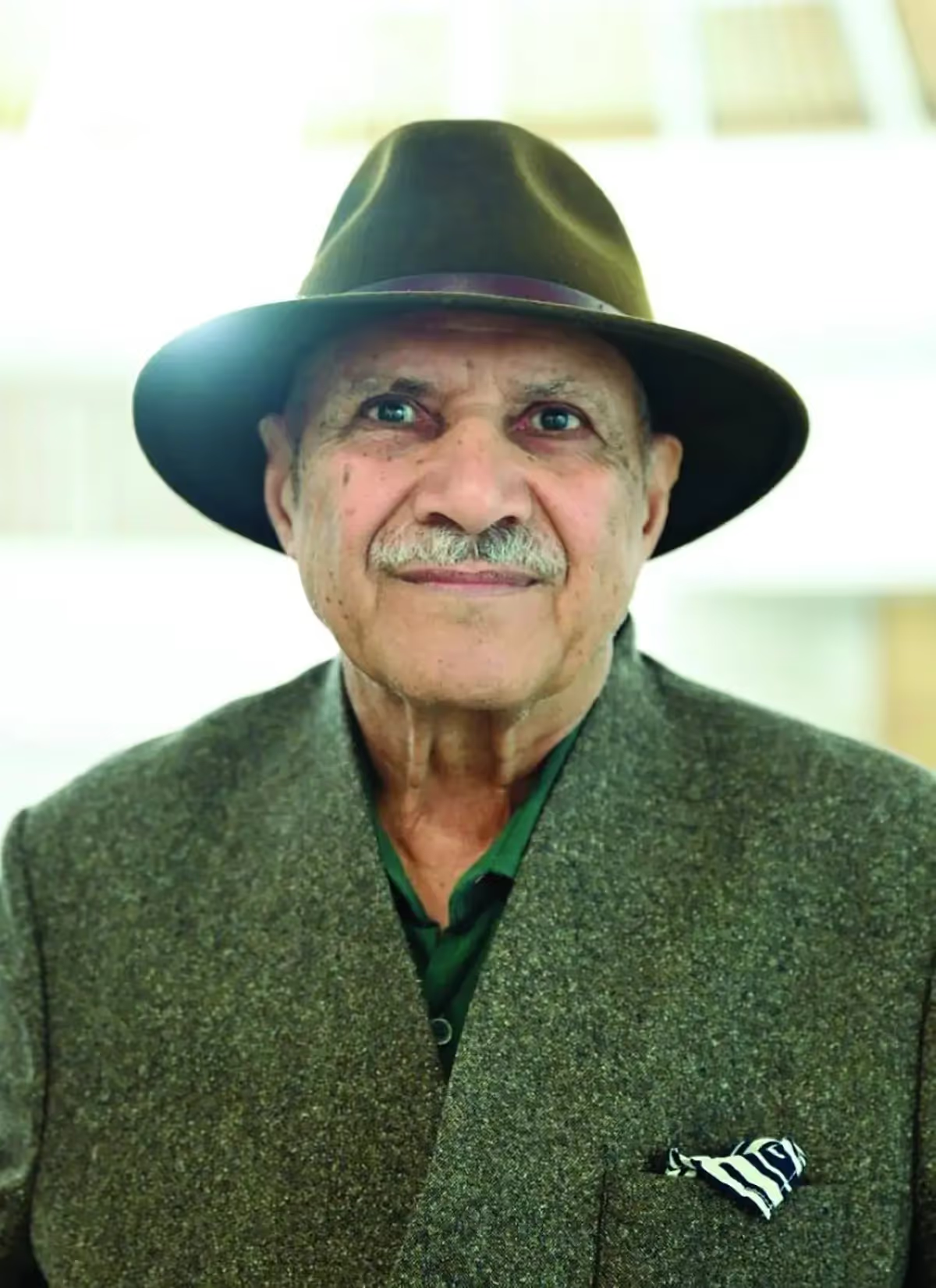
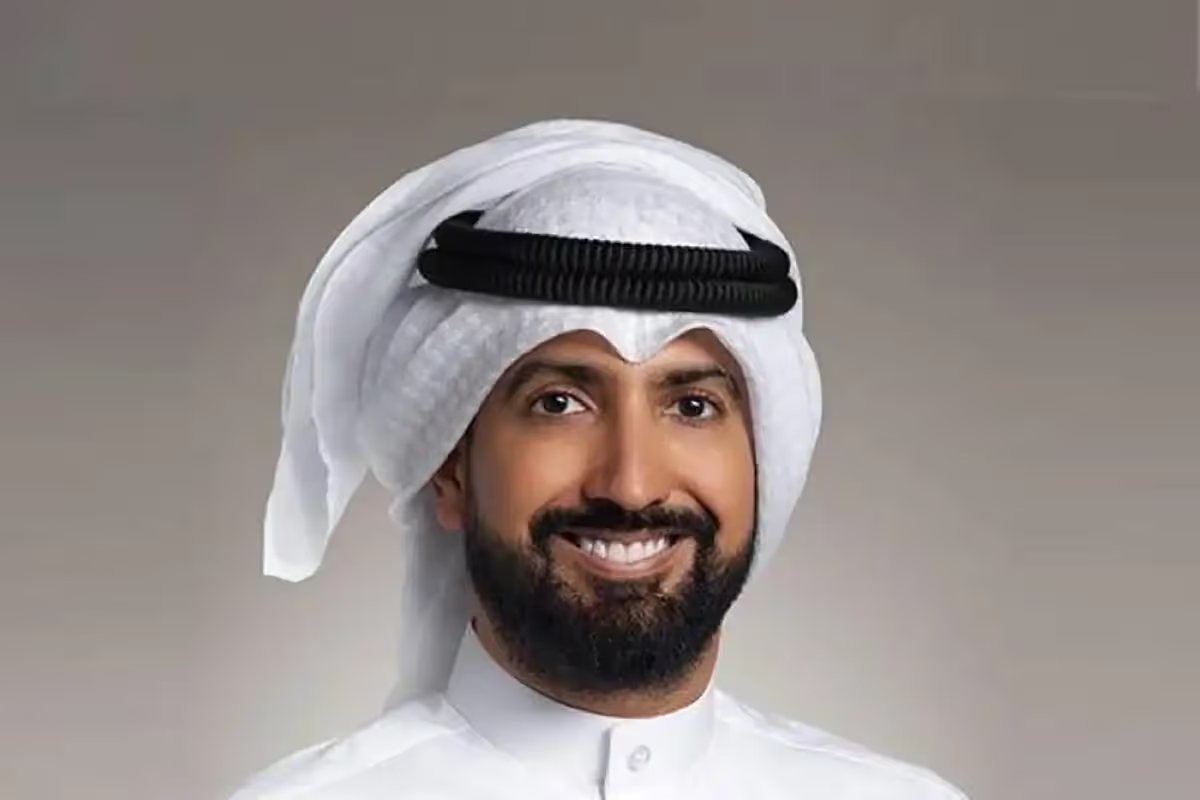
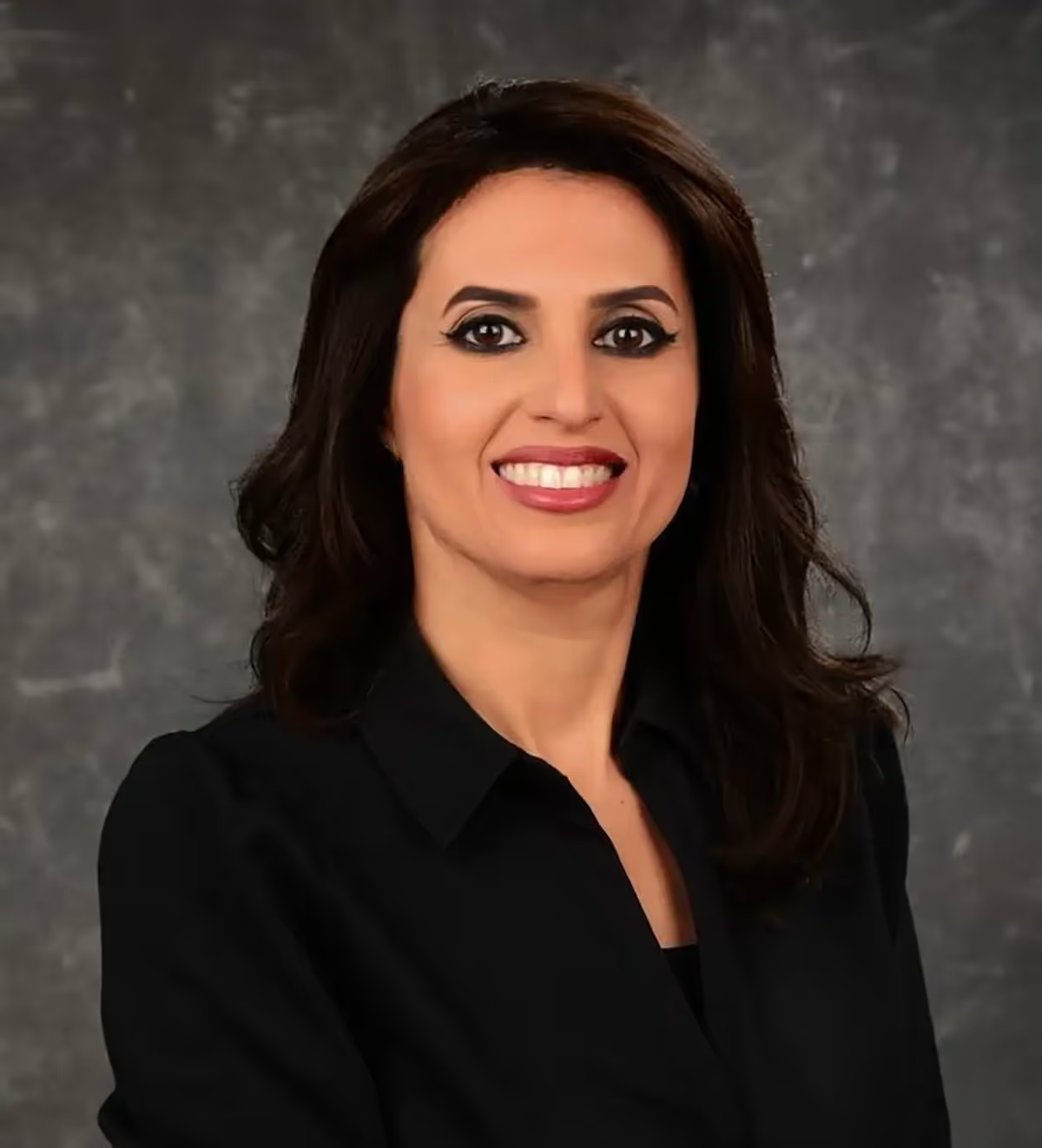

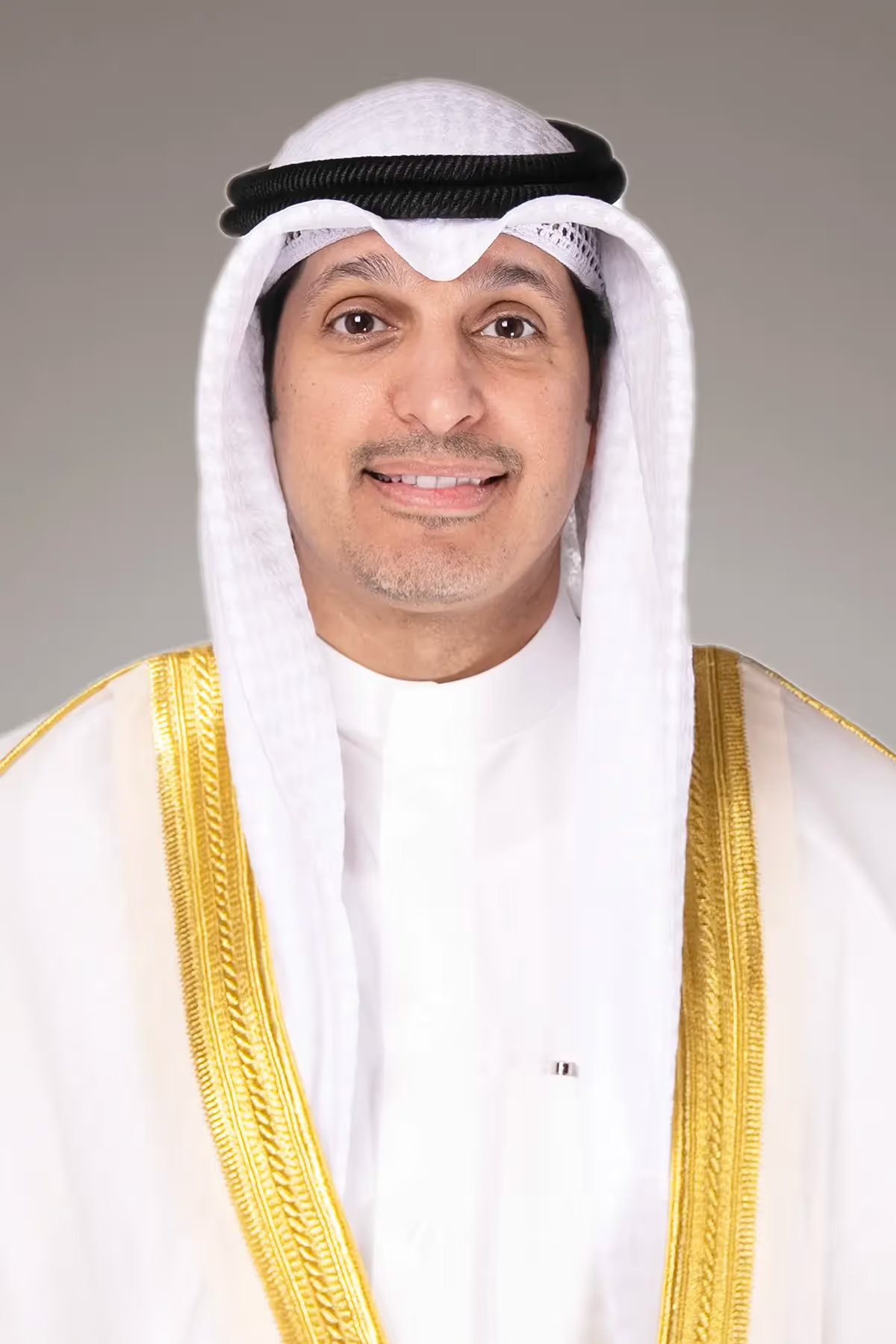
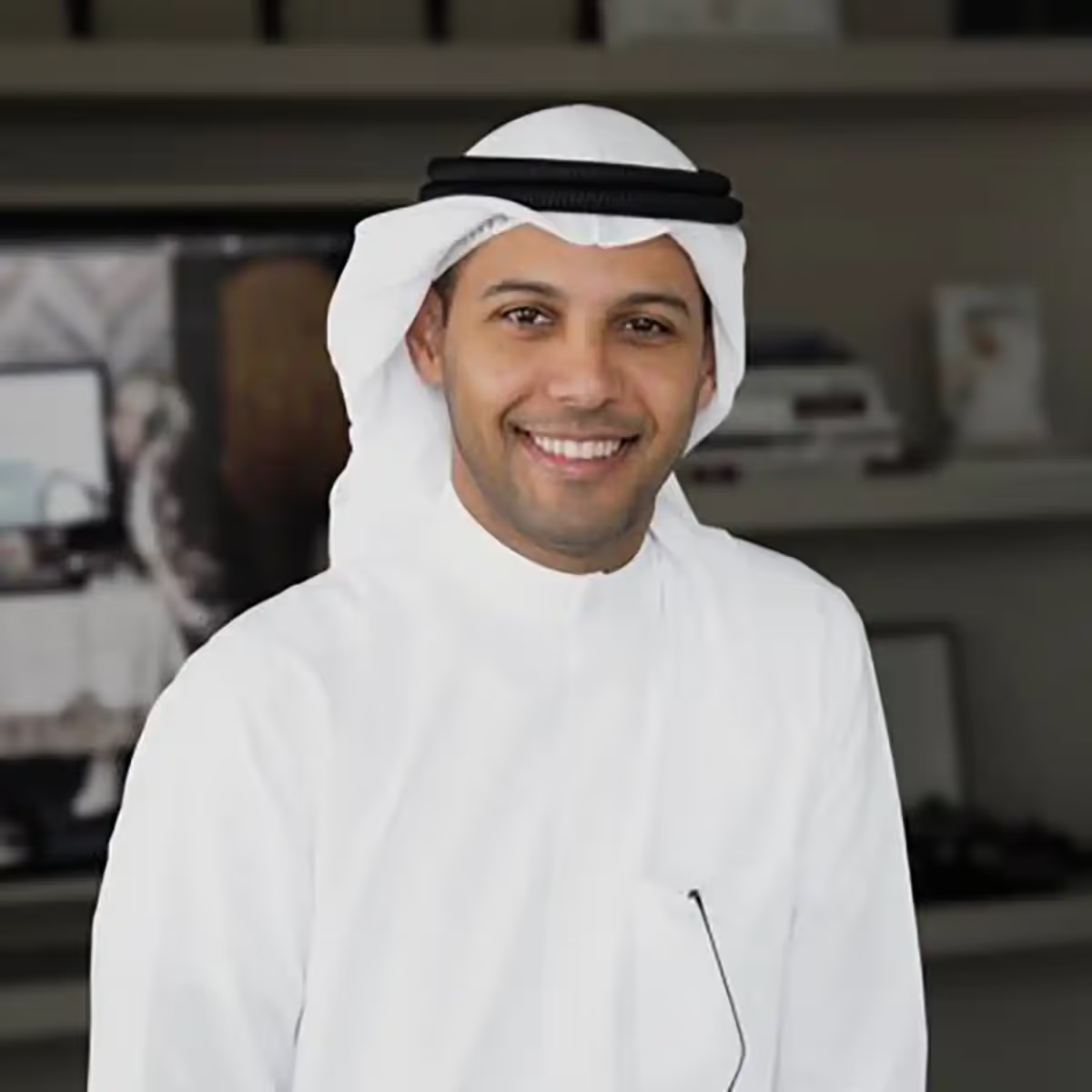
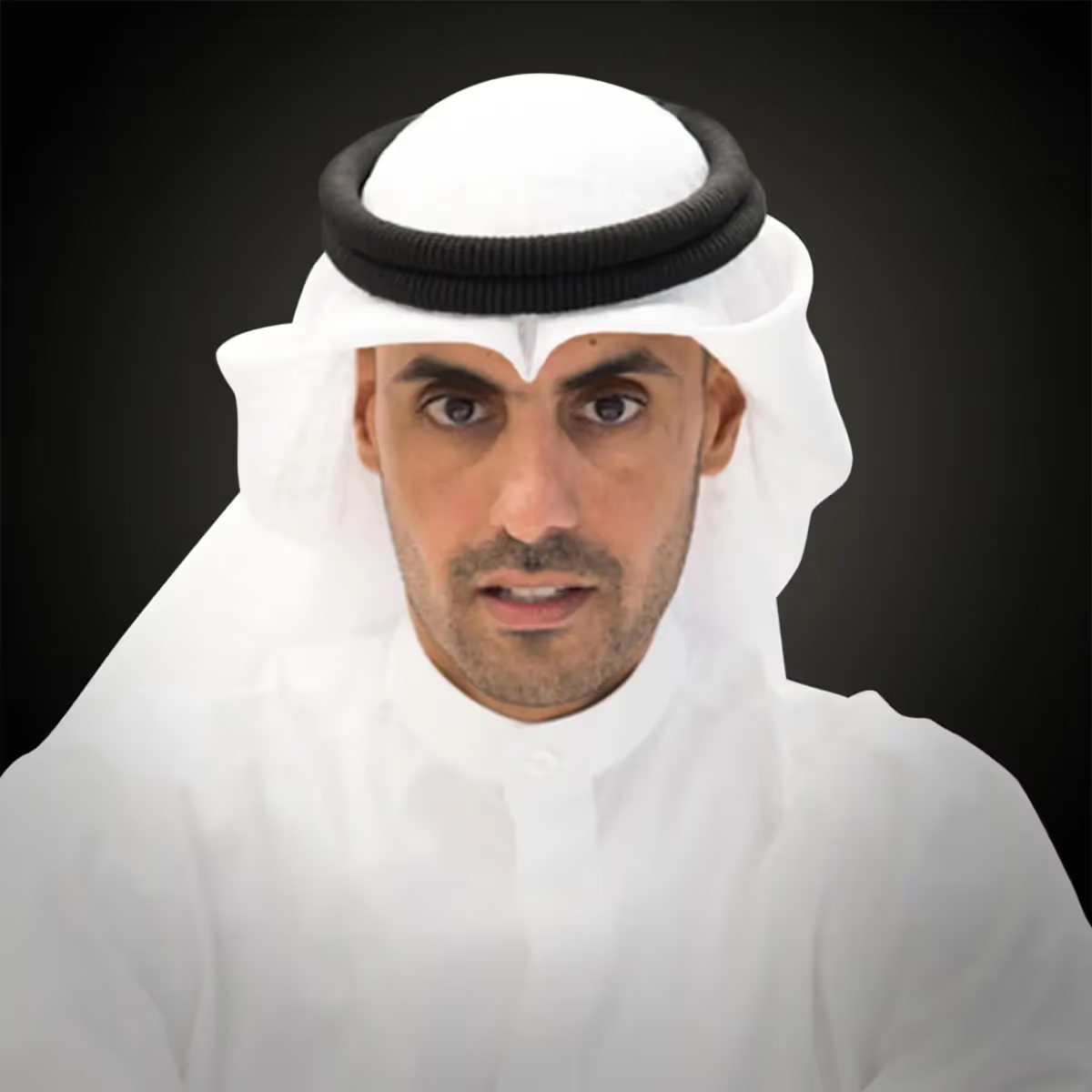
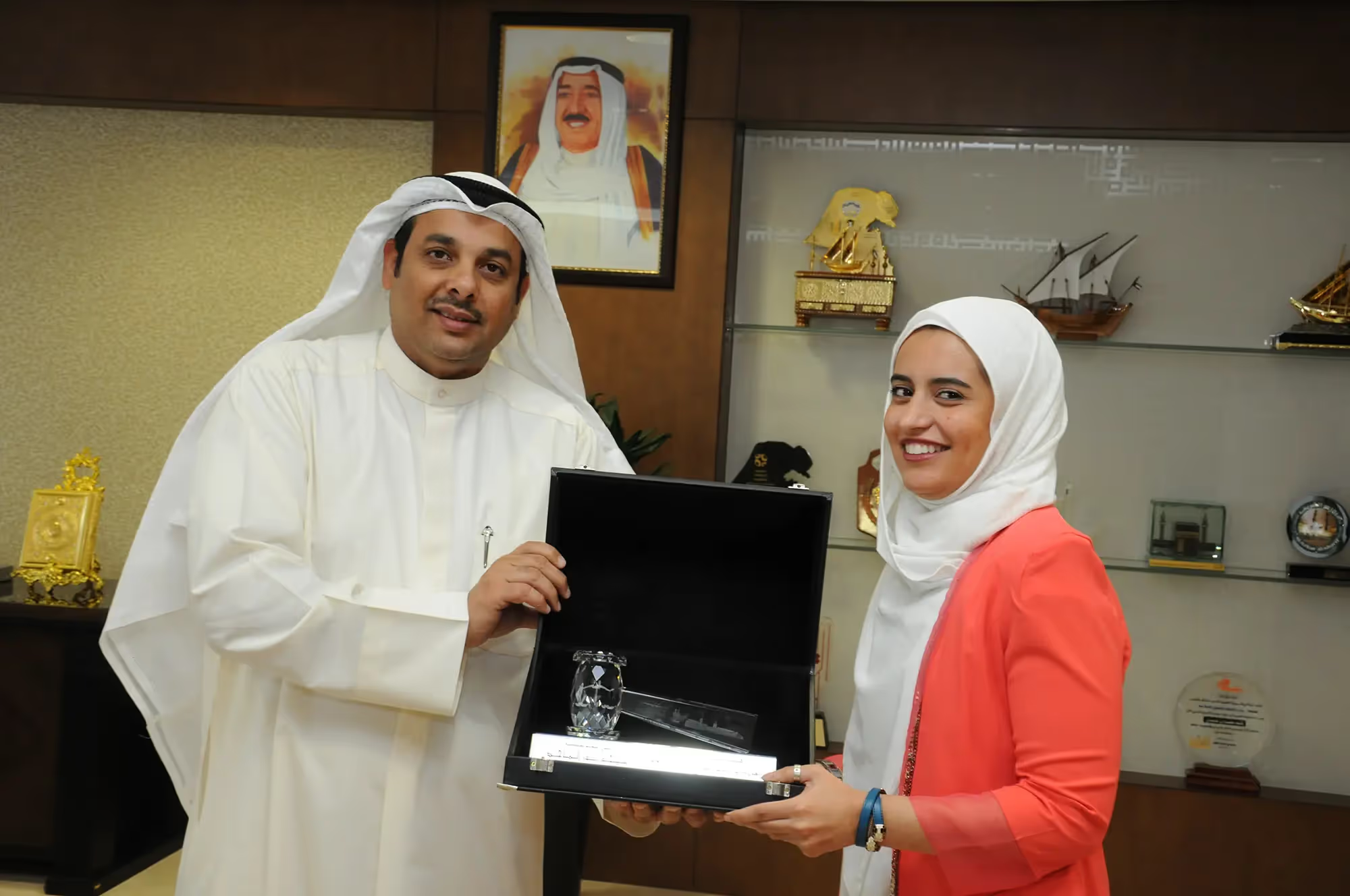

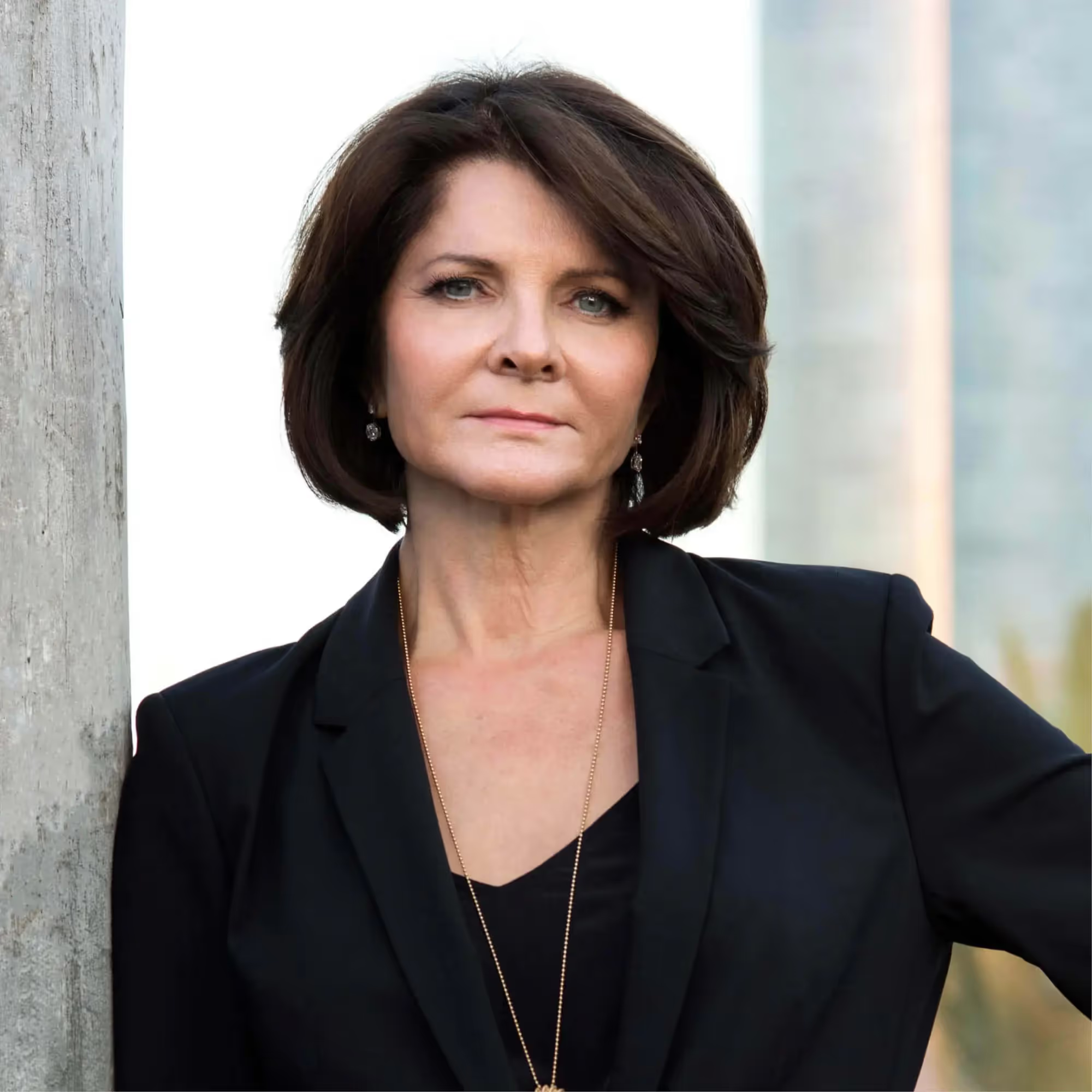
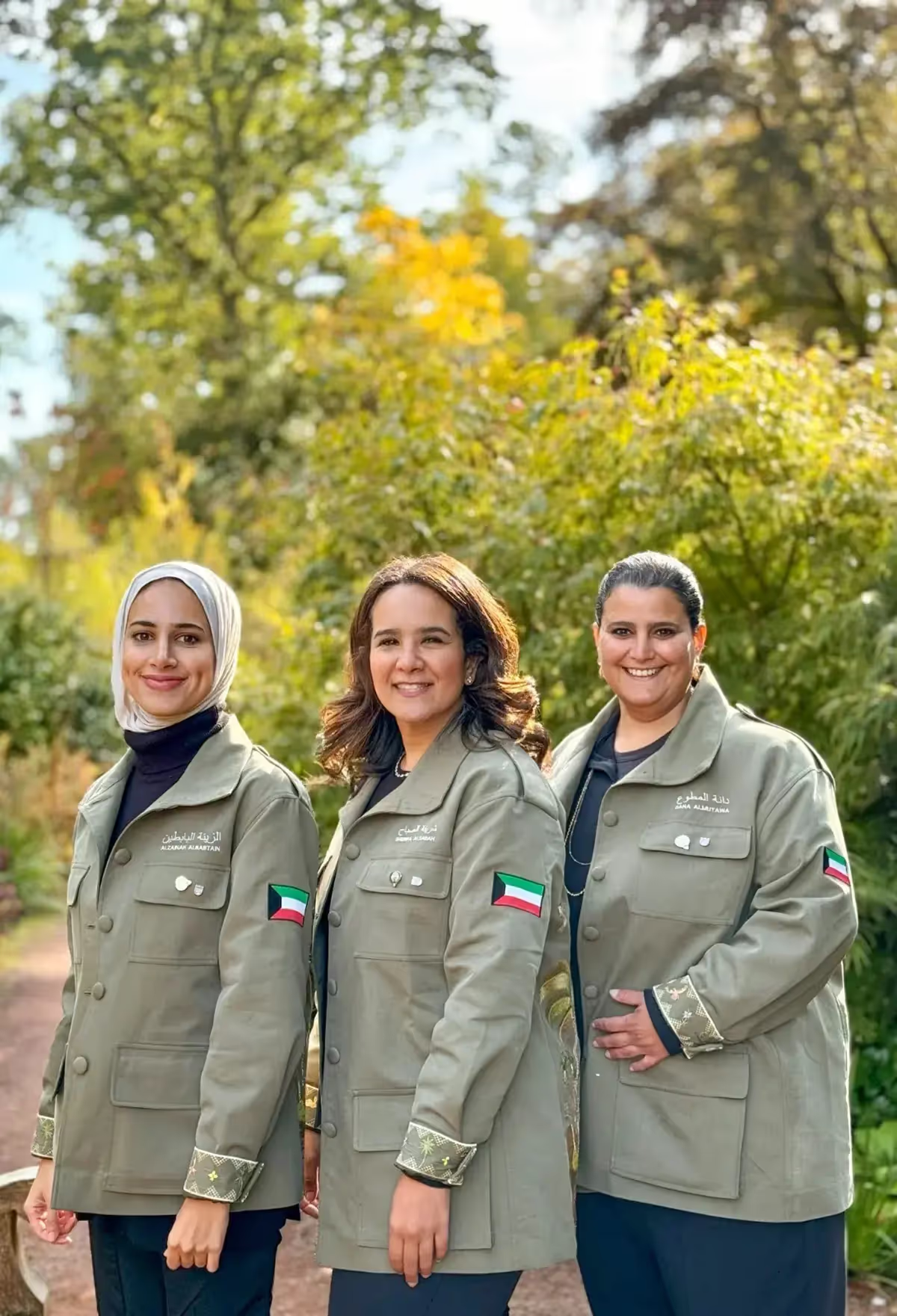
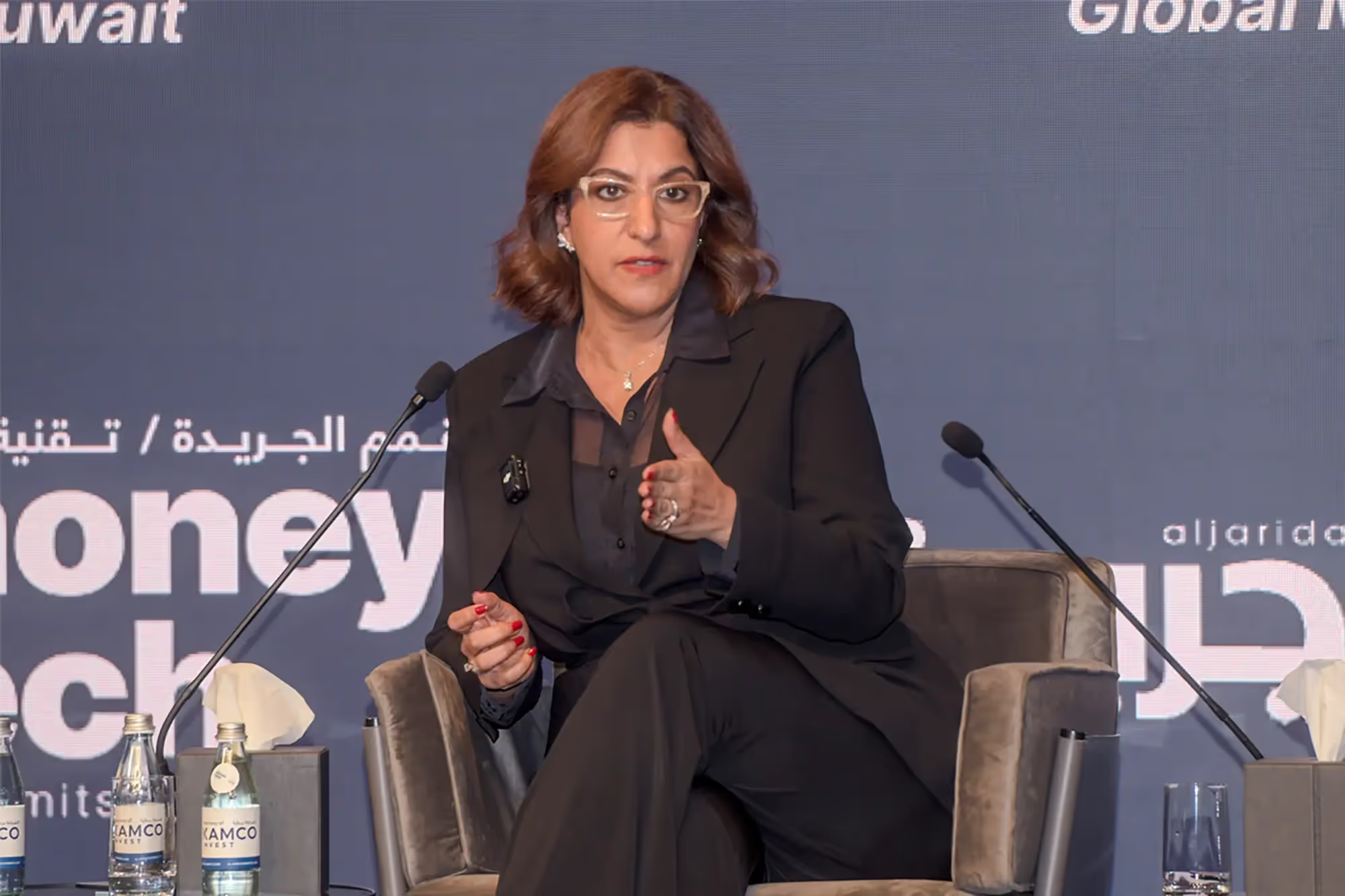
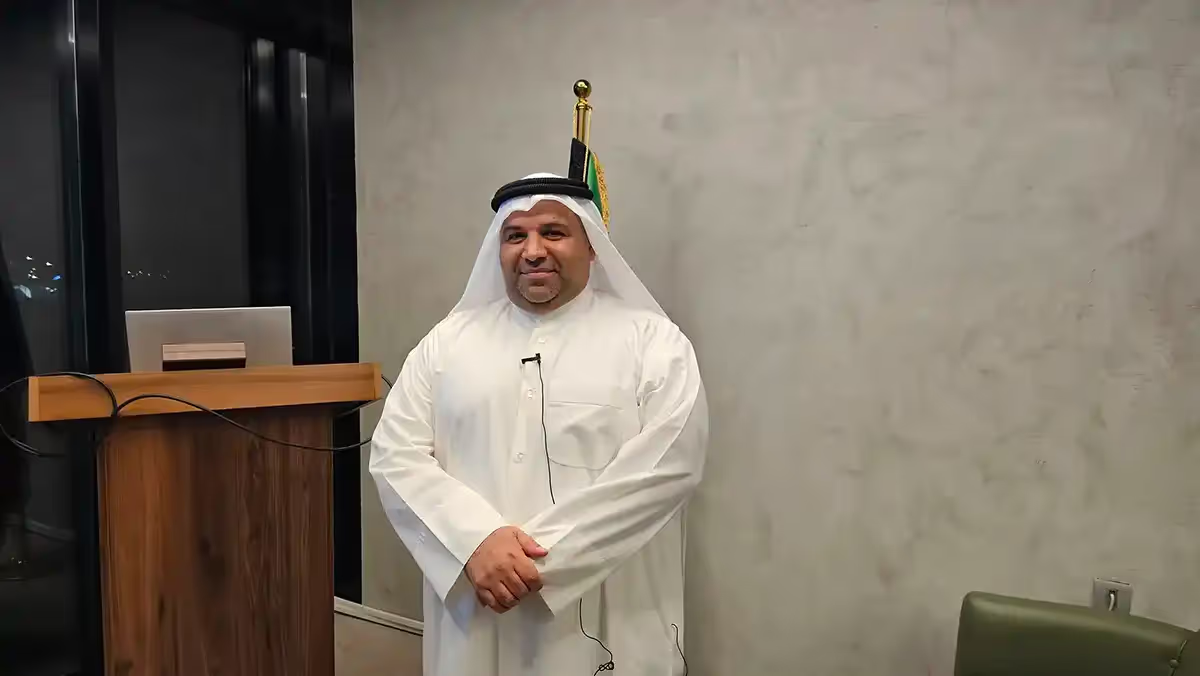
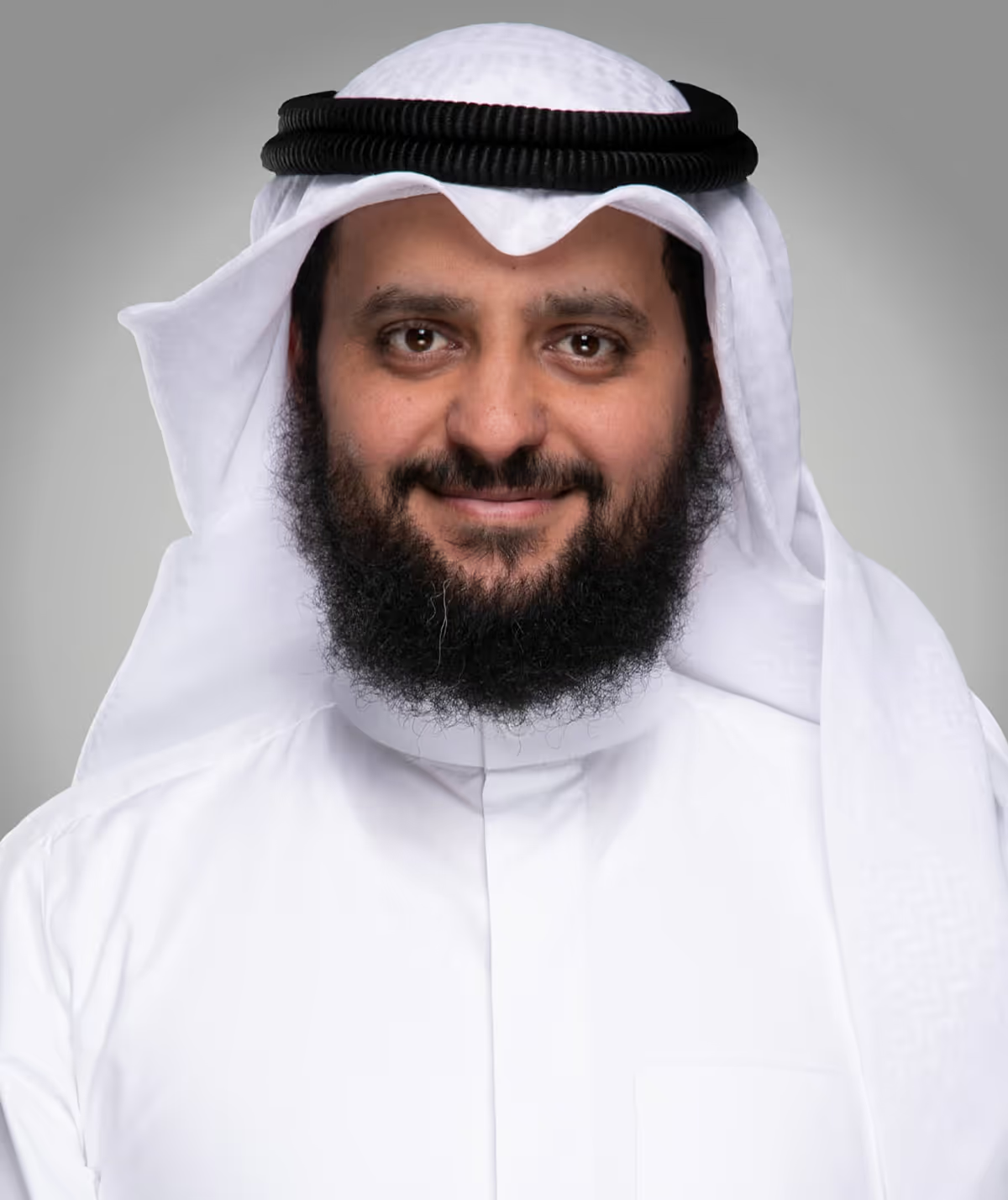
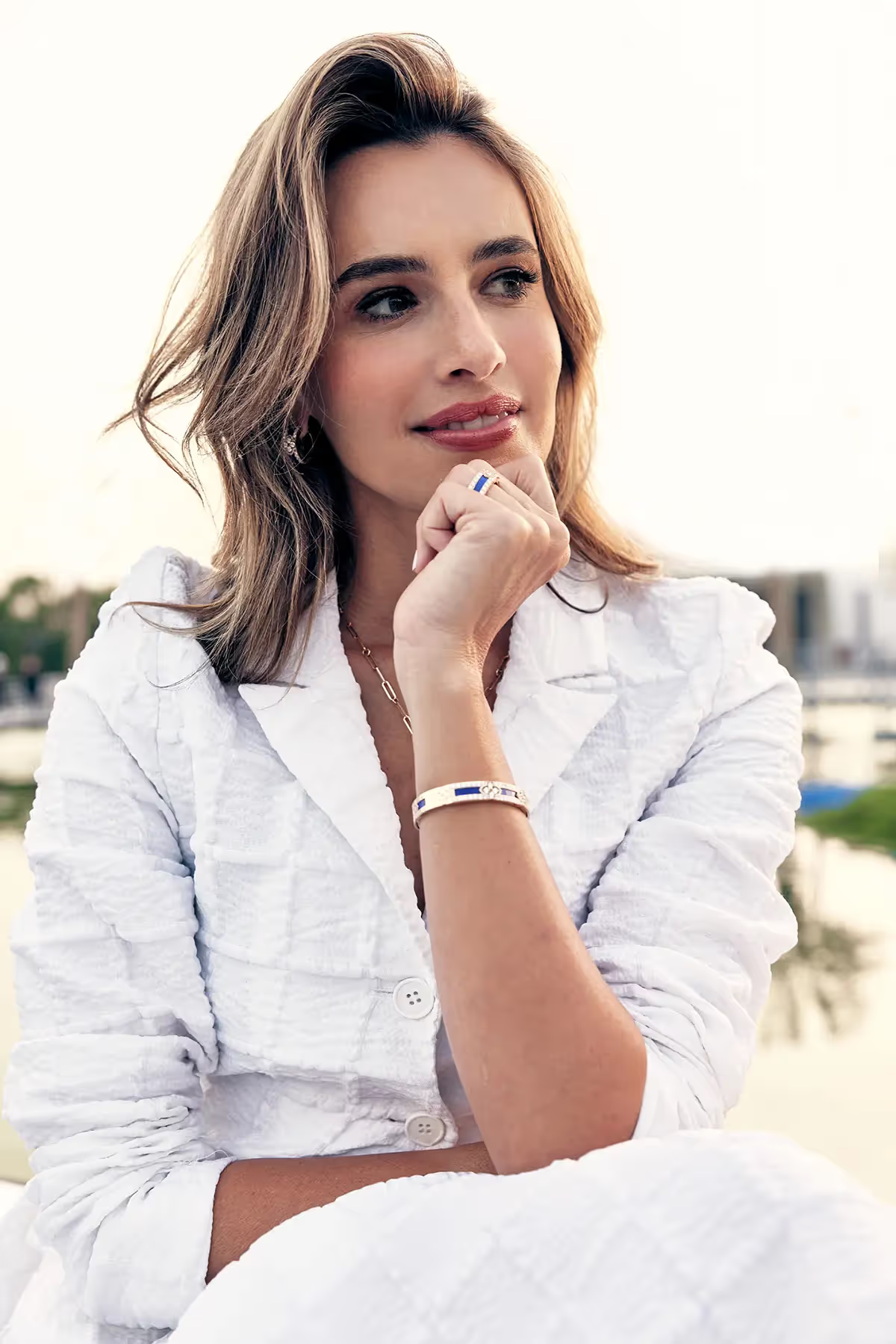

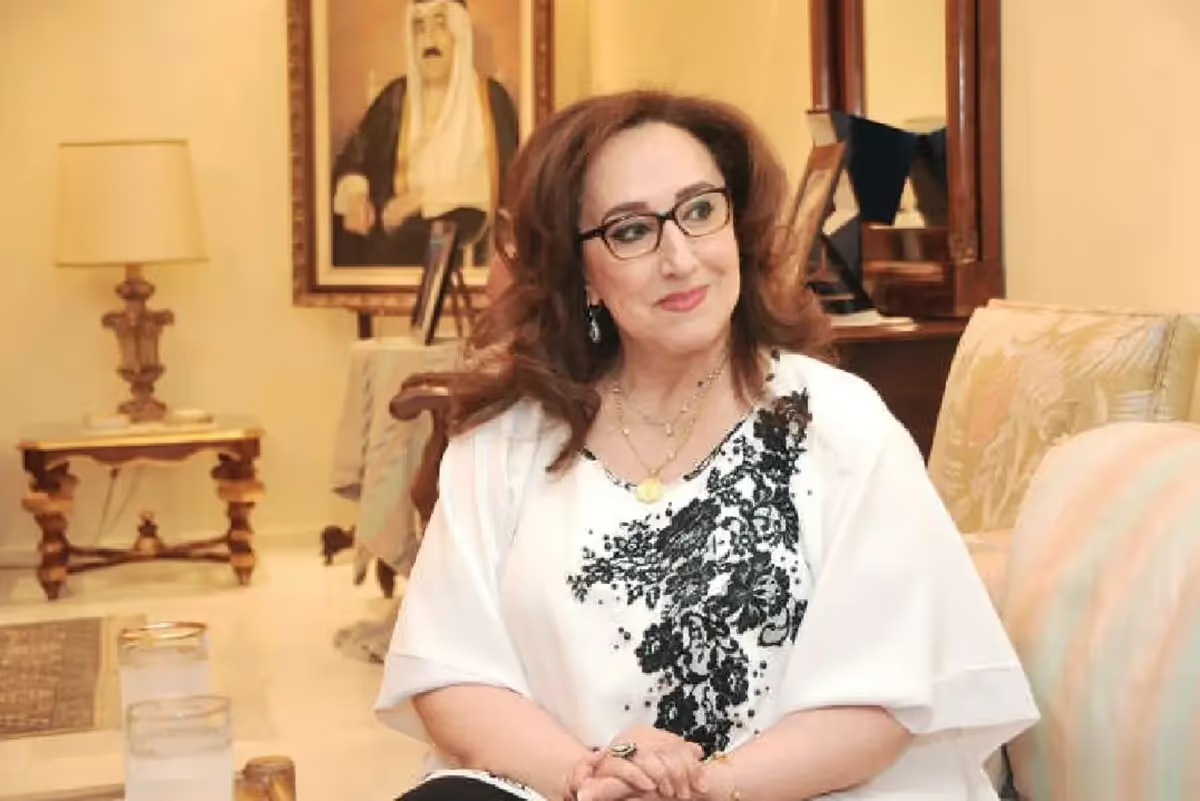
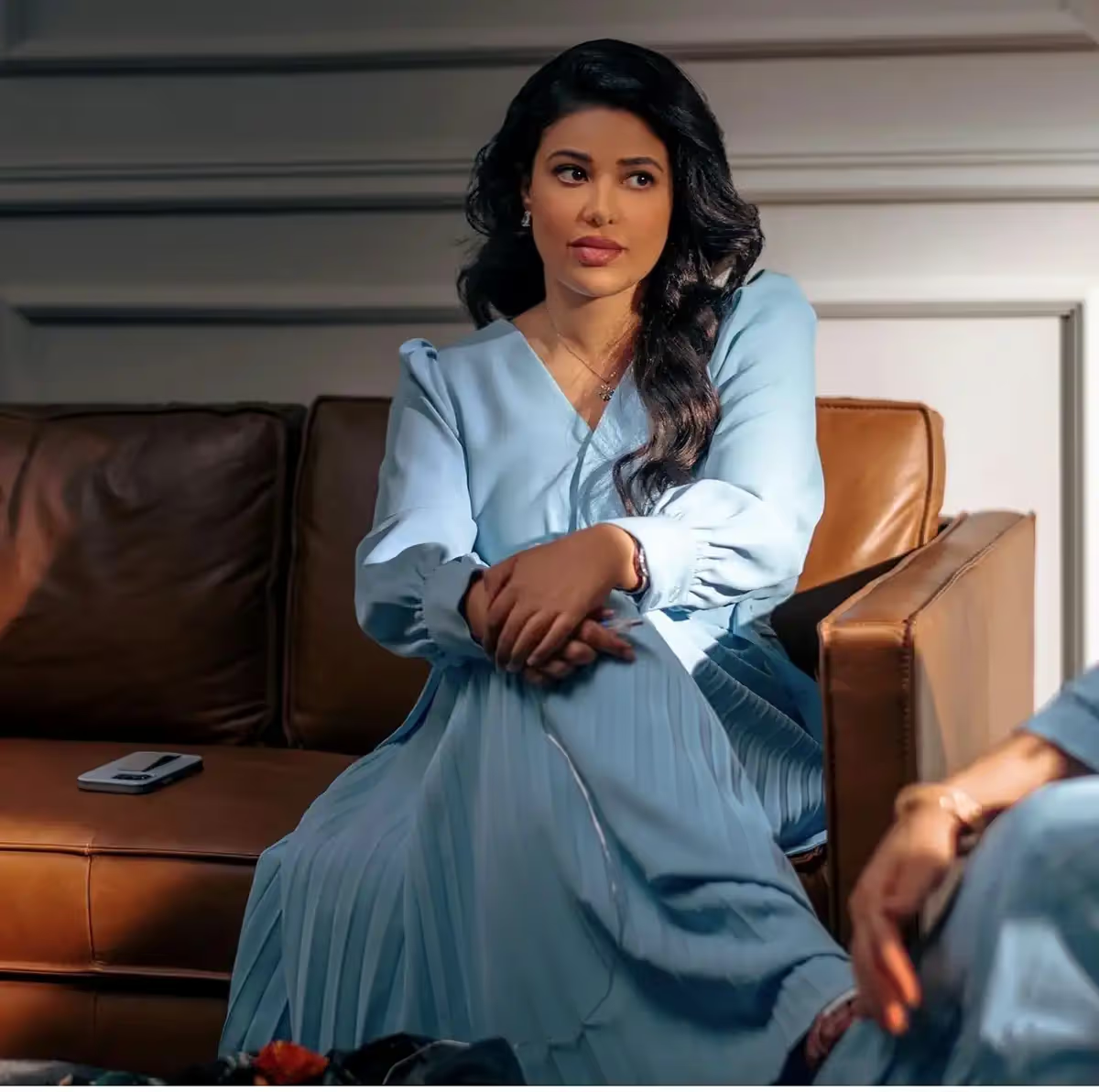
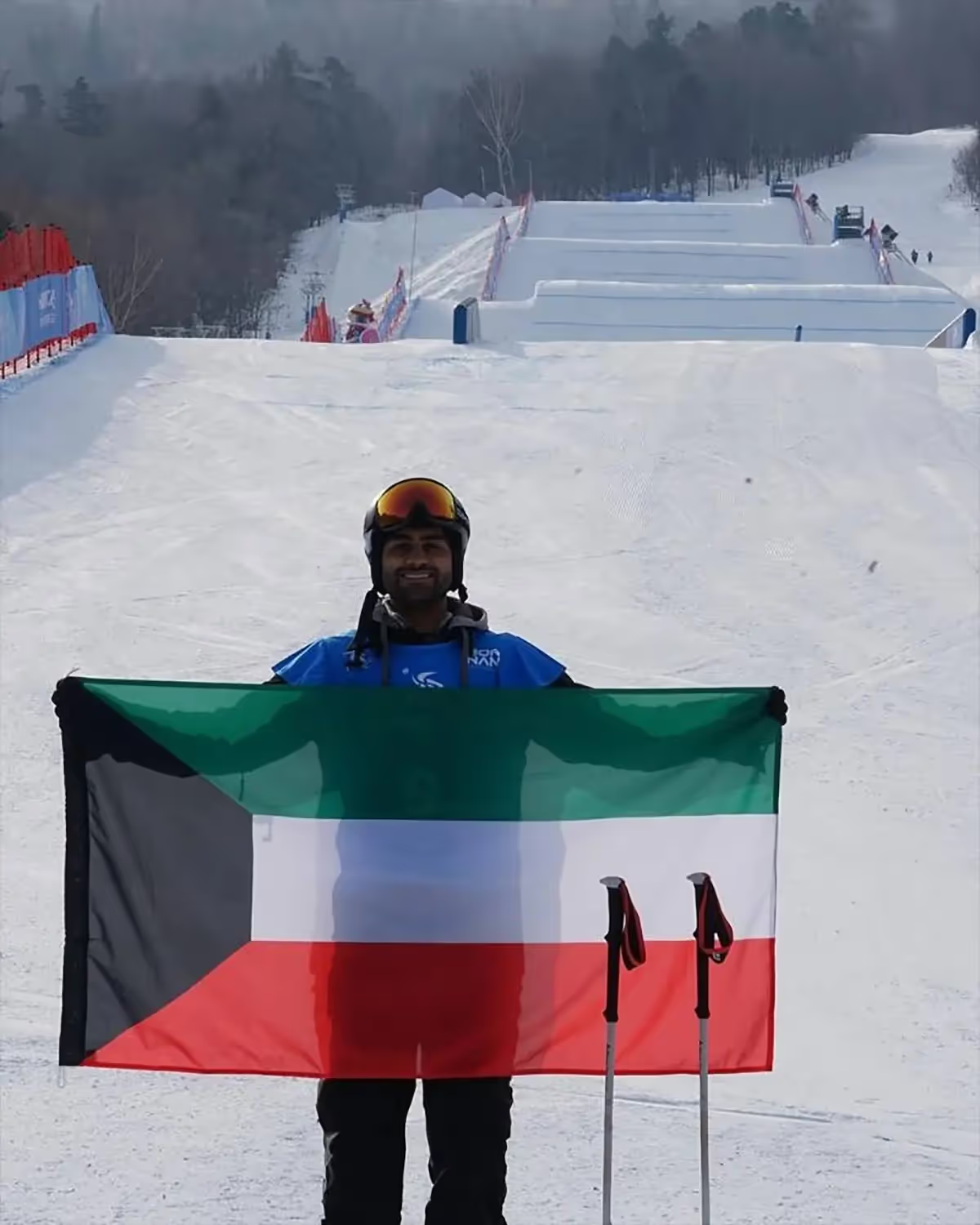
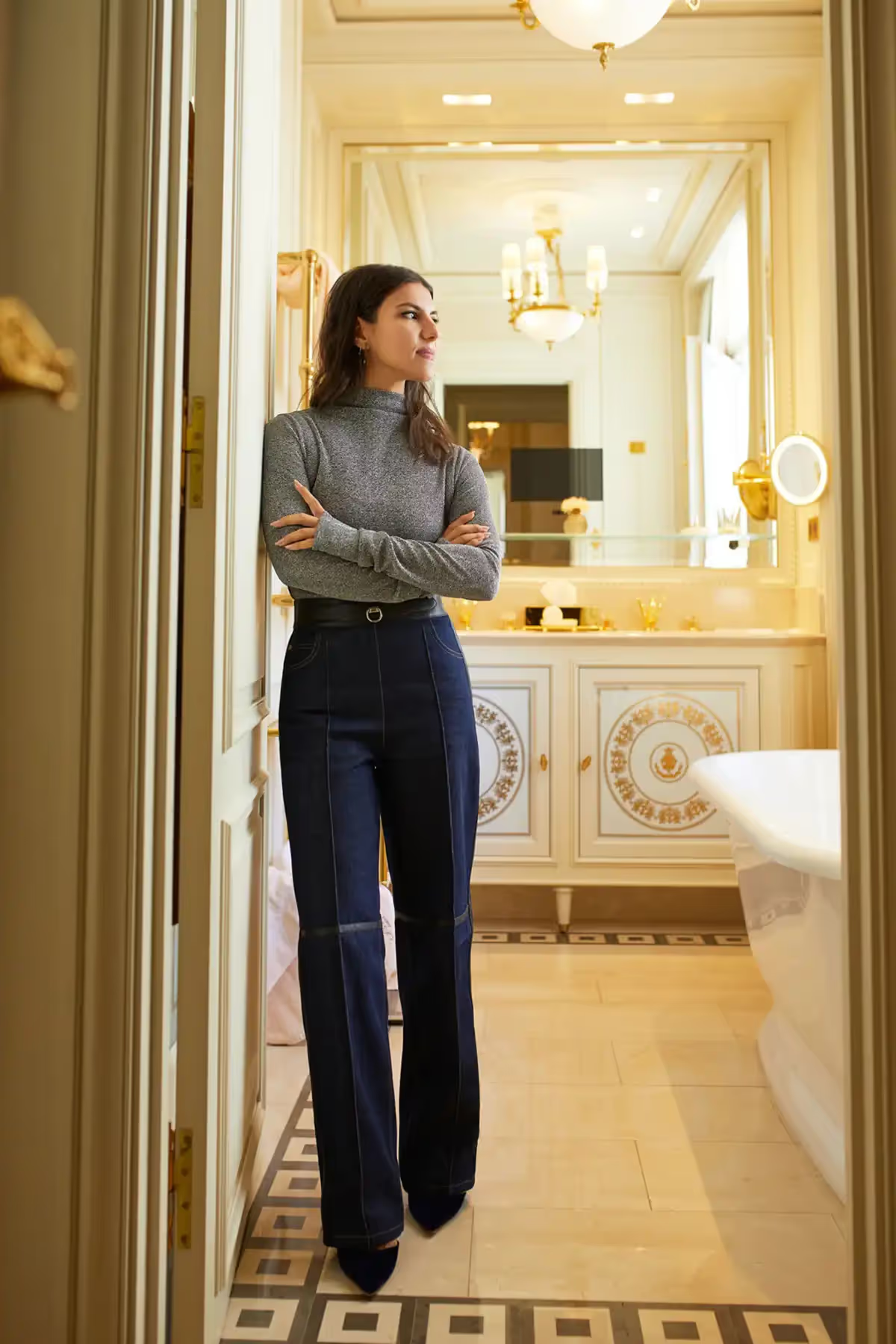

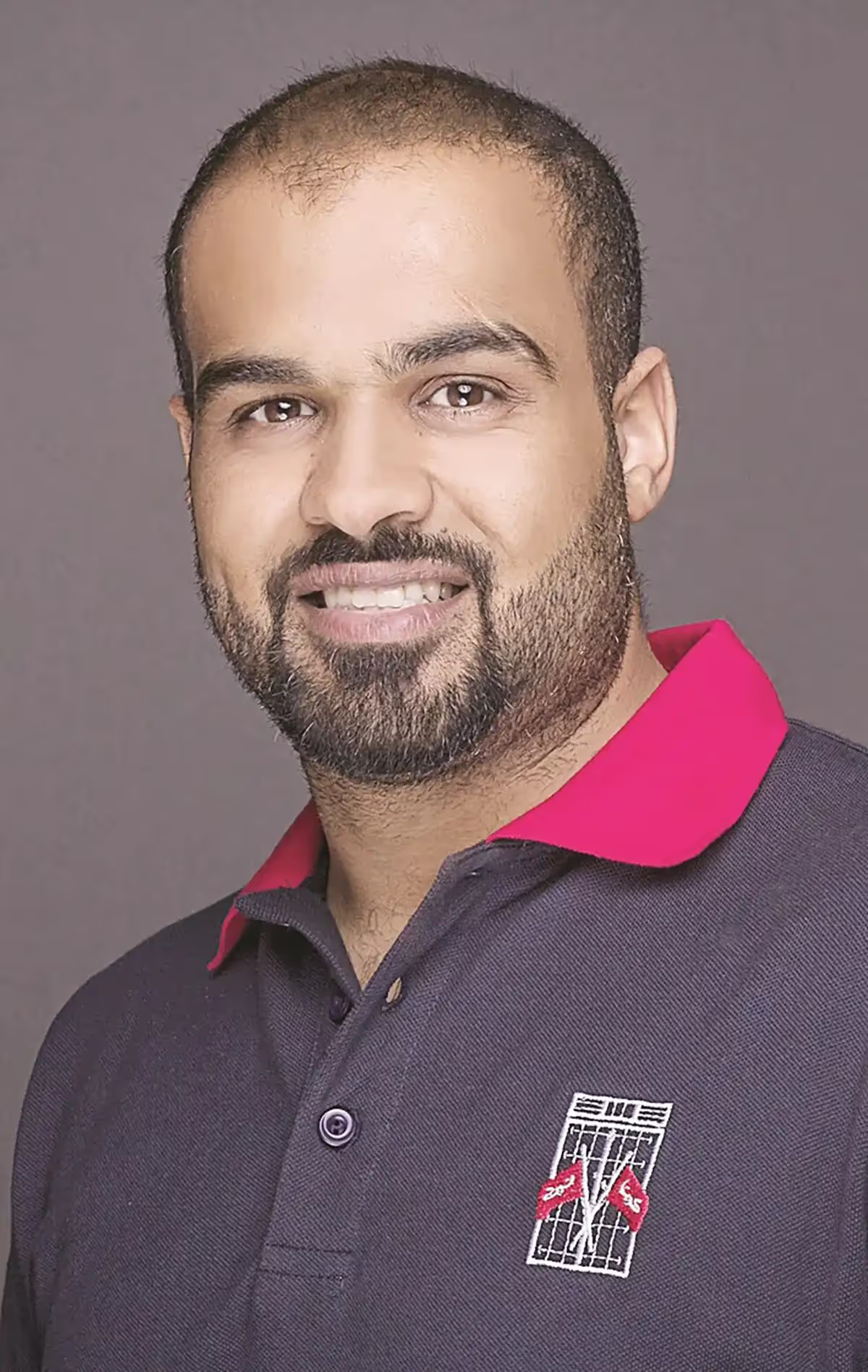
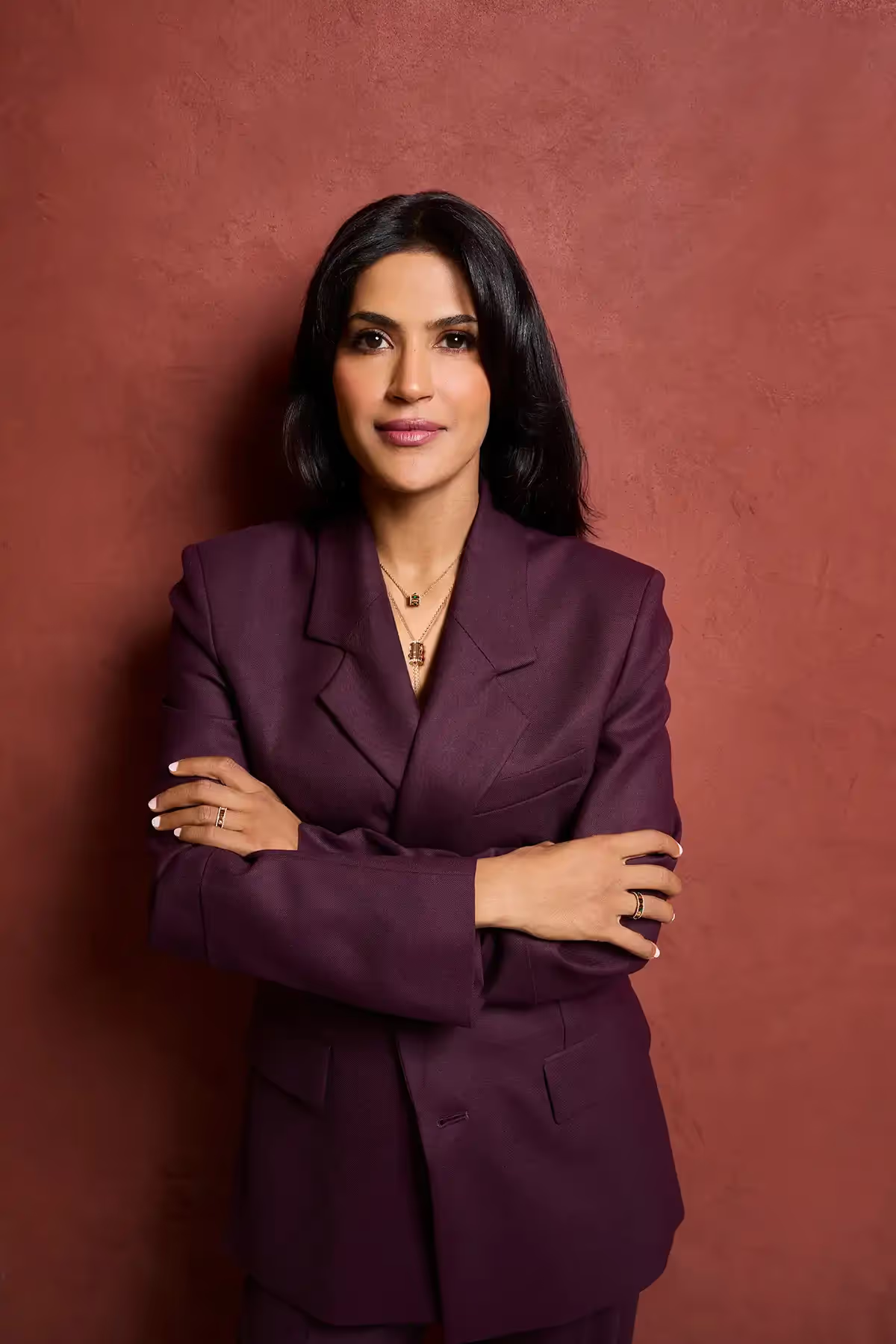

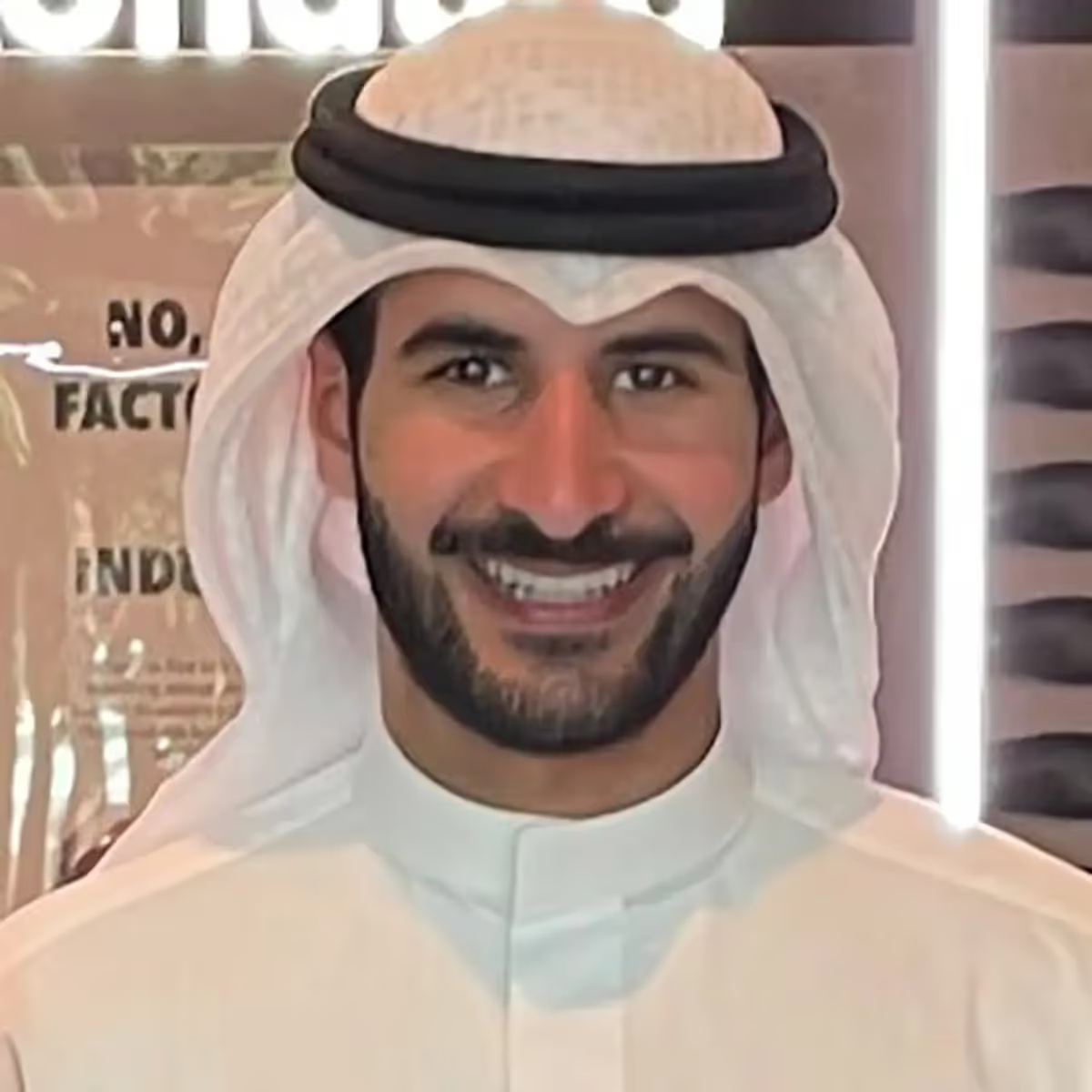
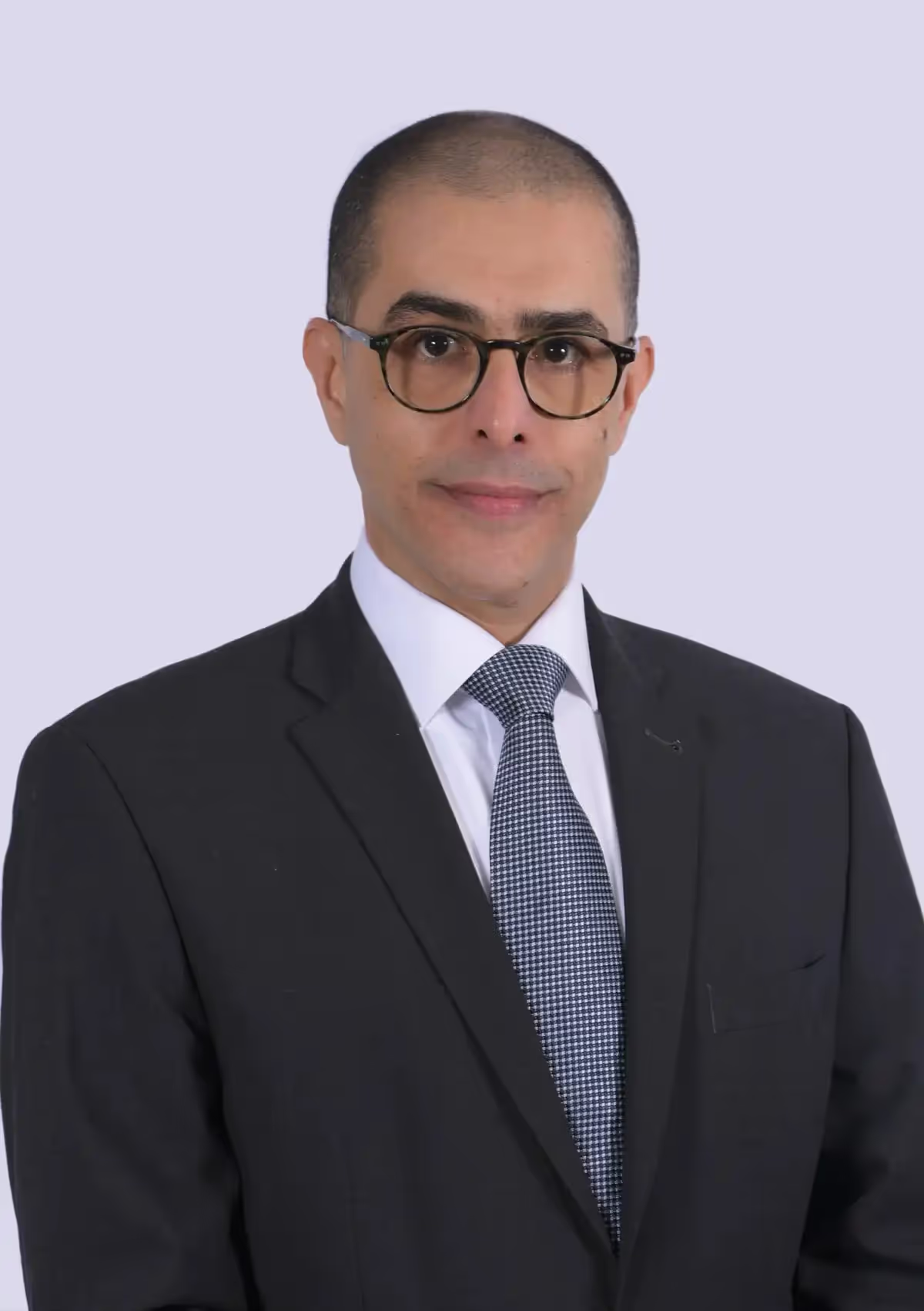

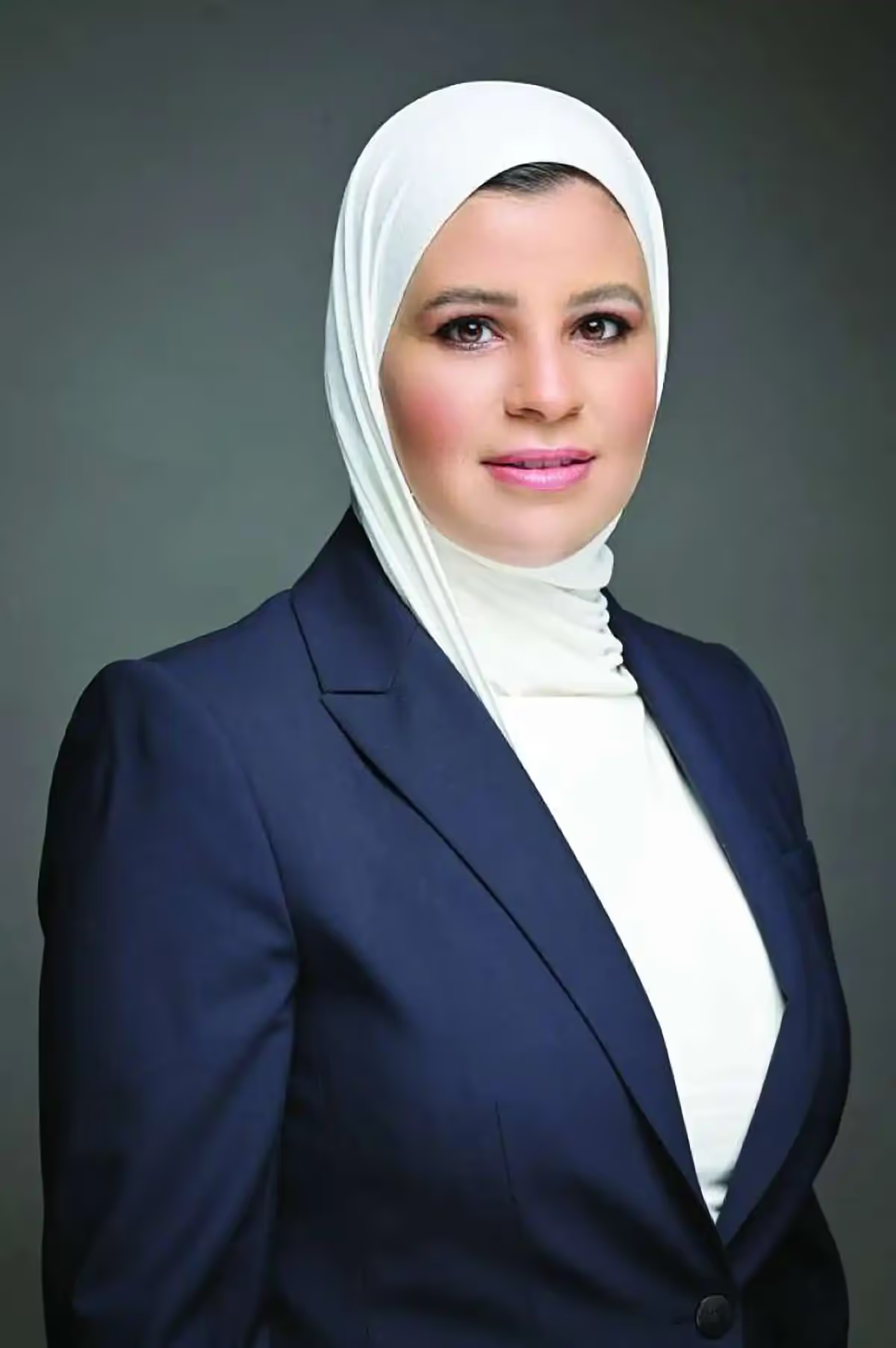


.avif)
